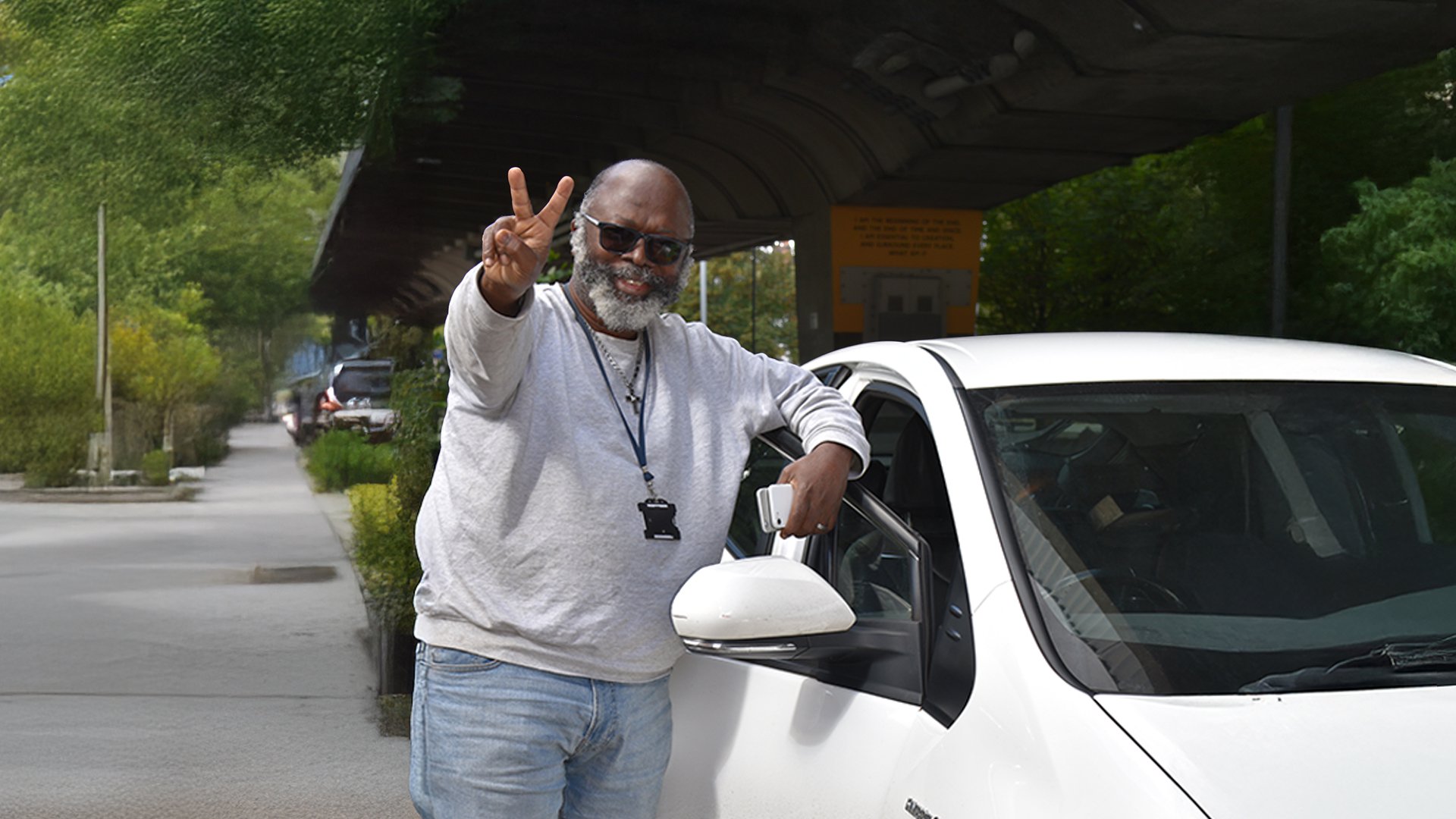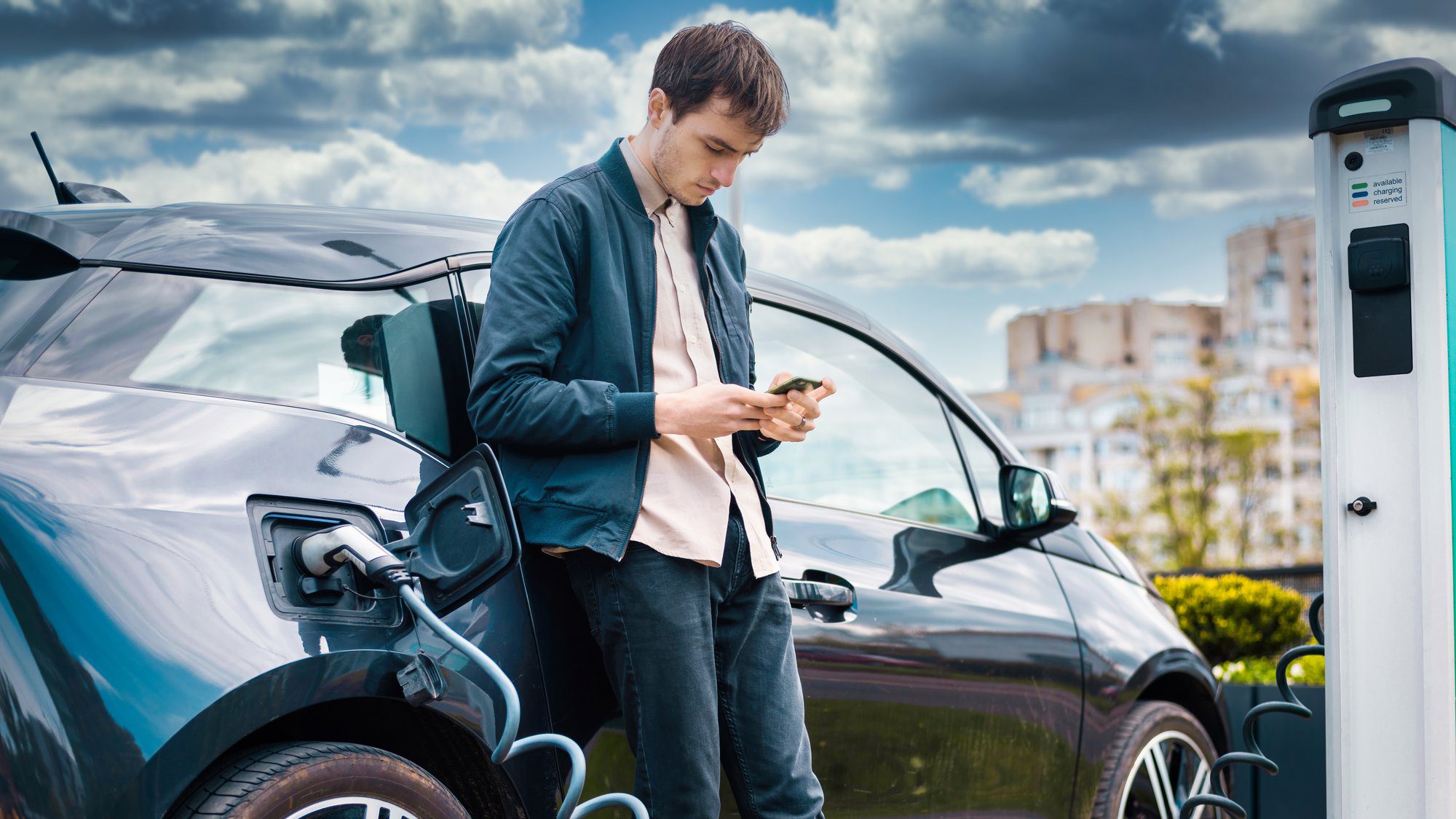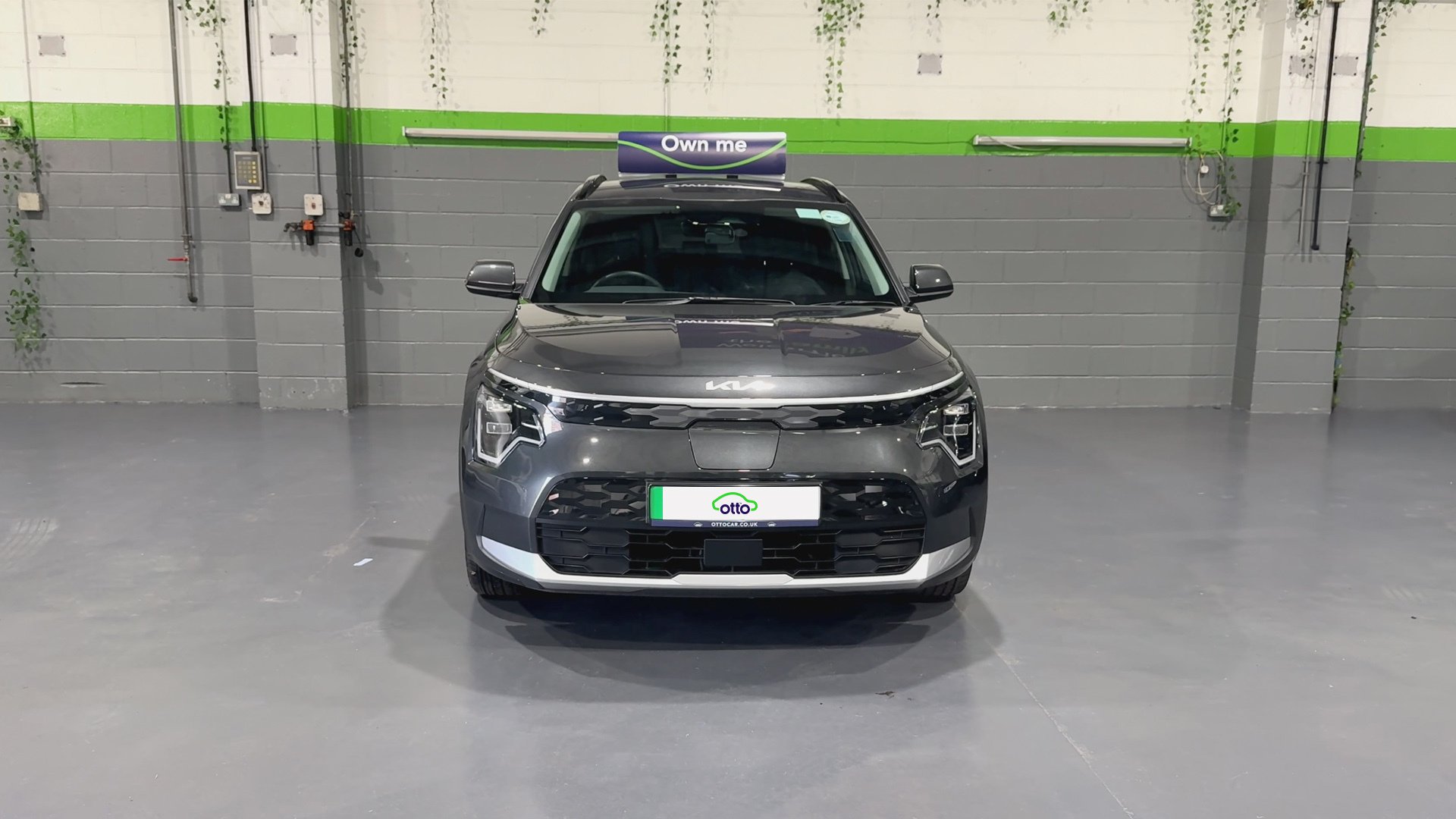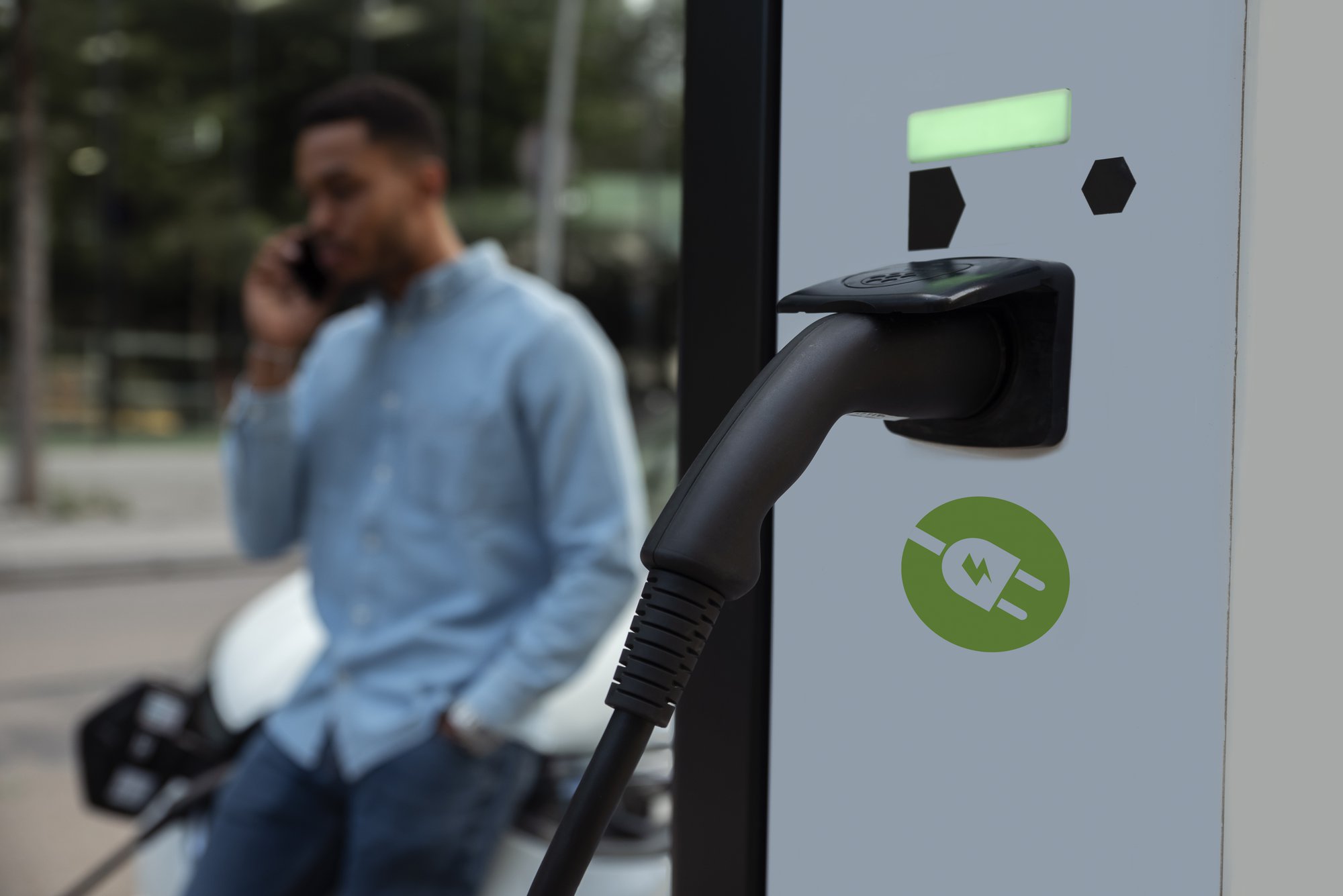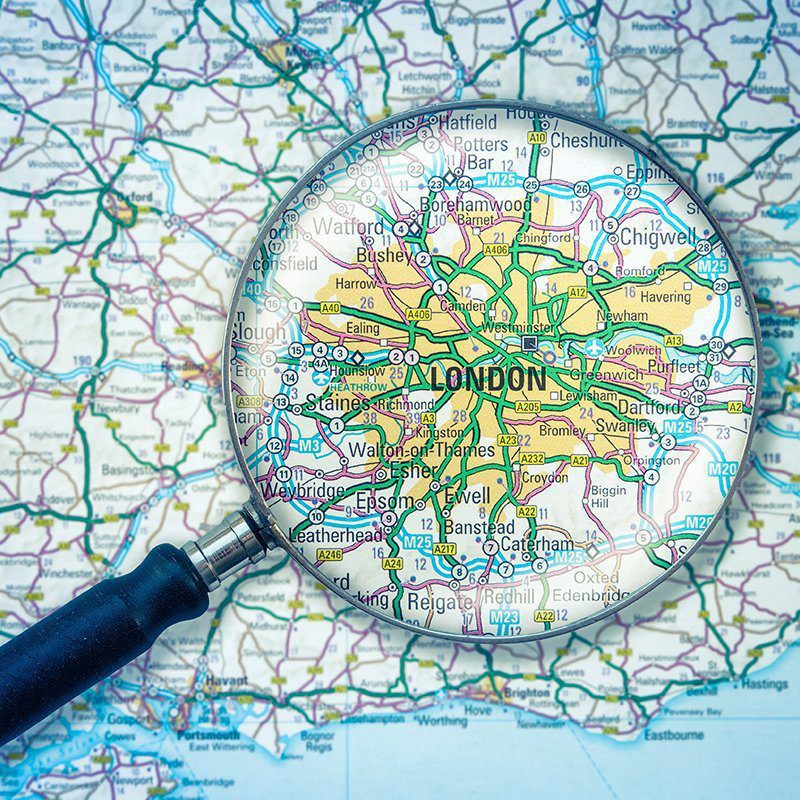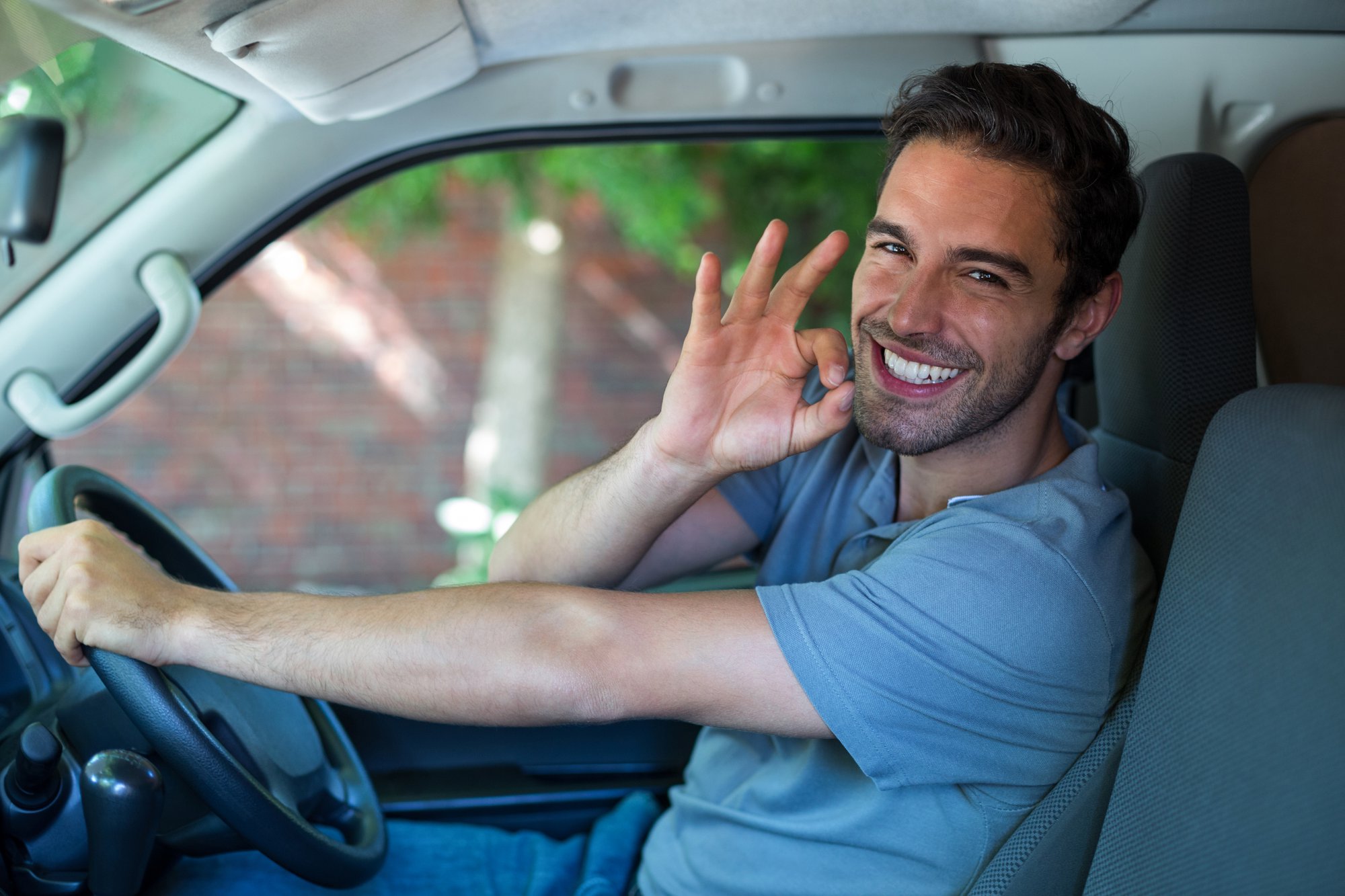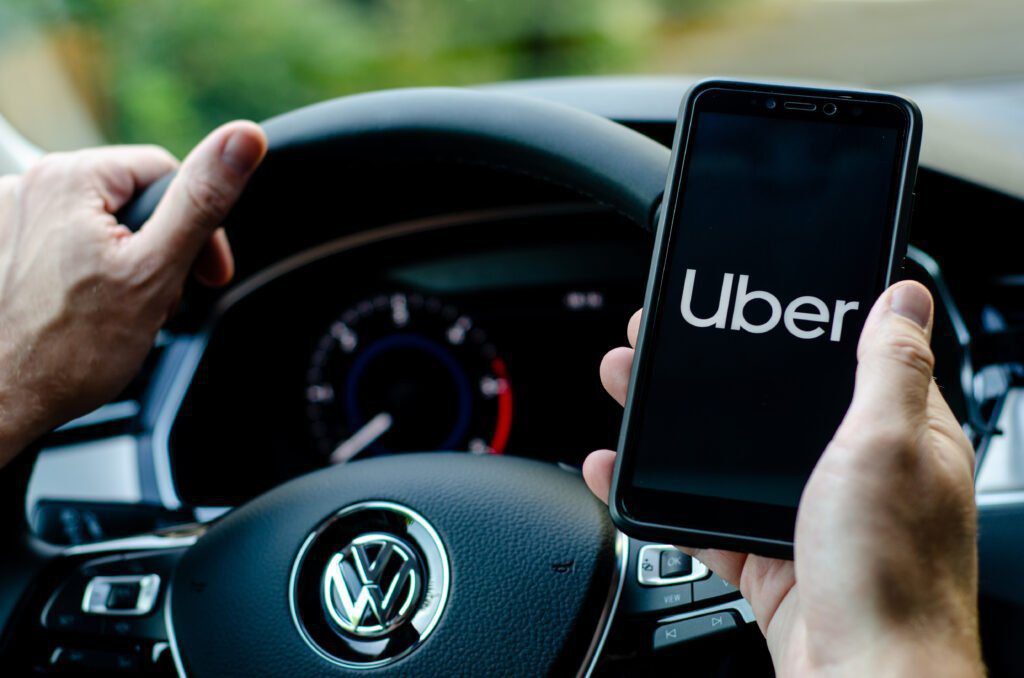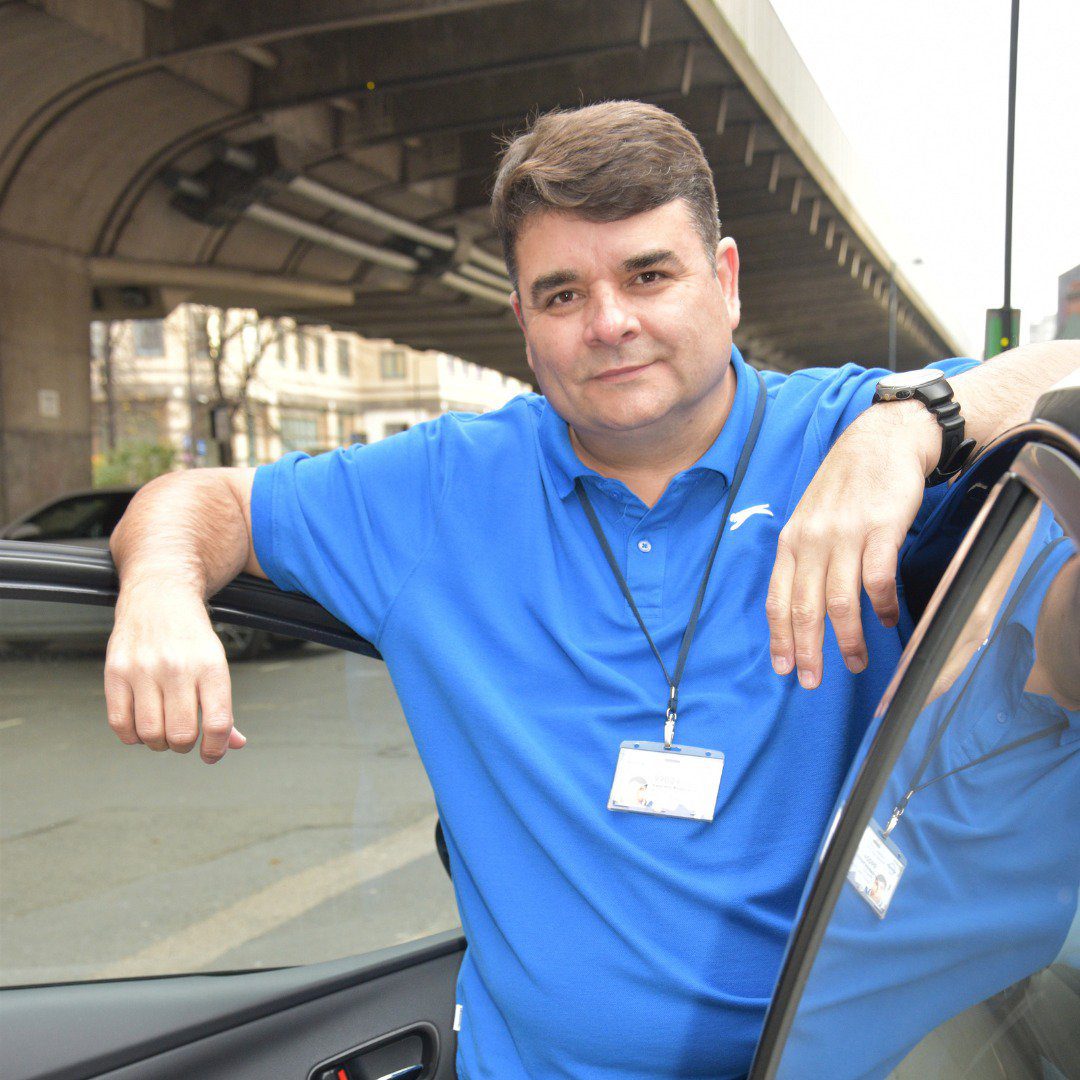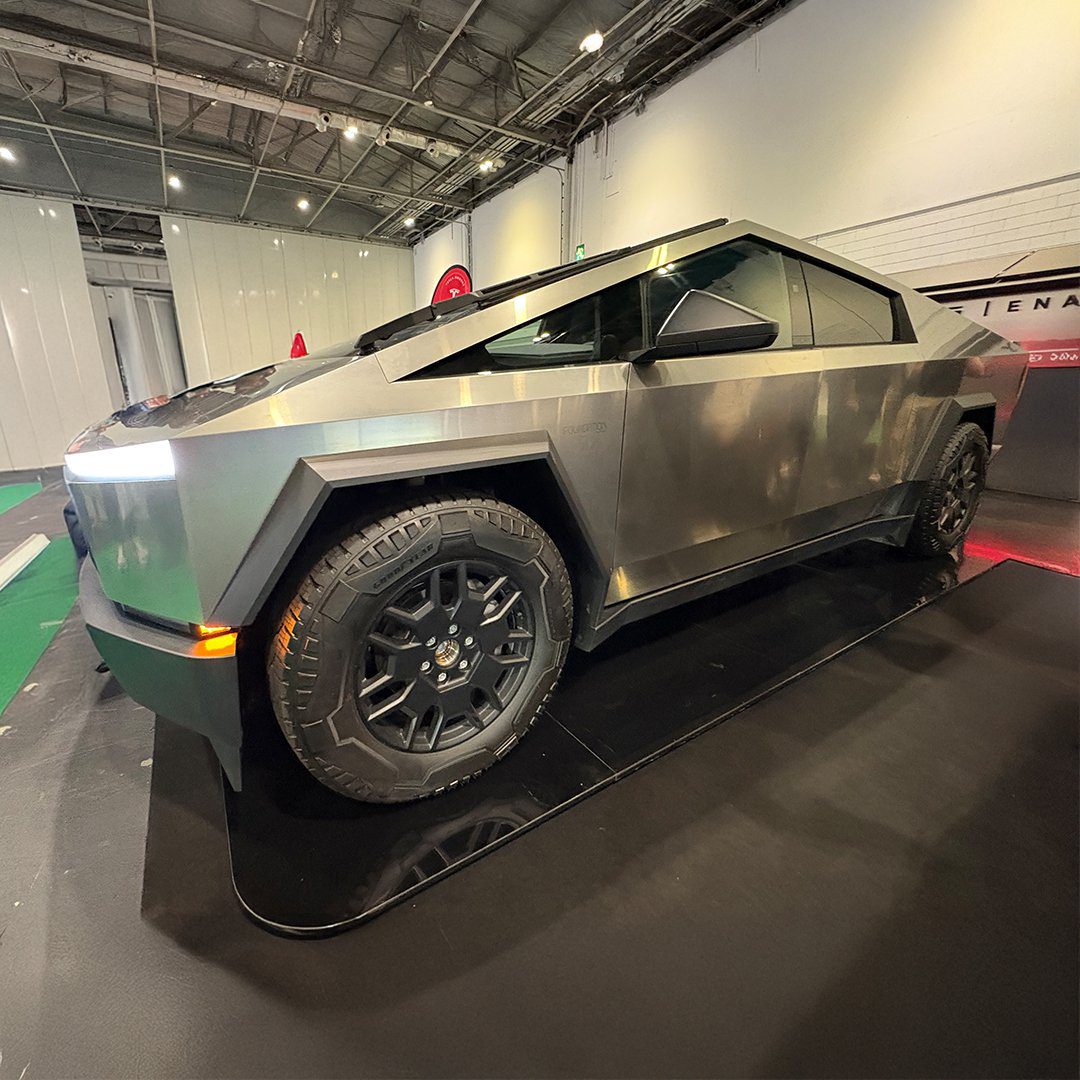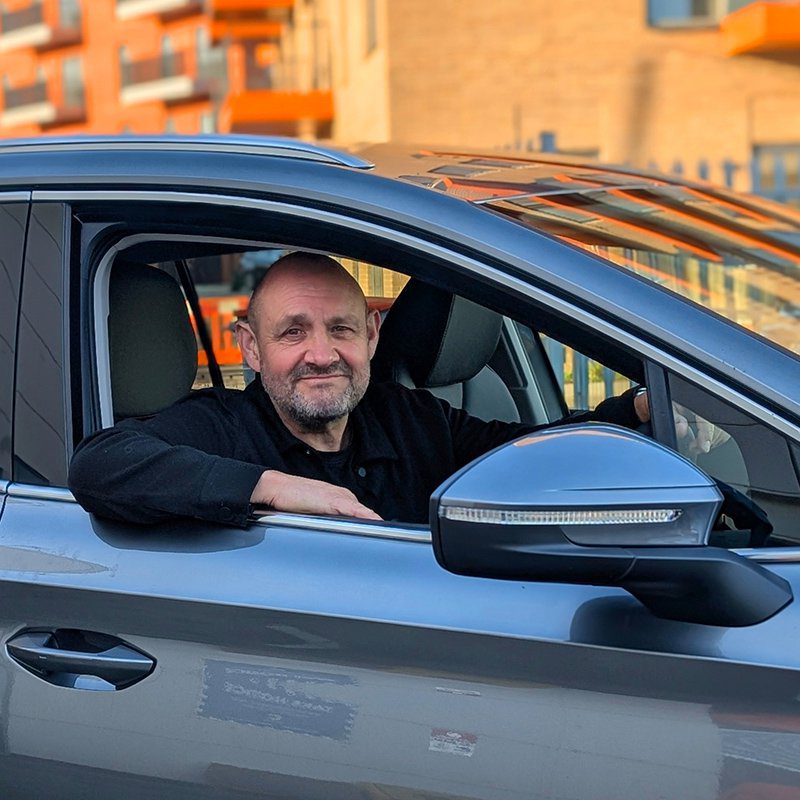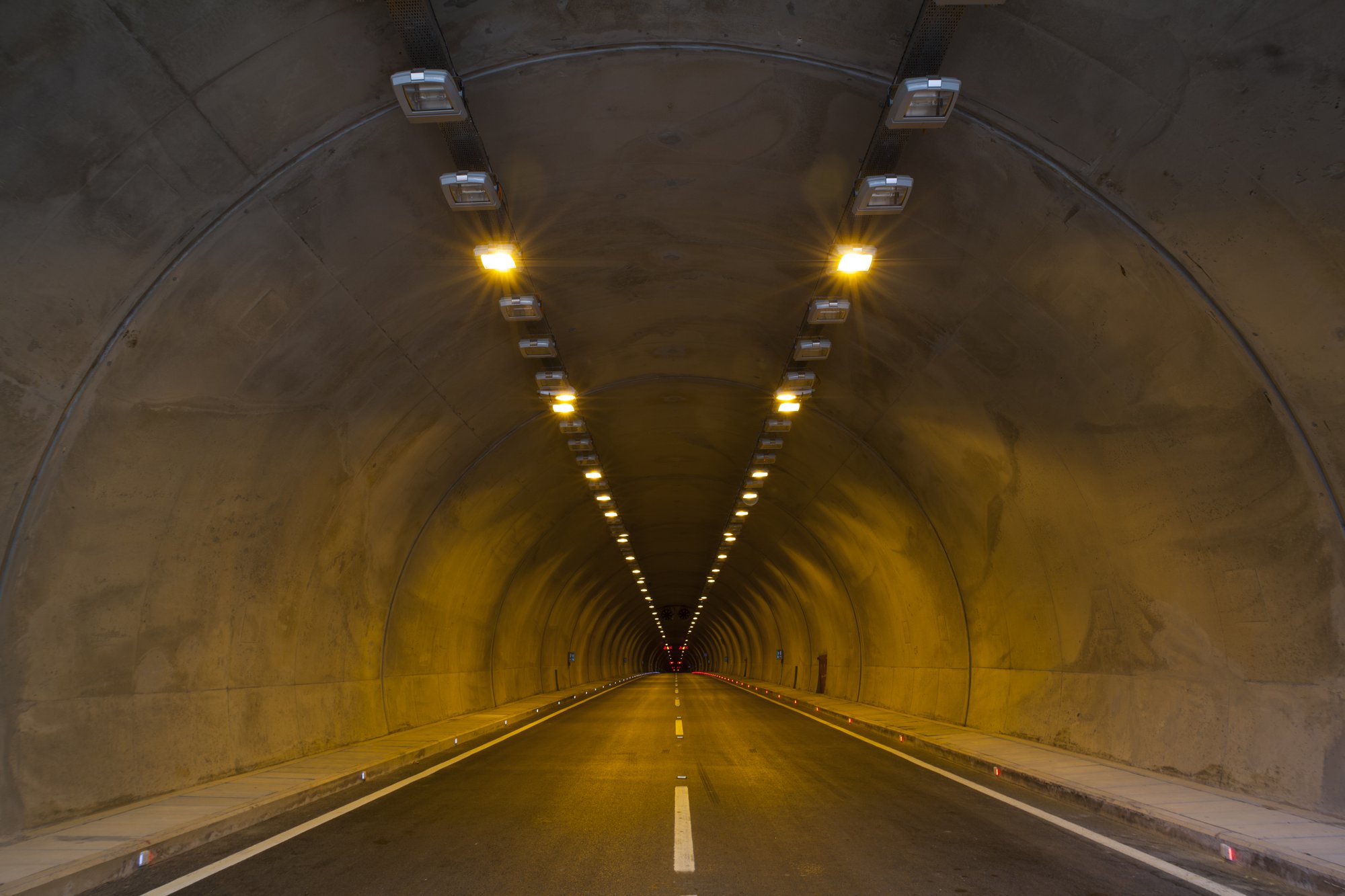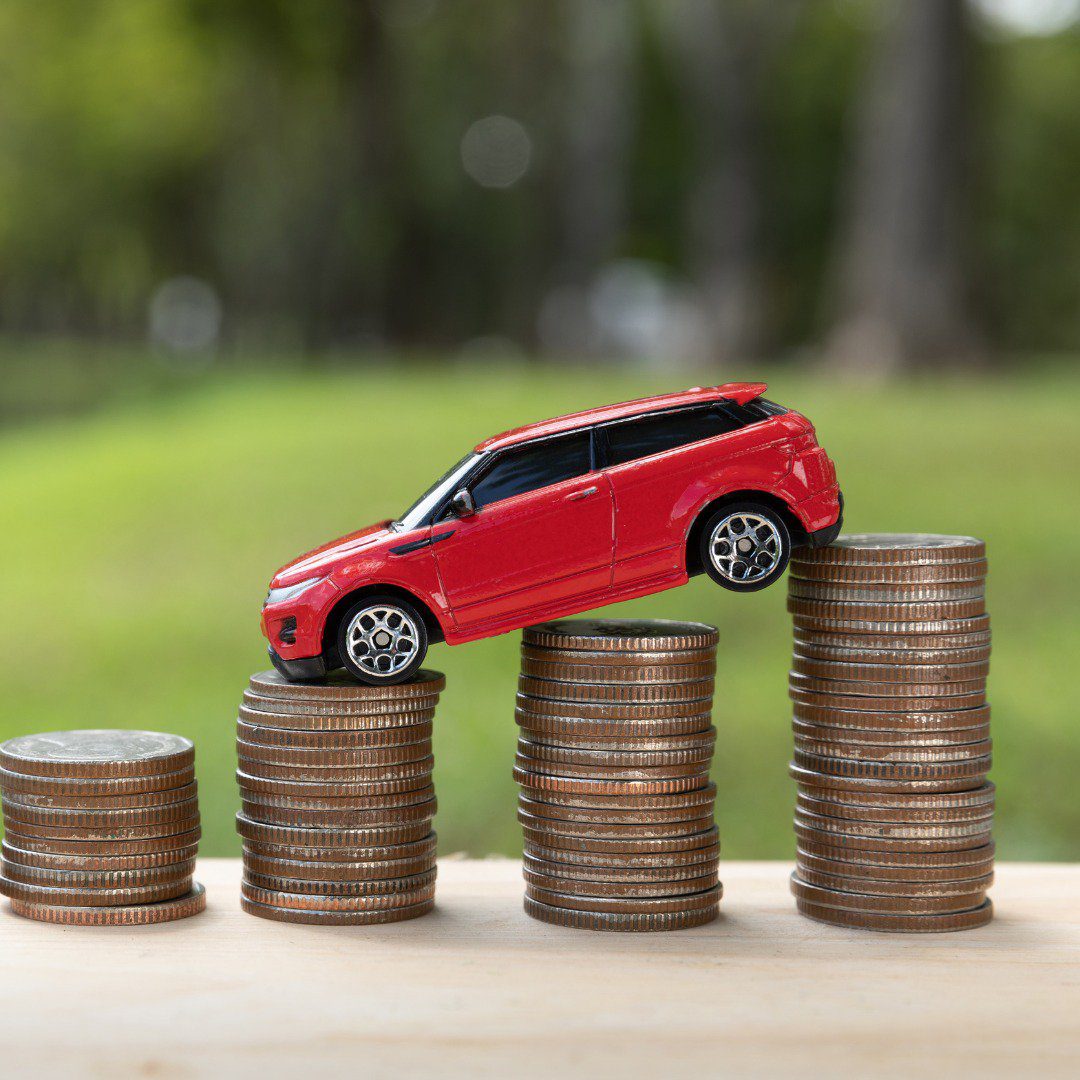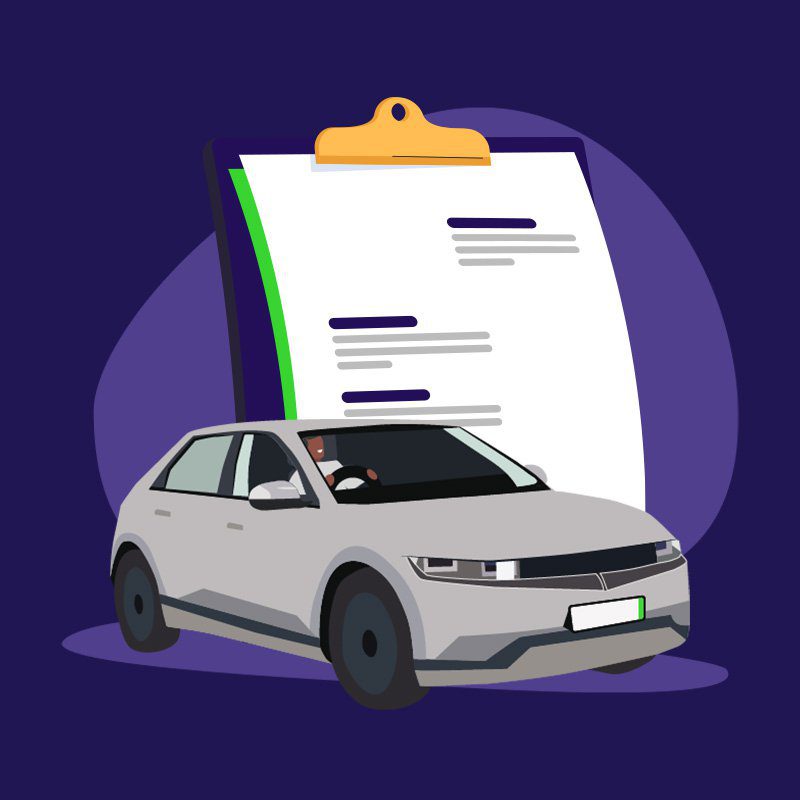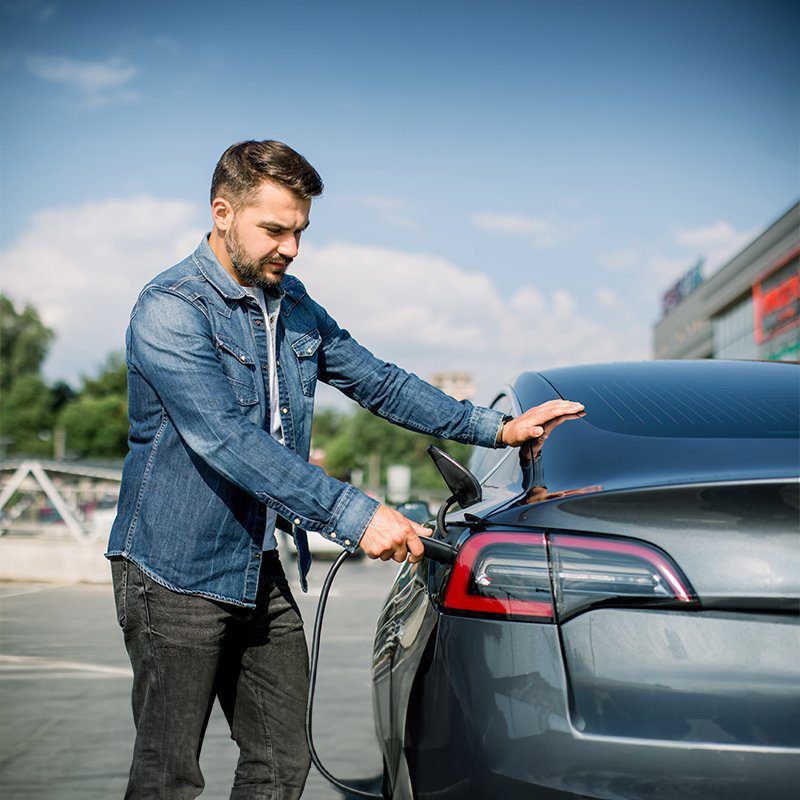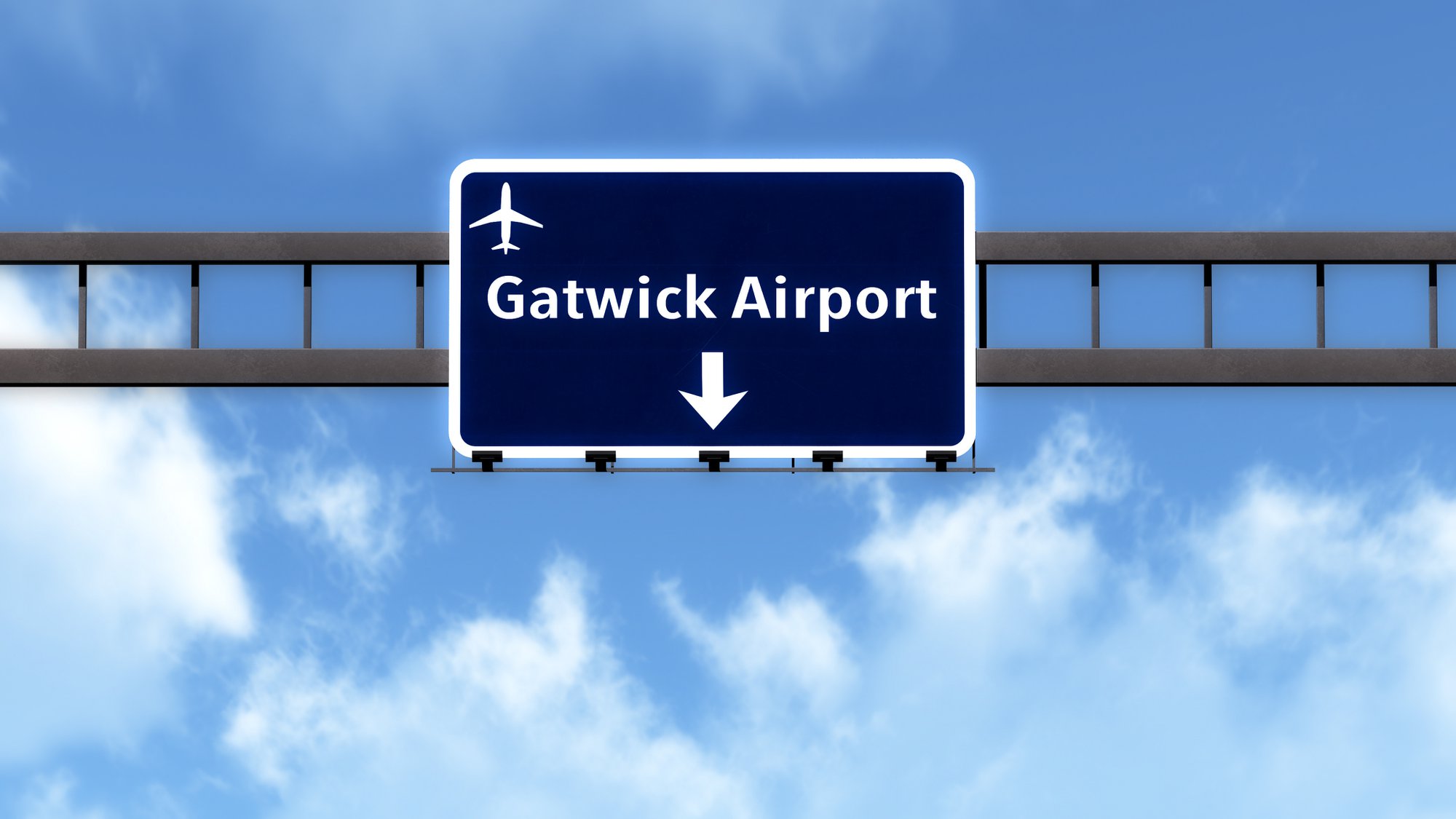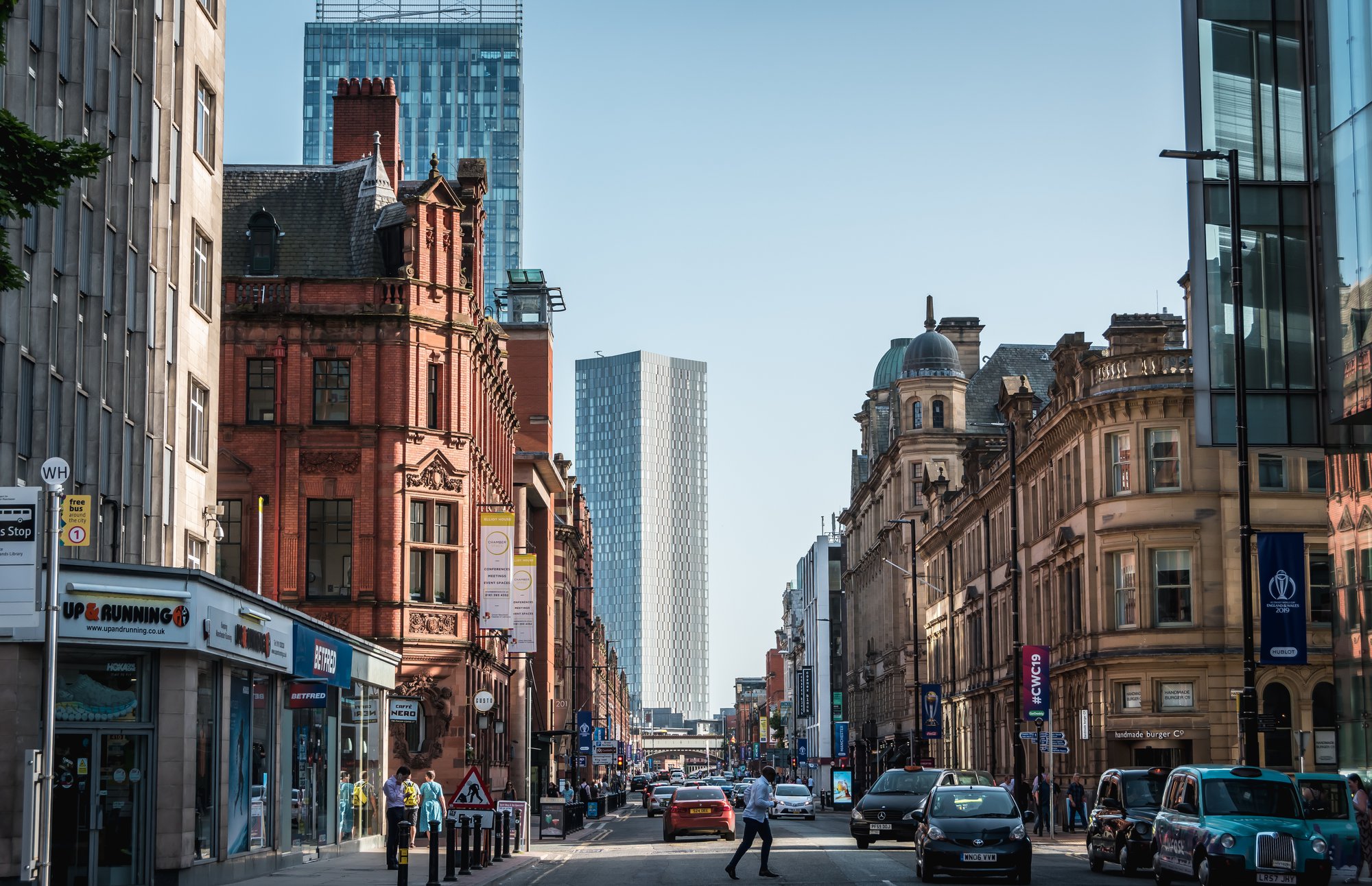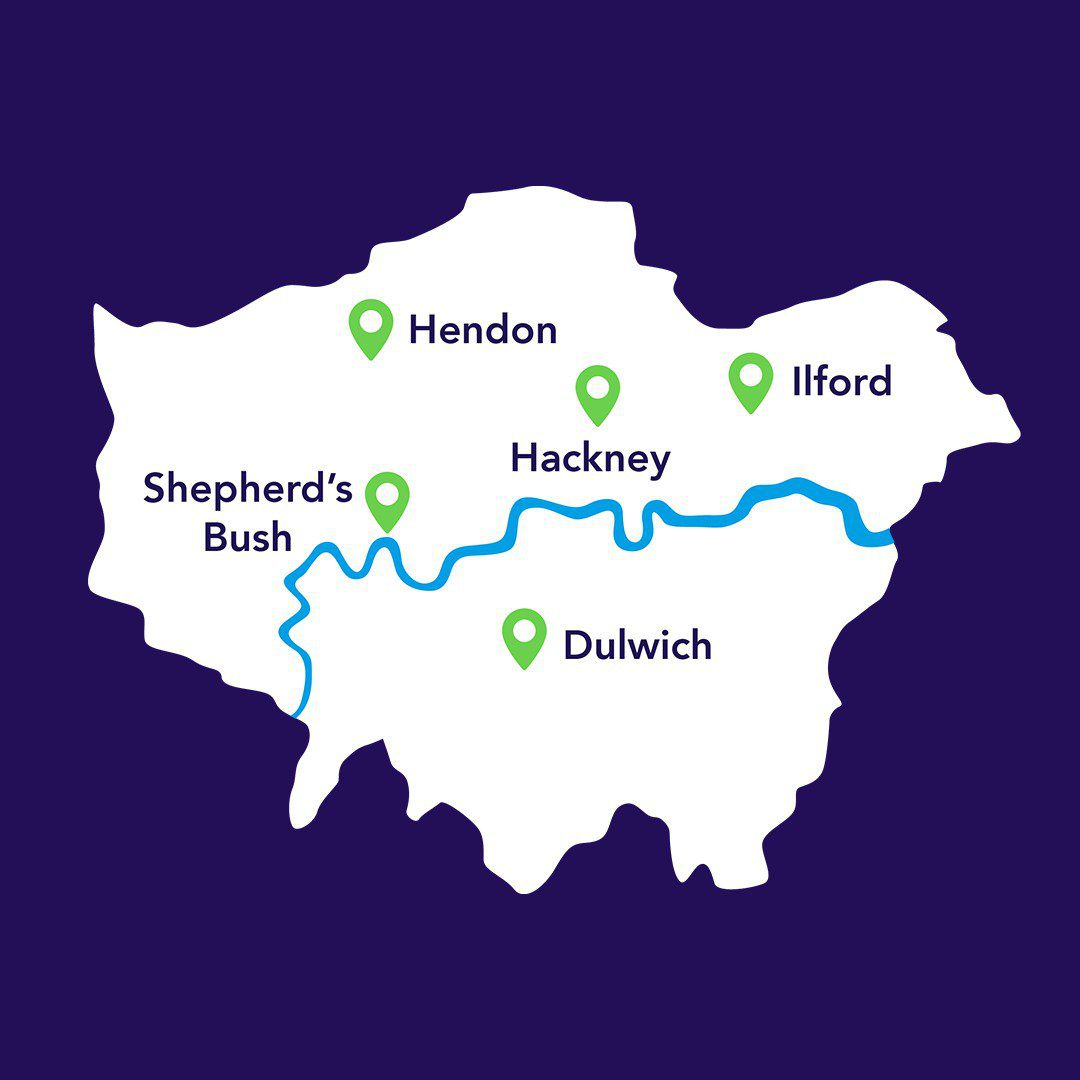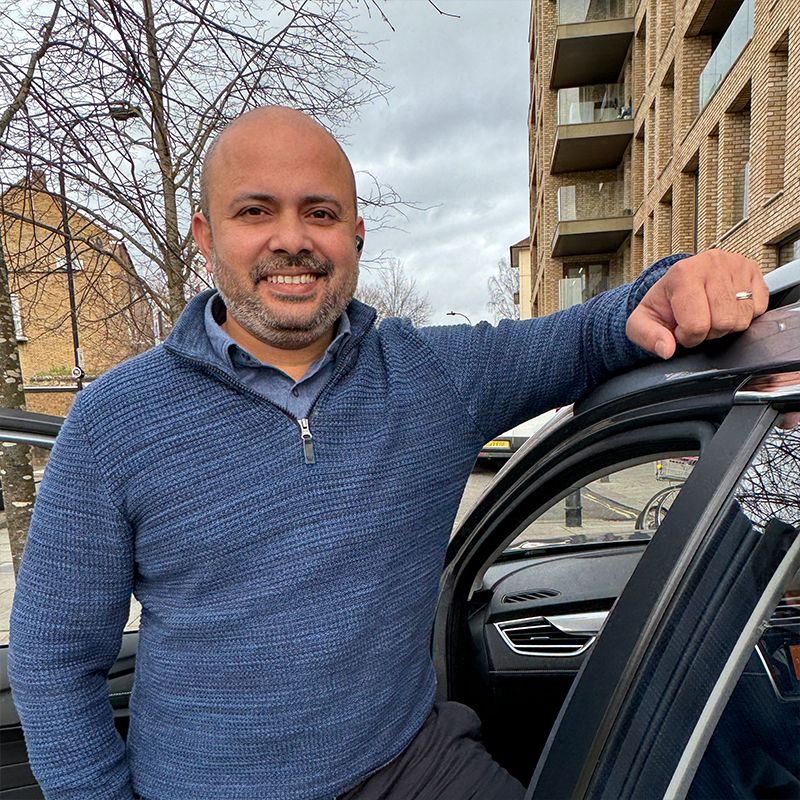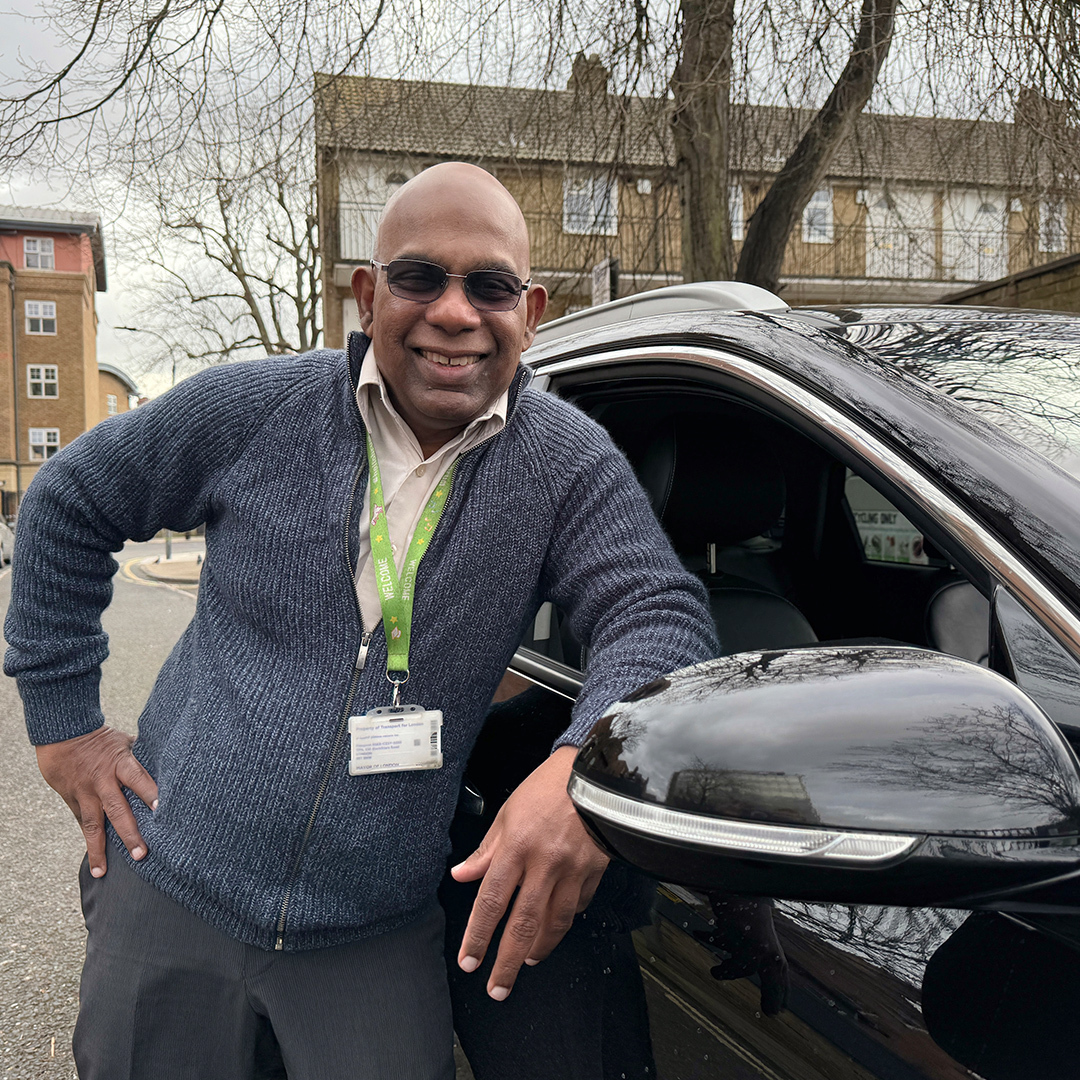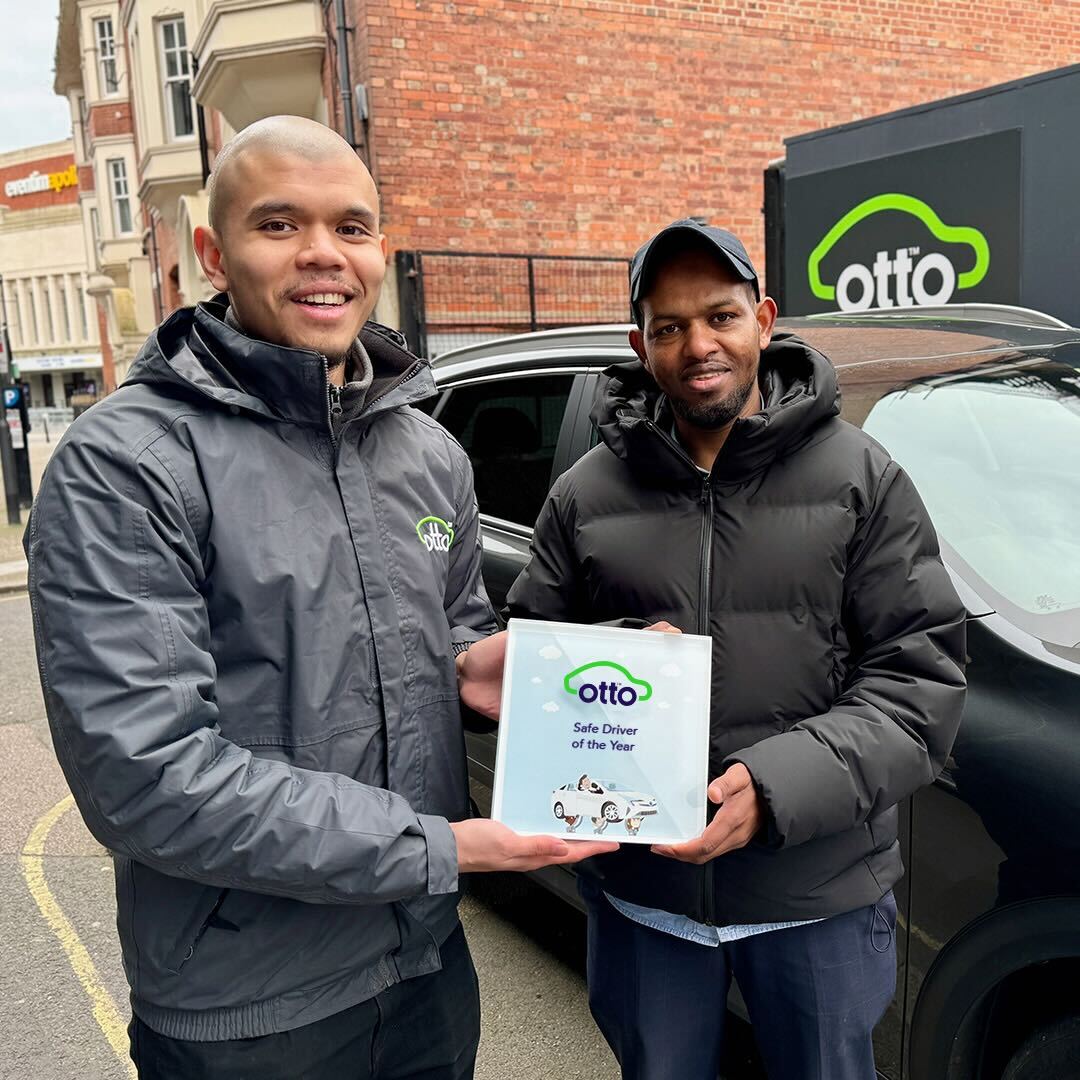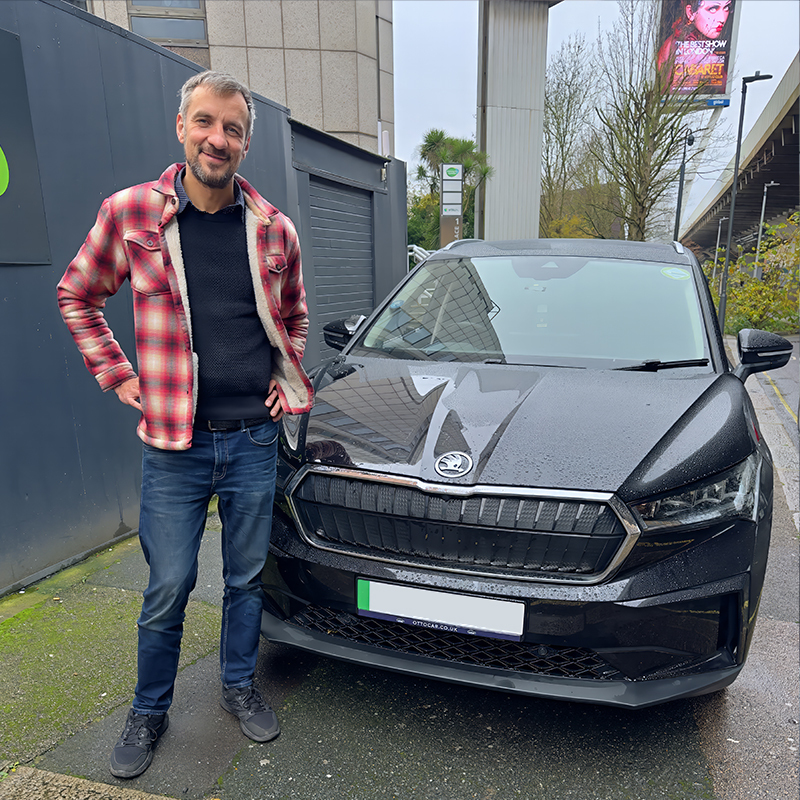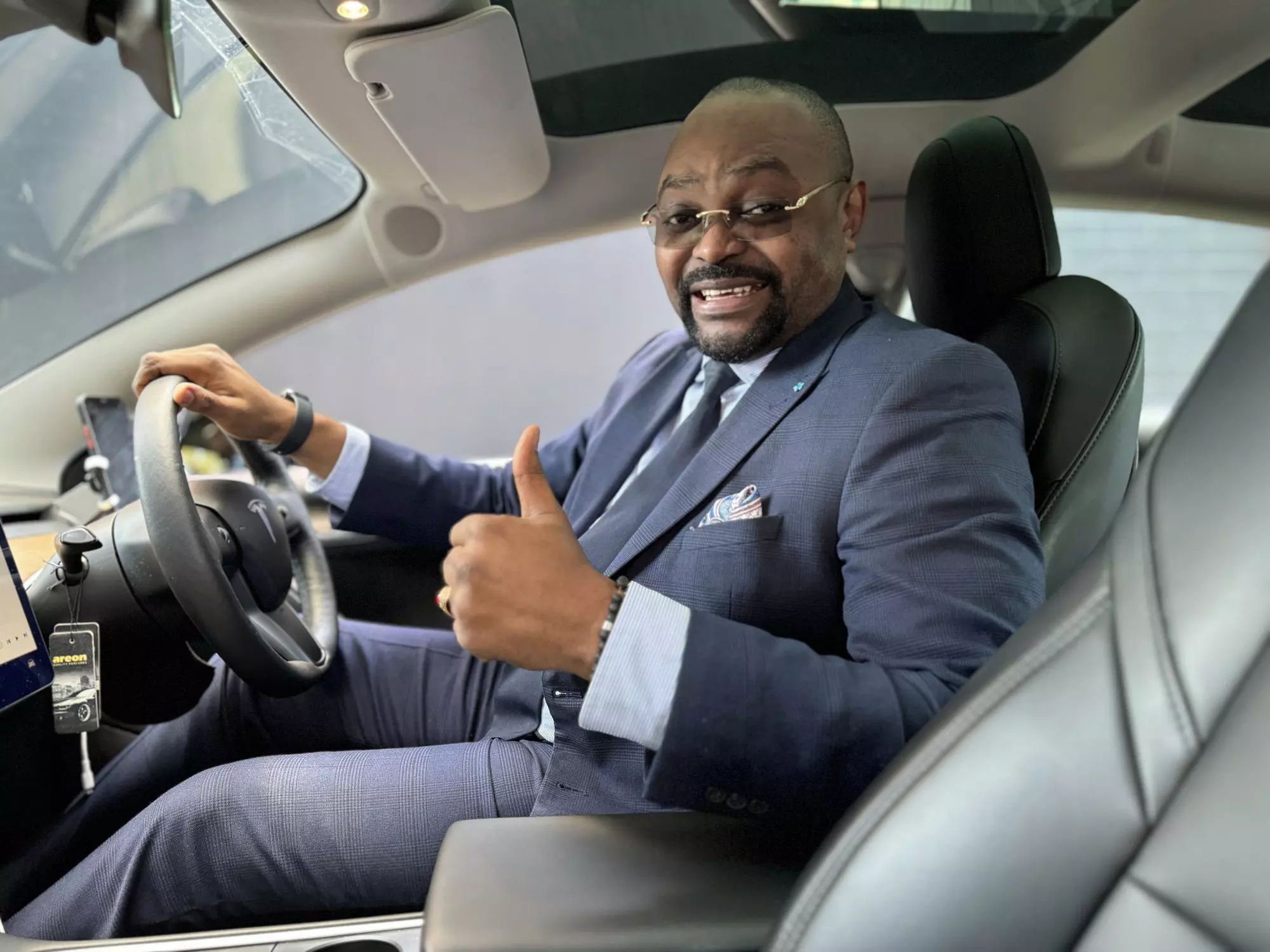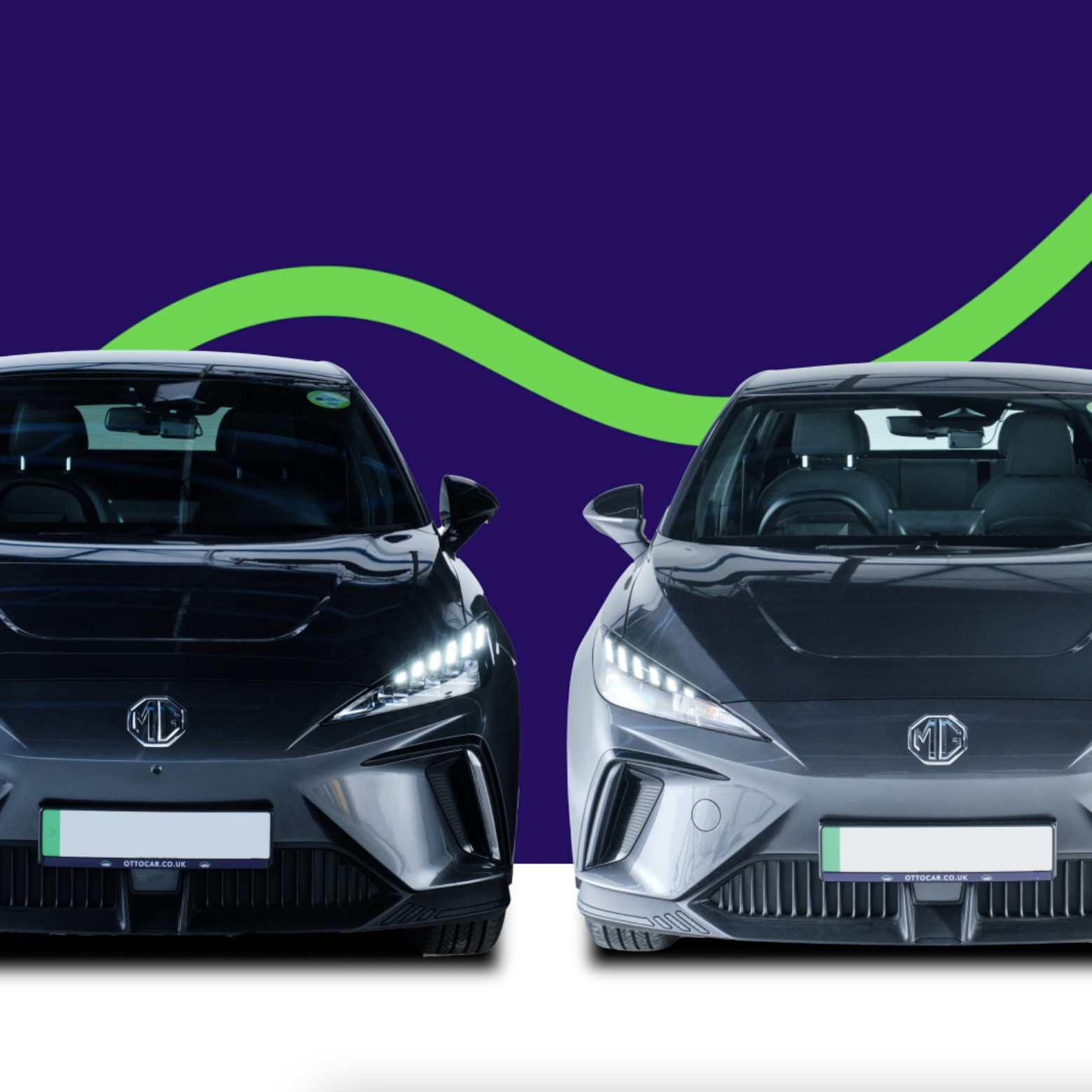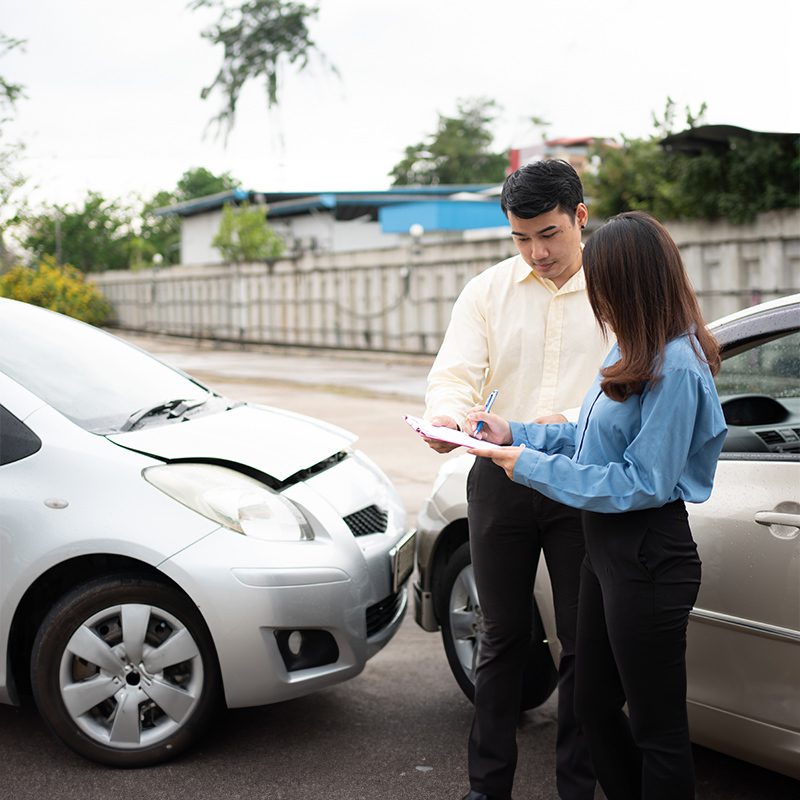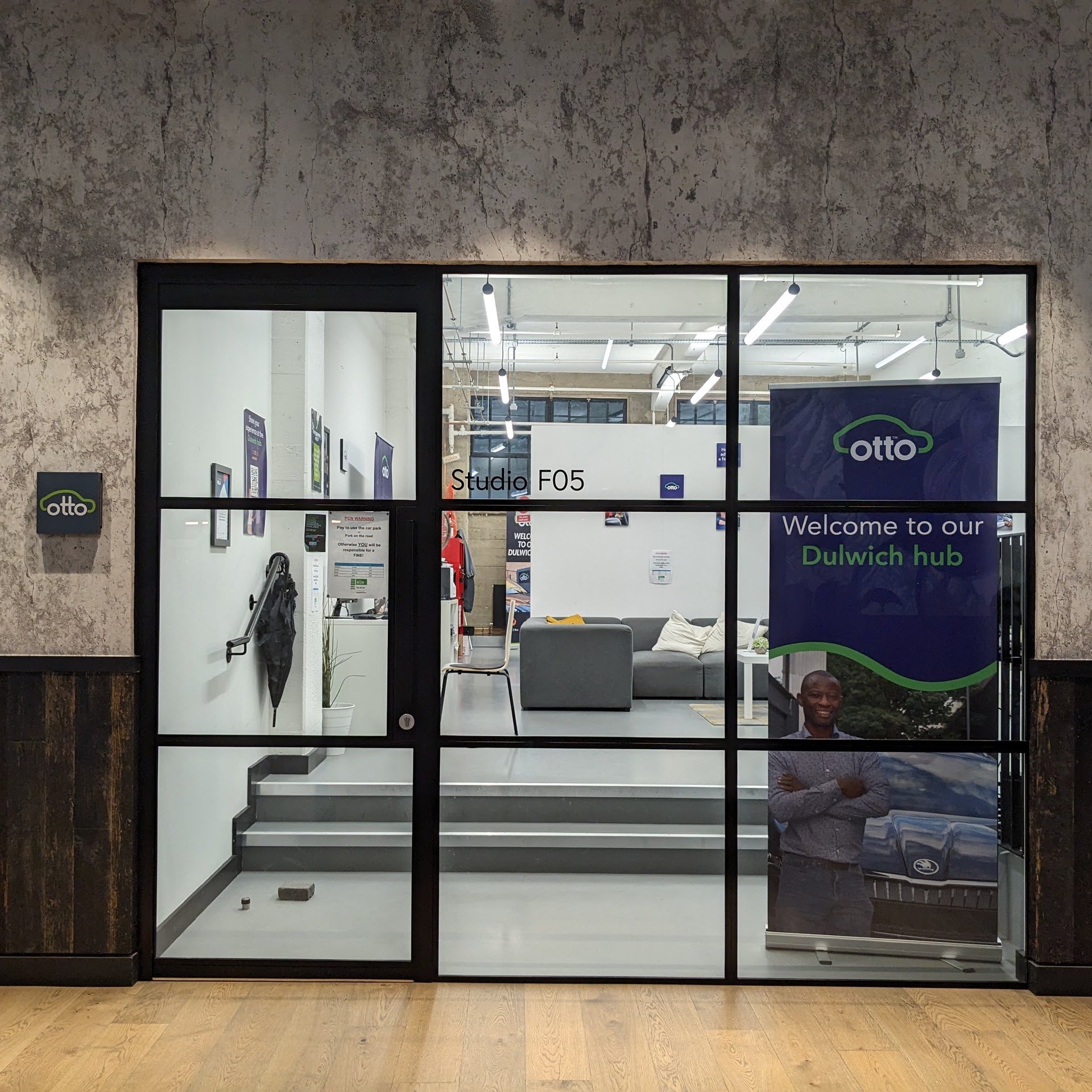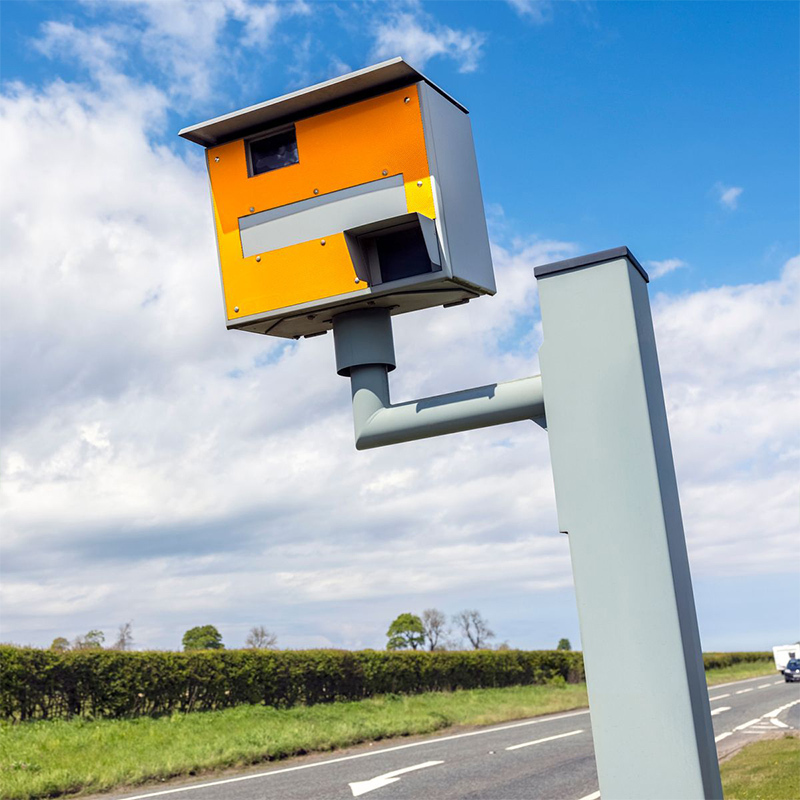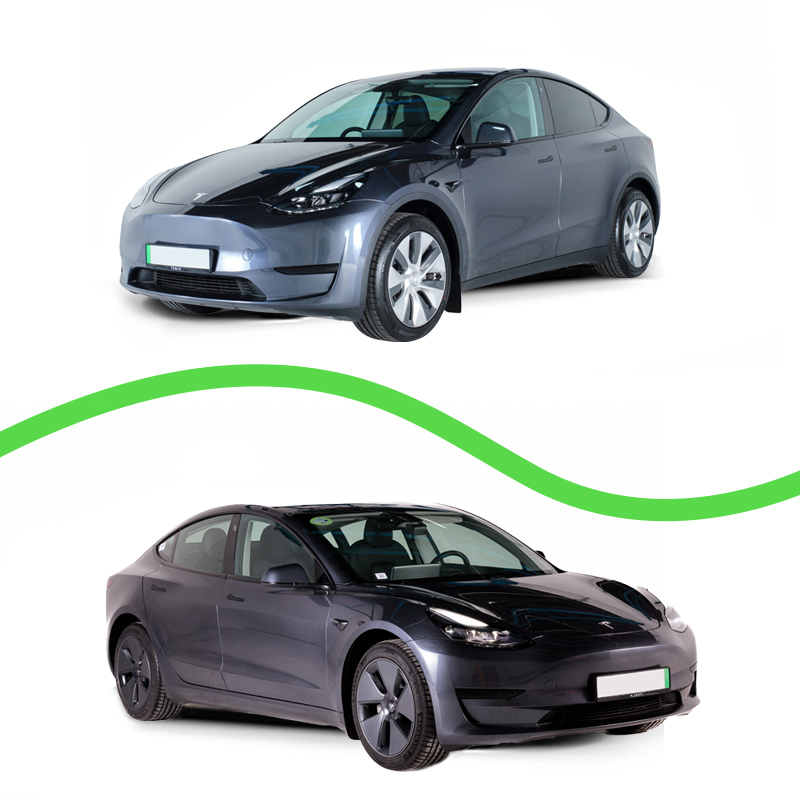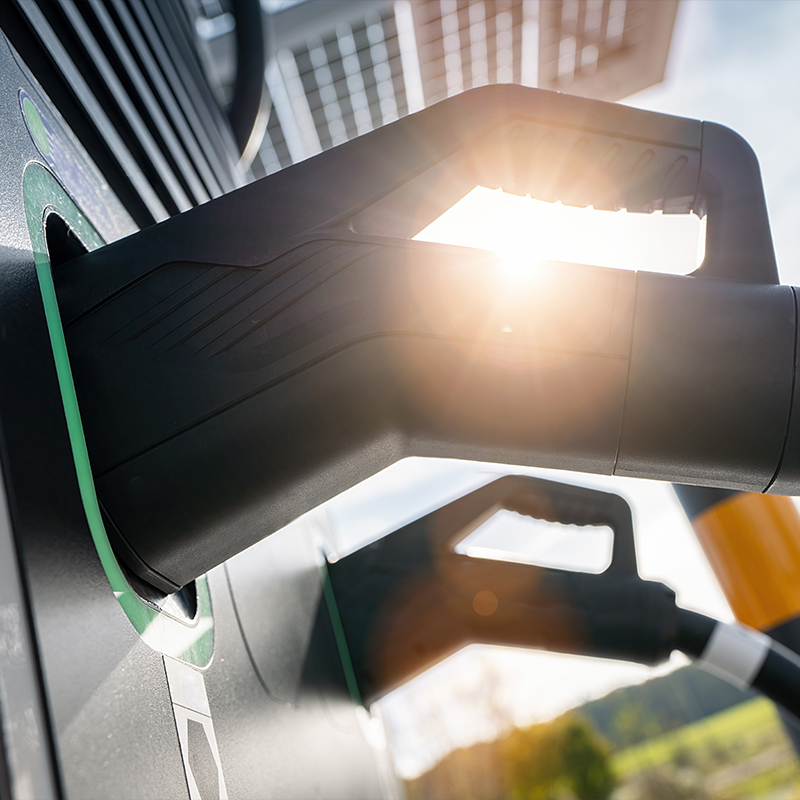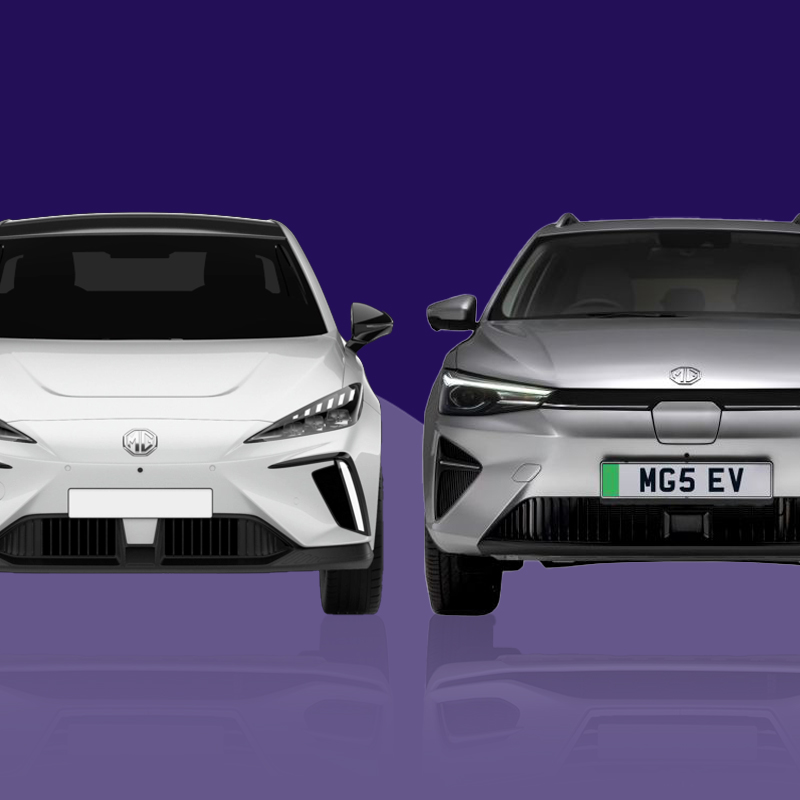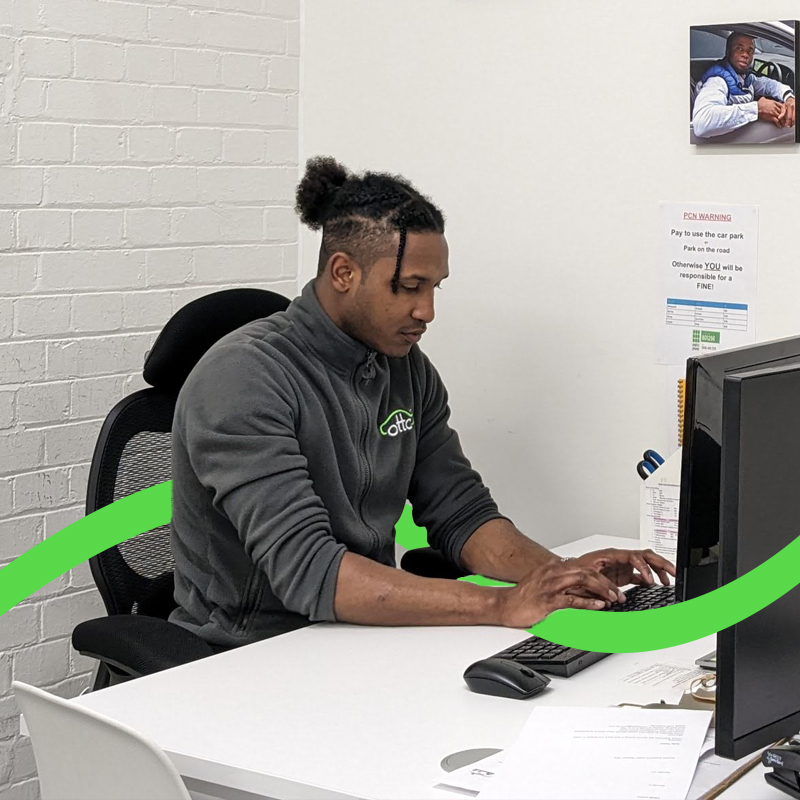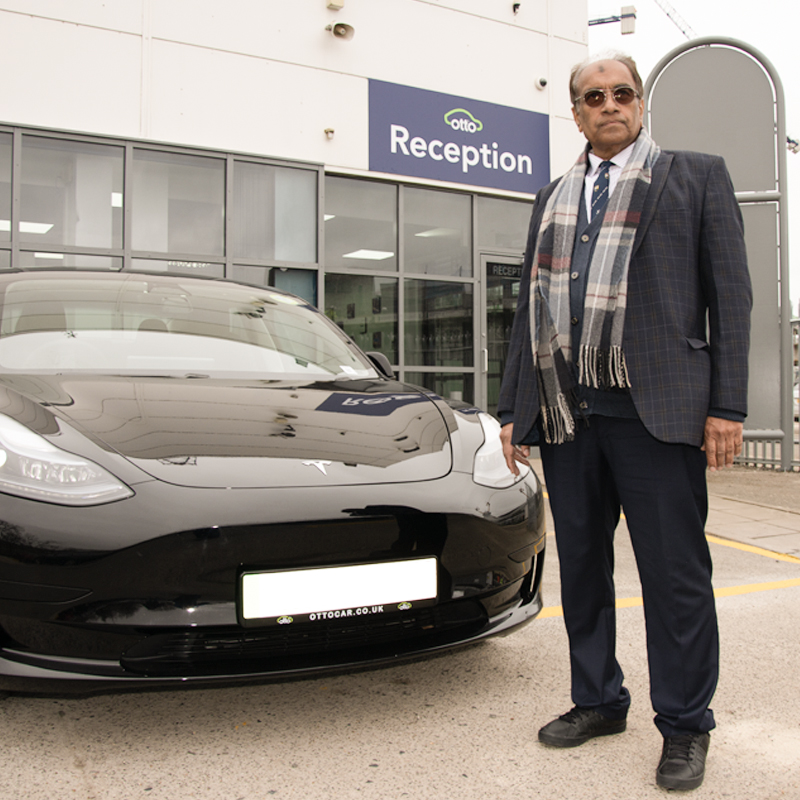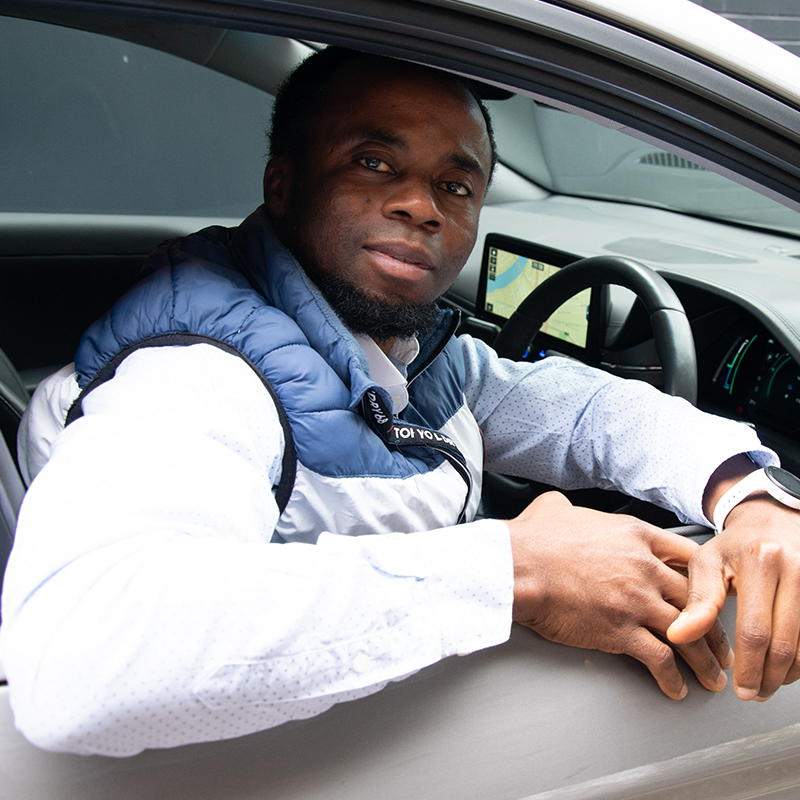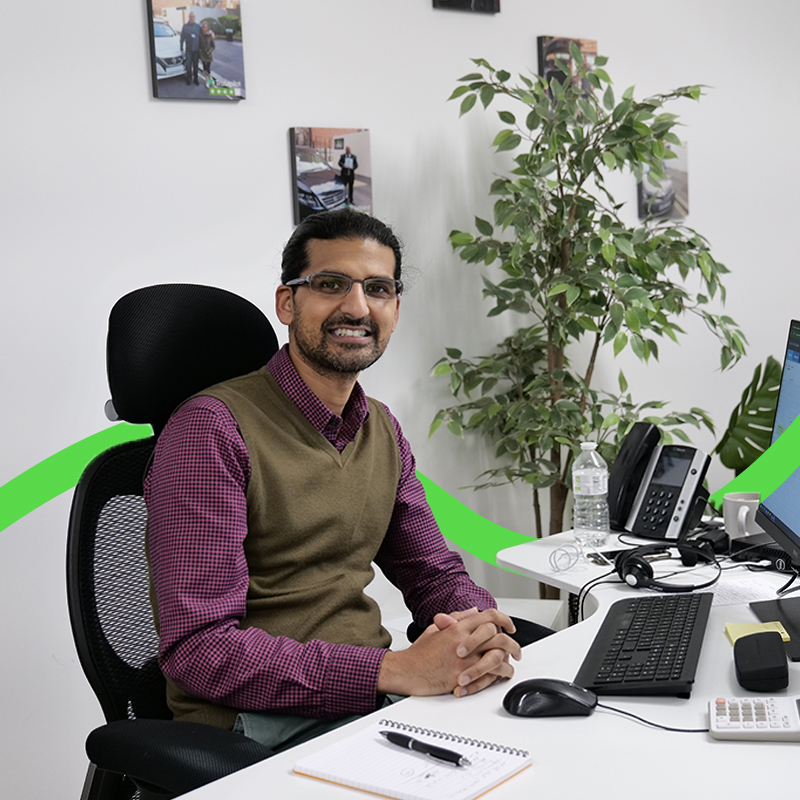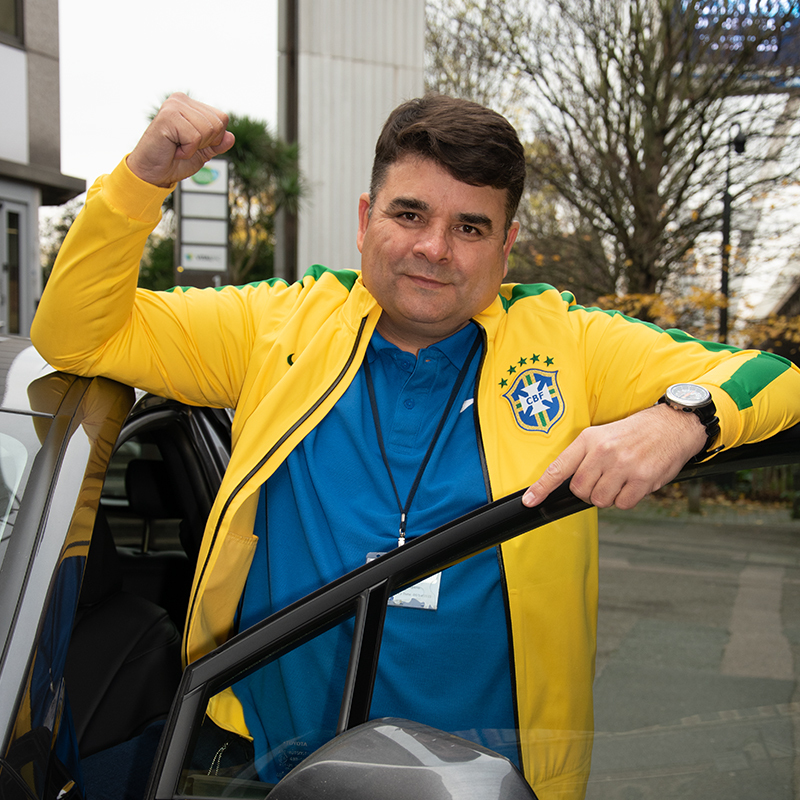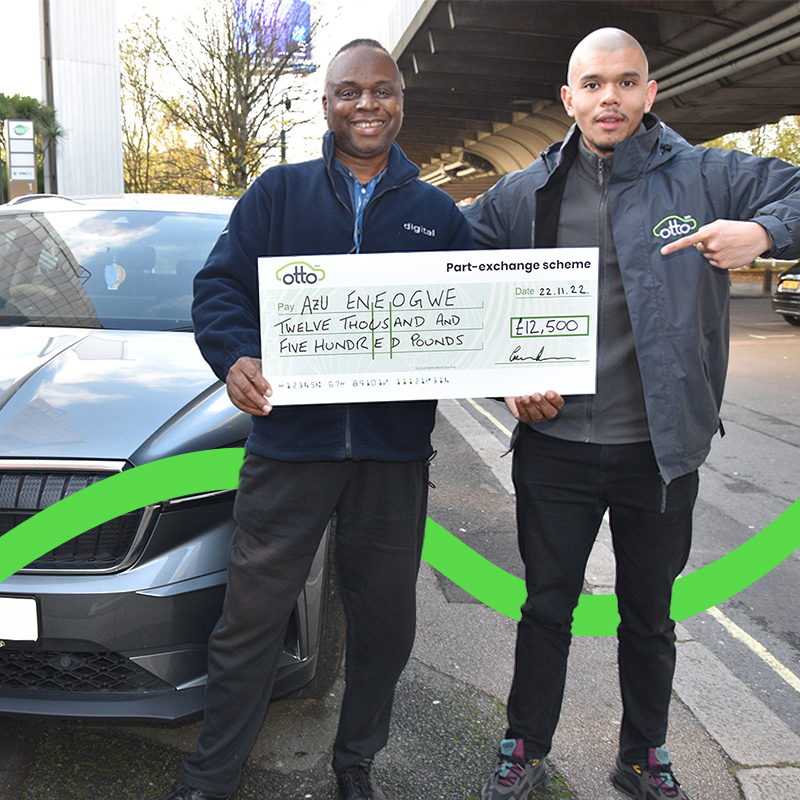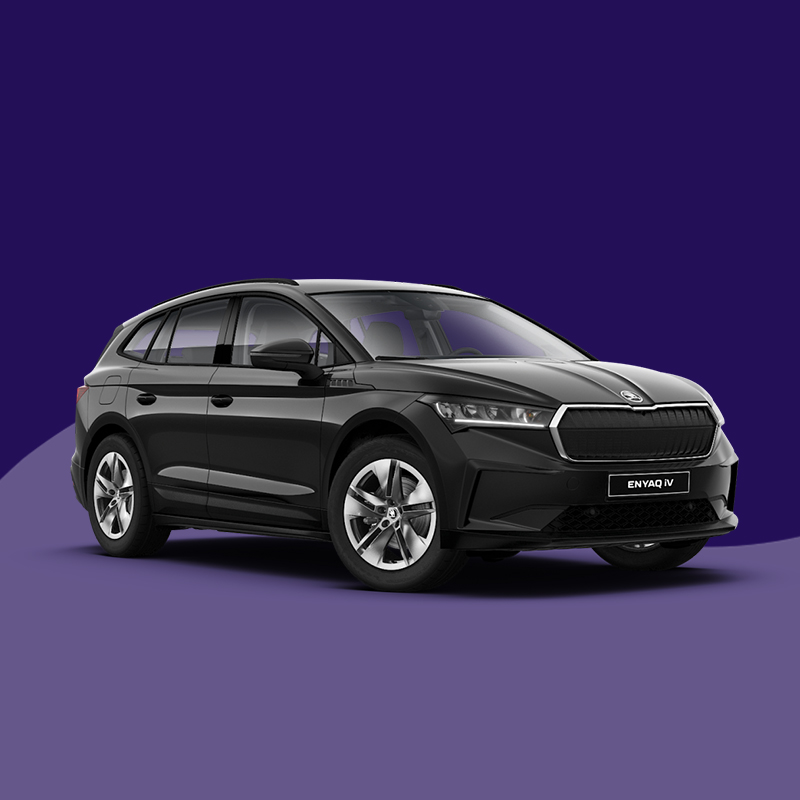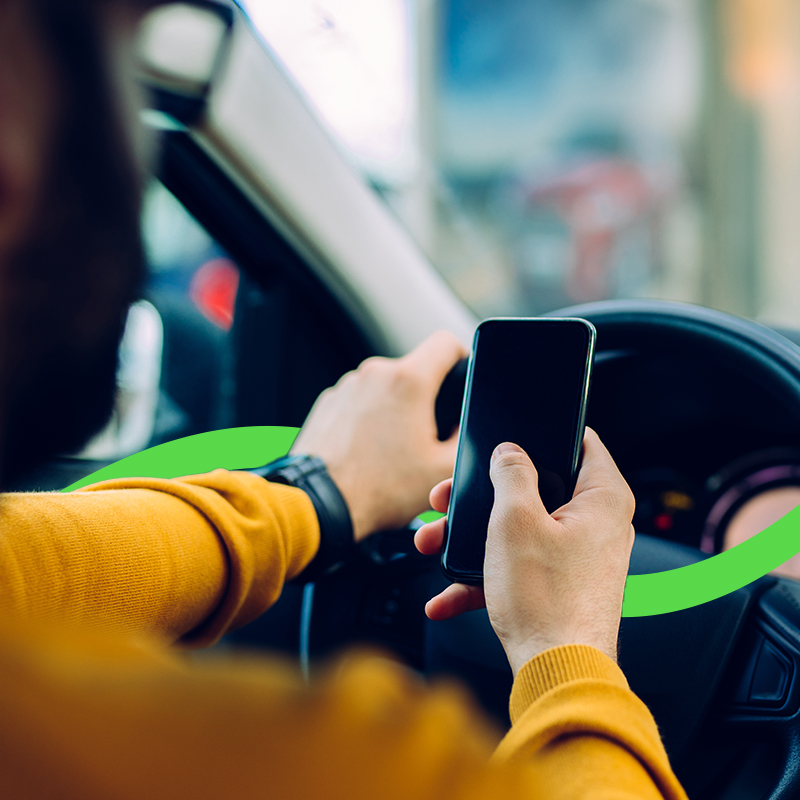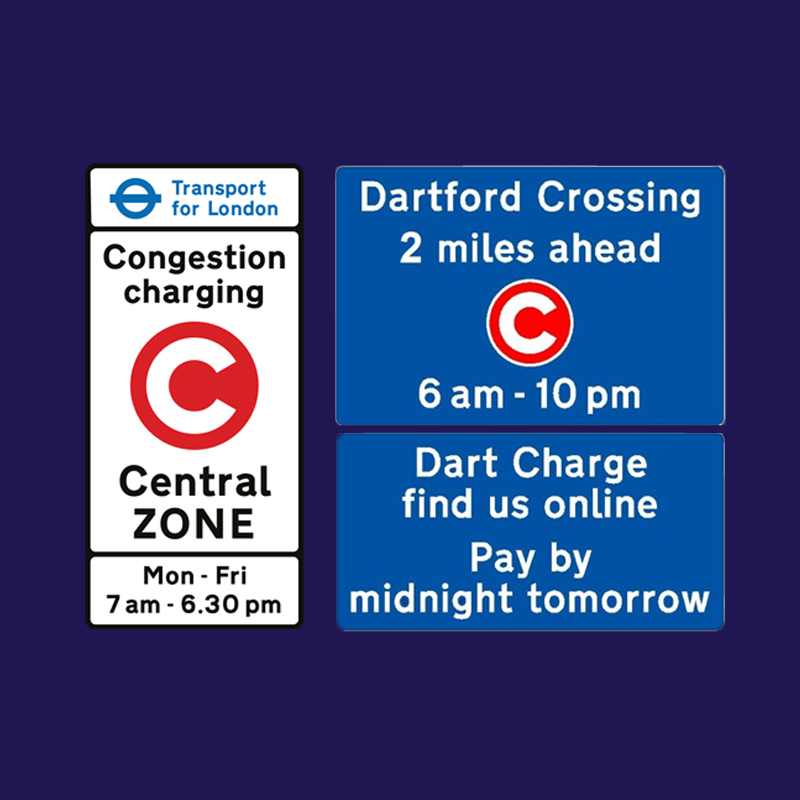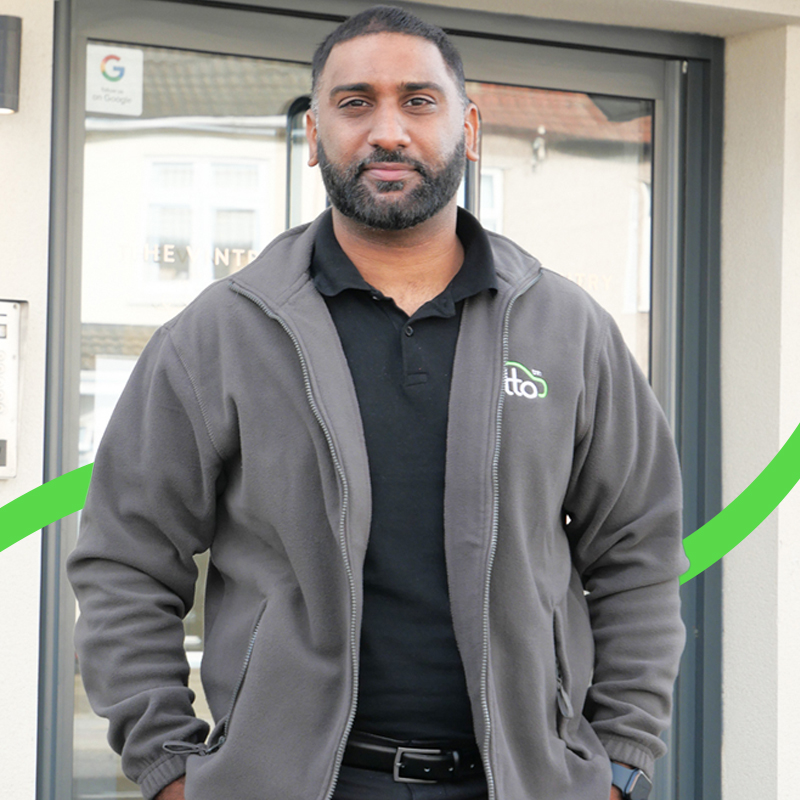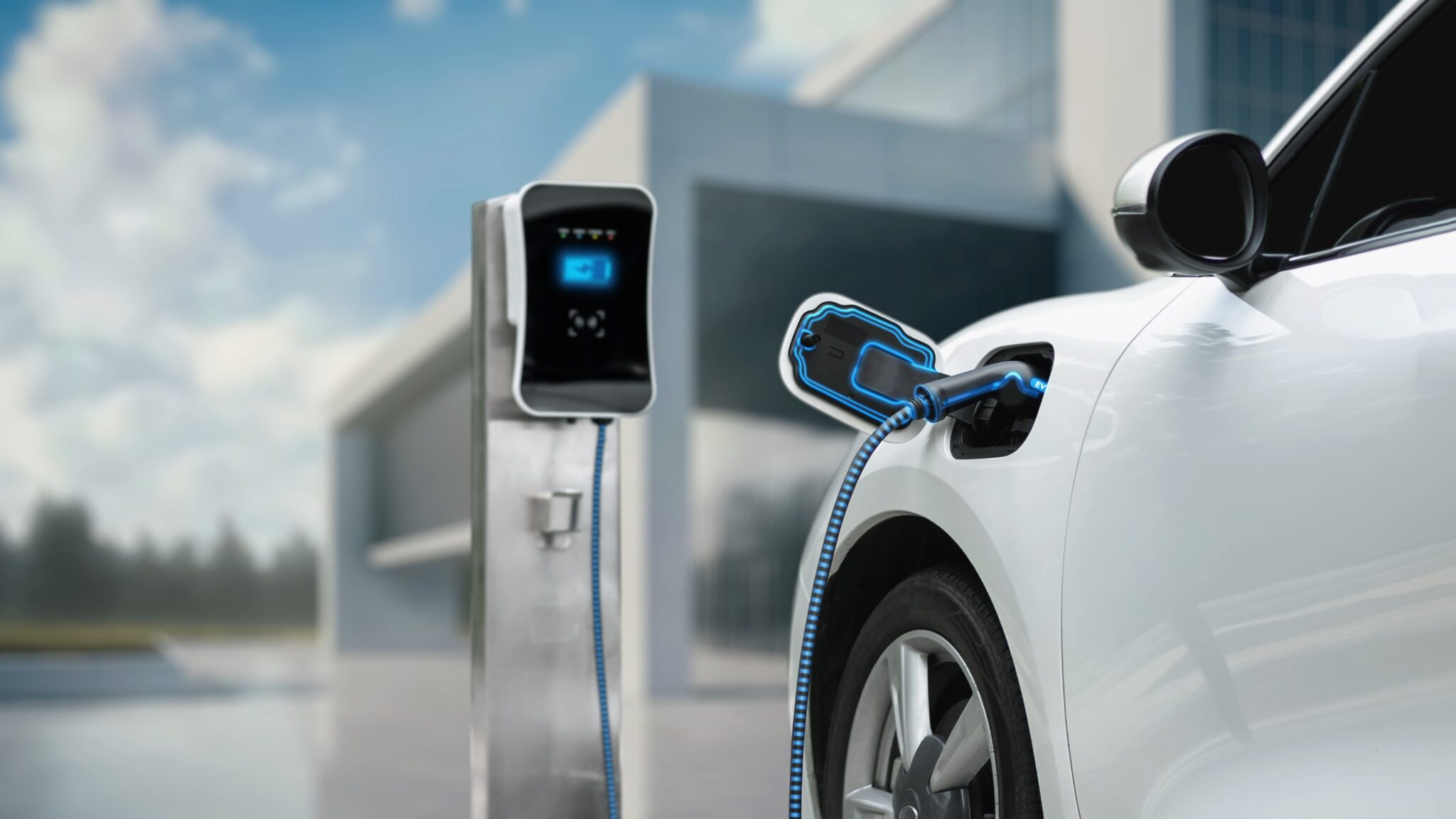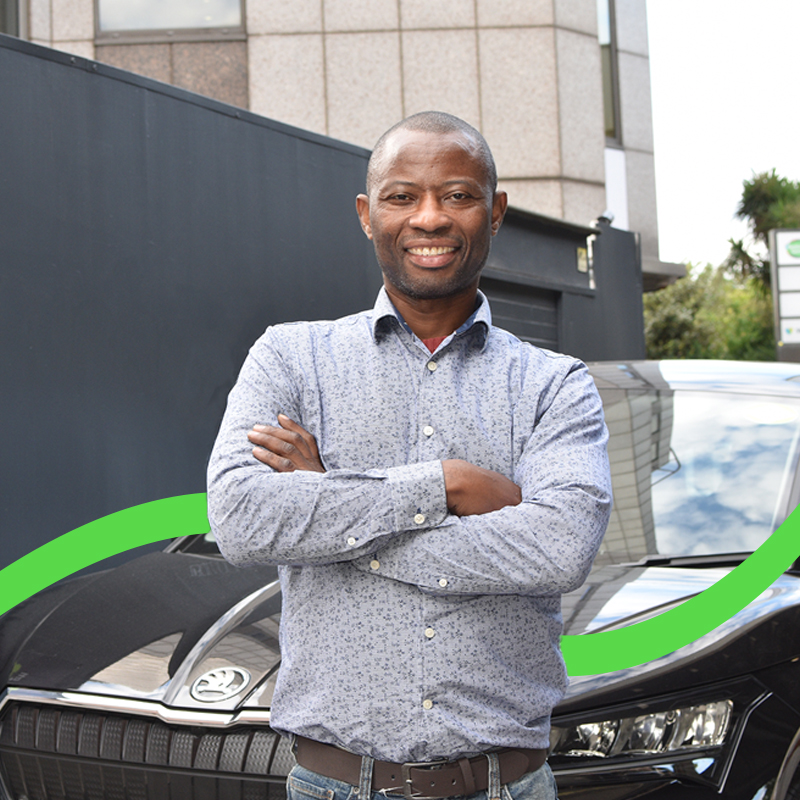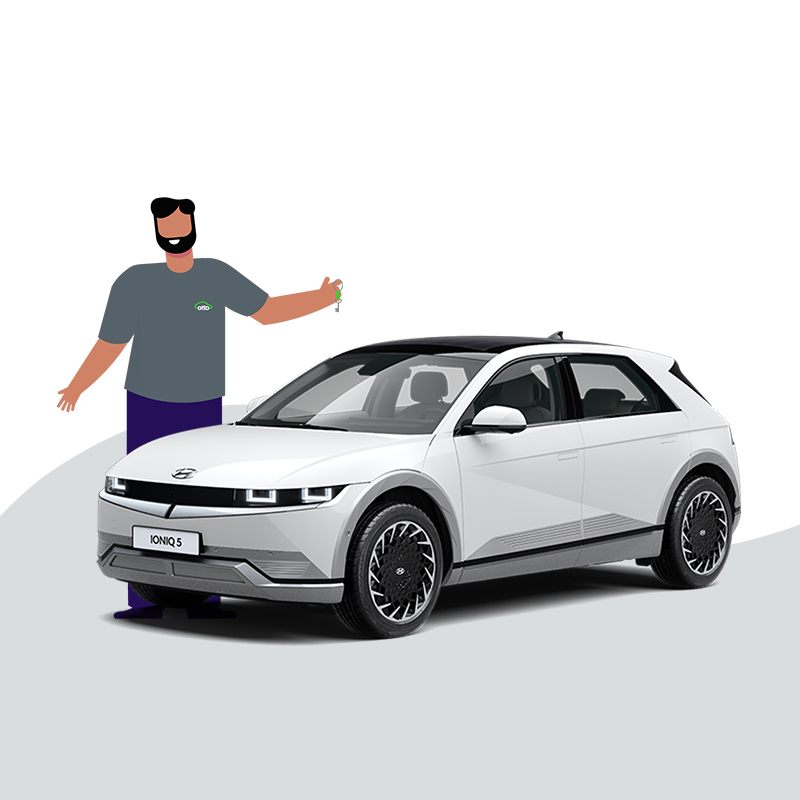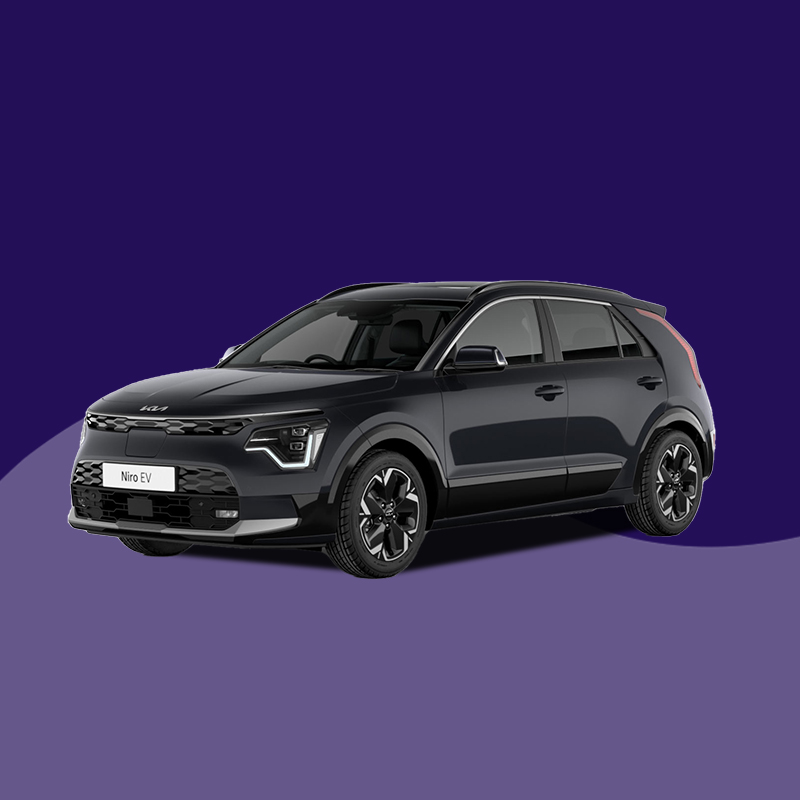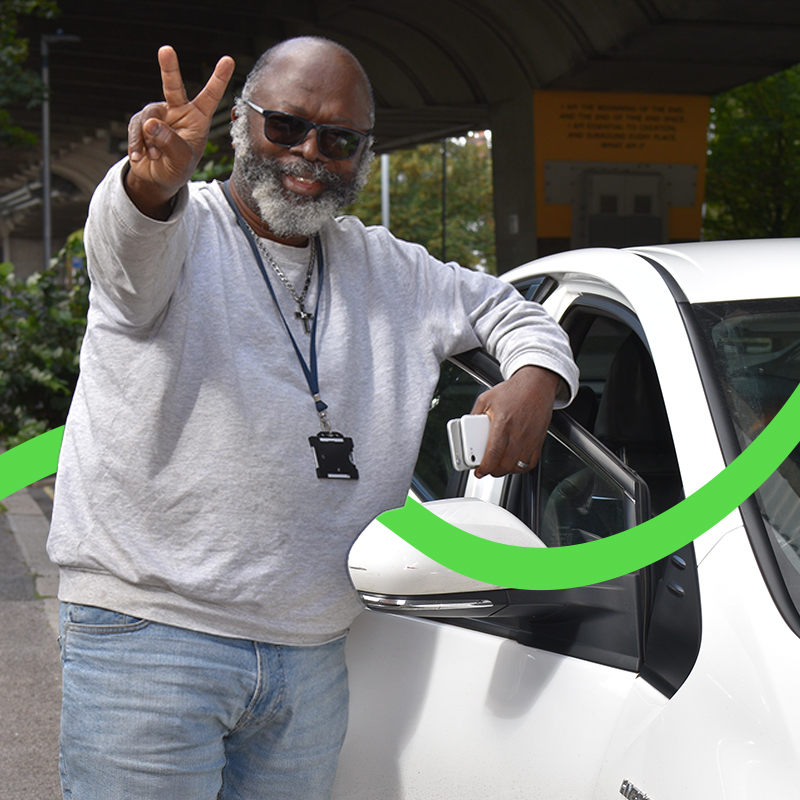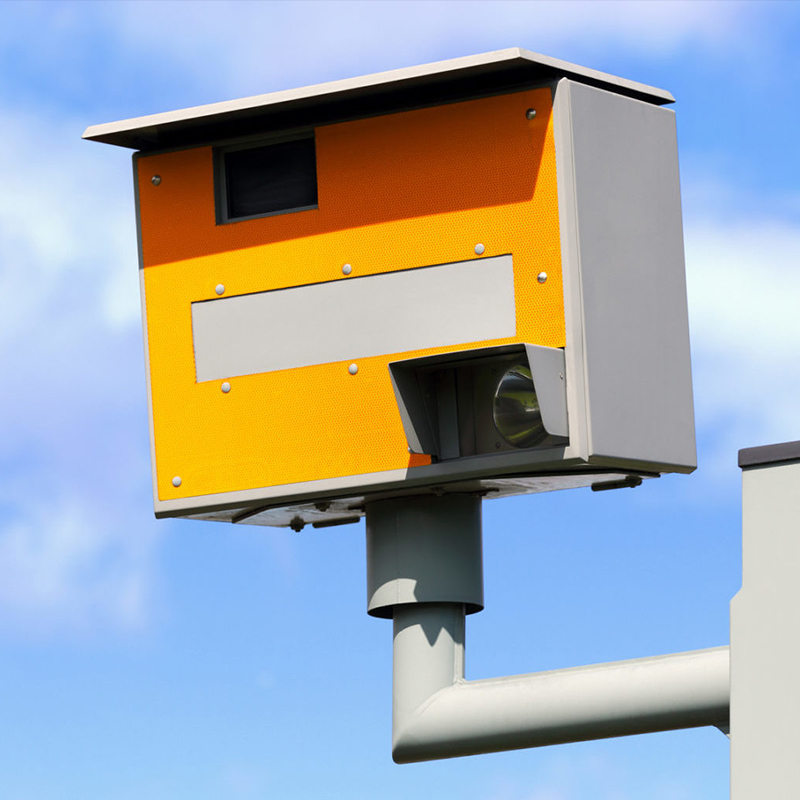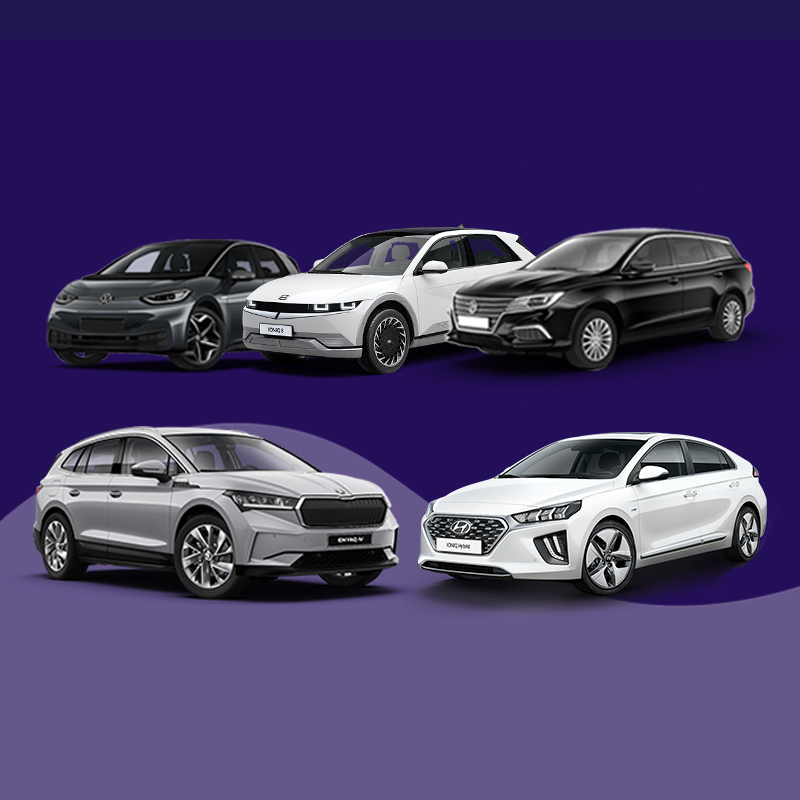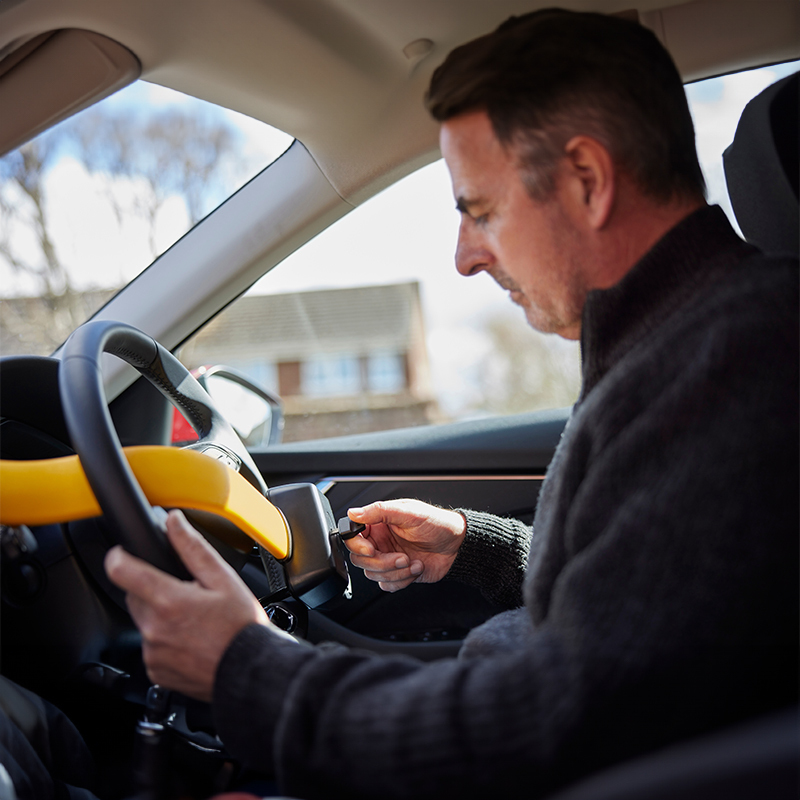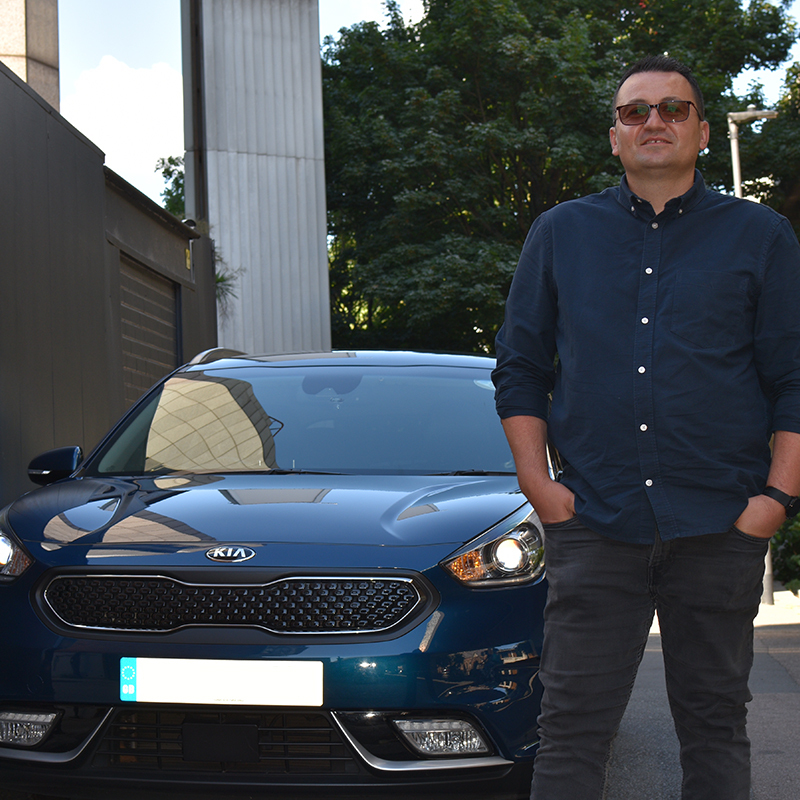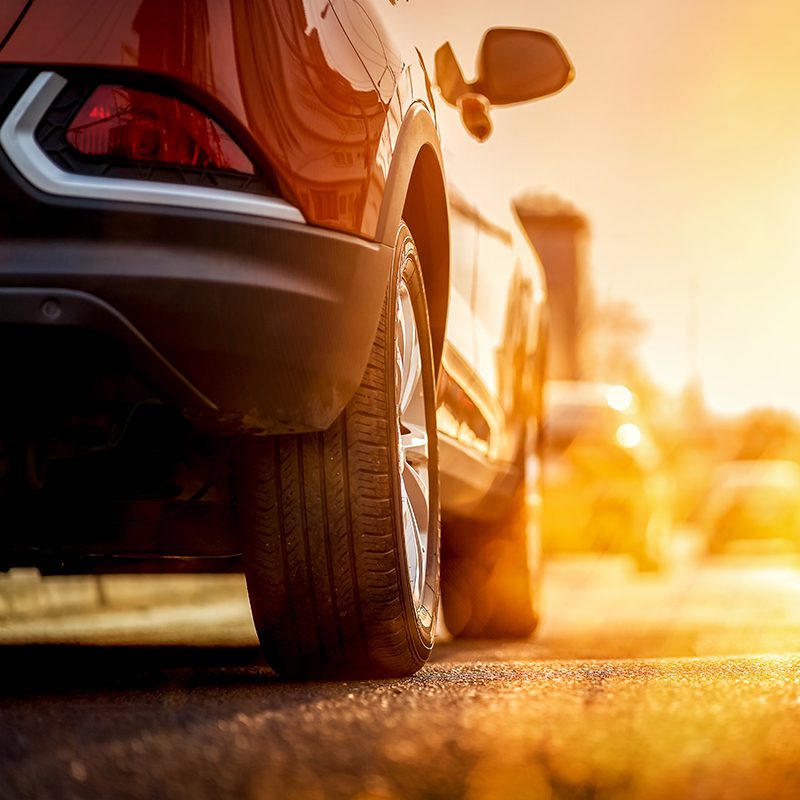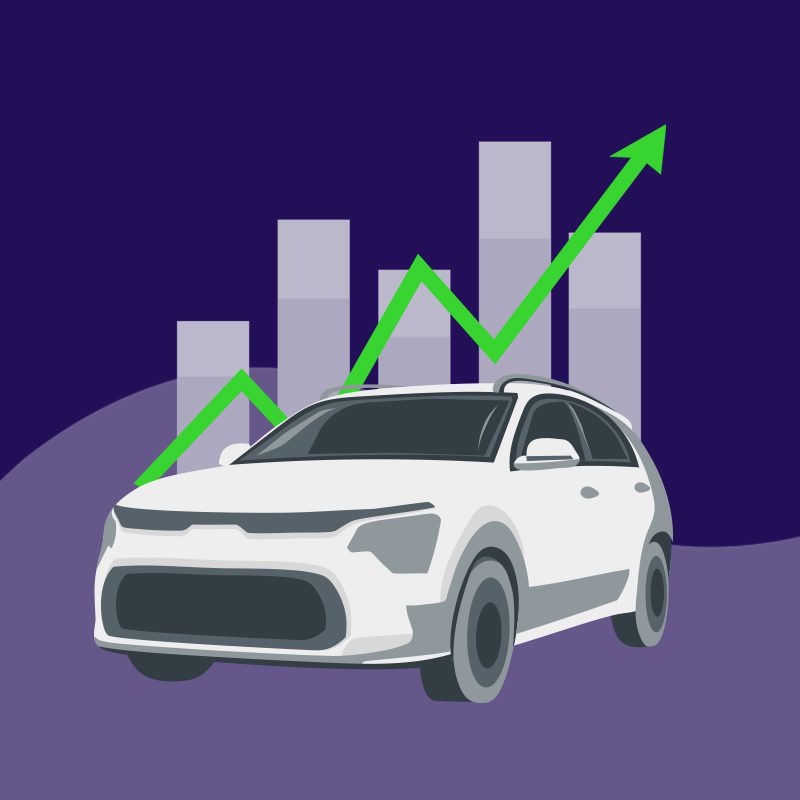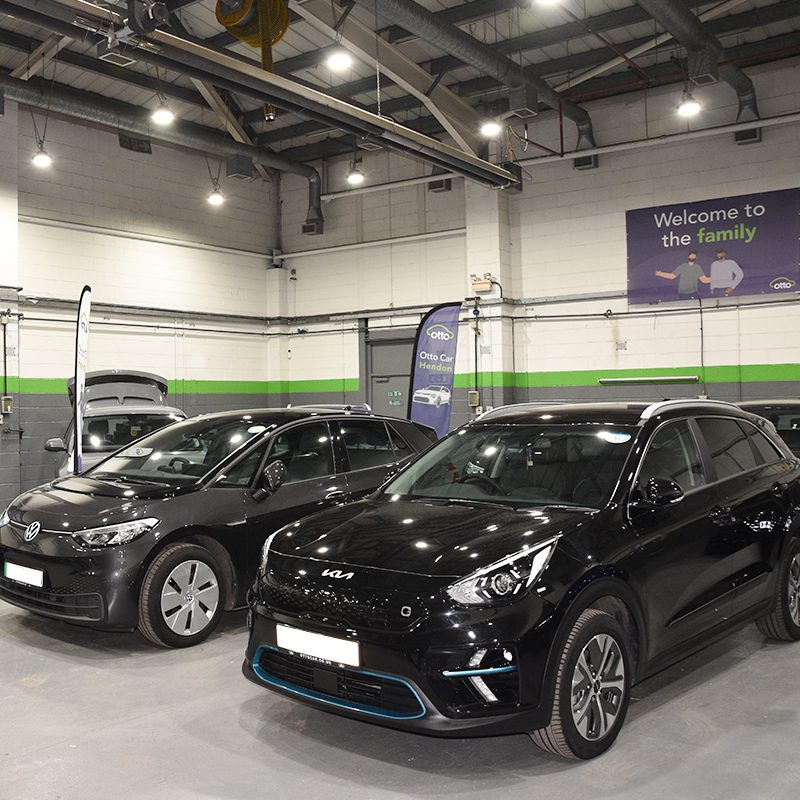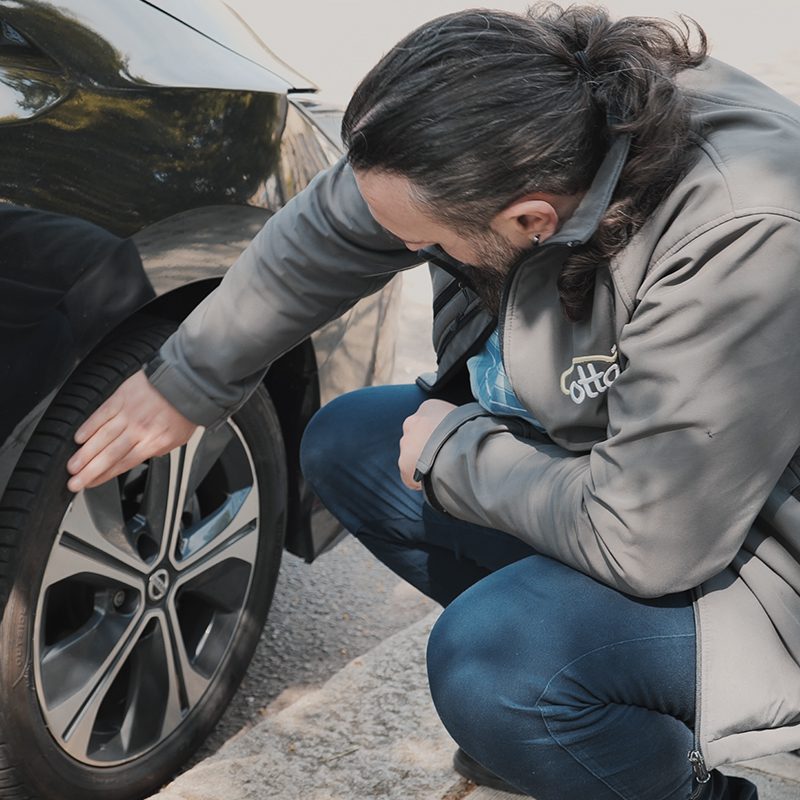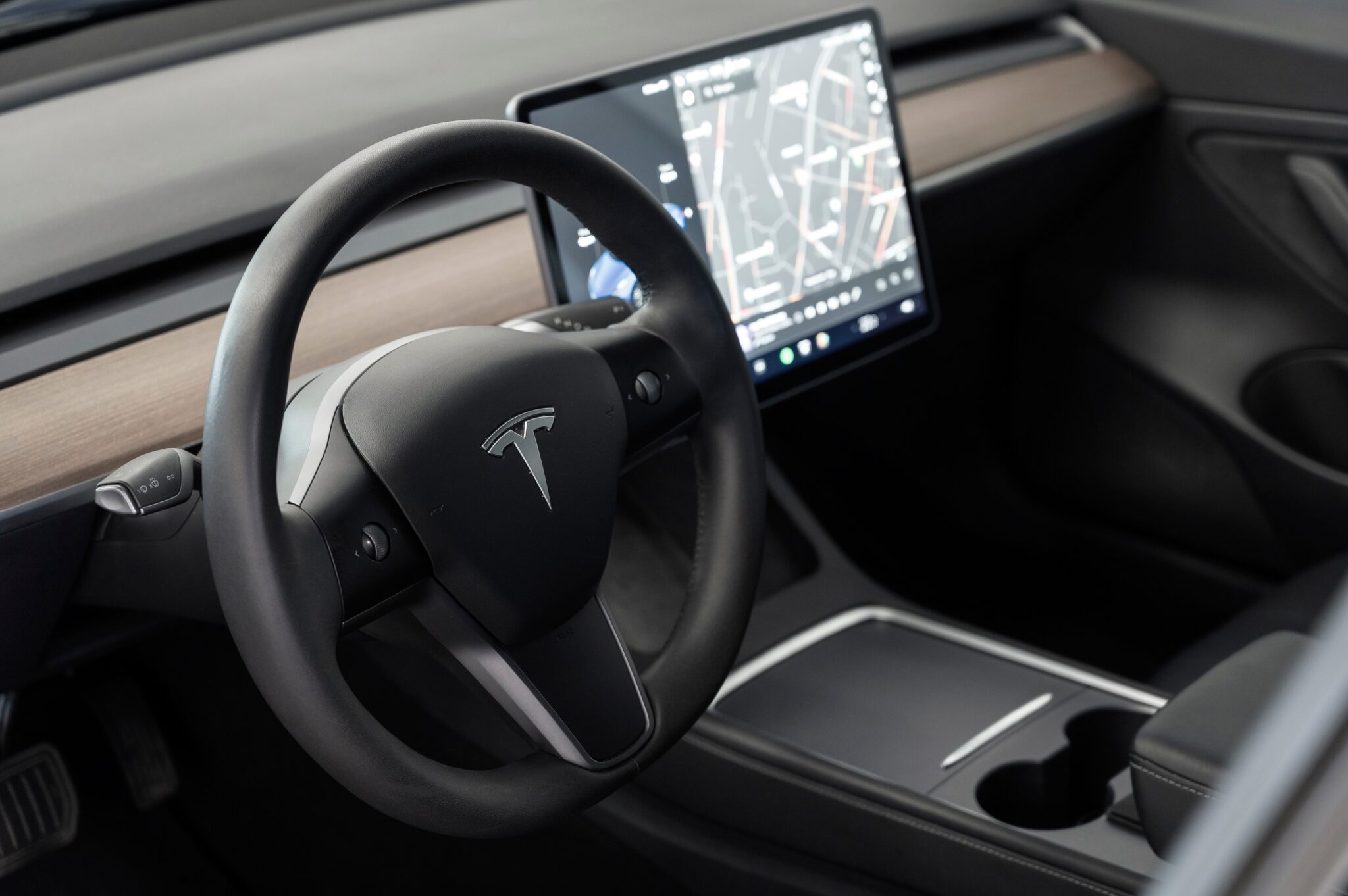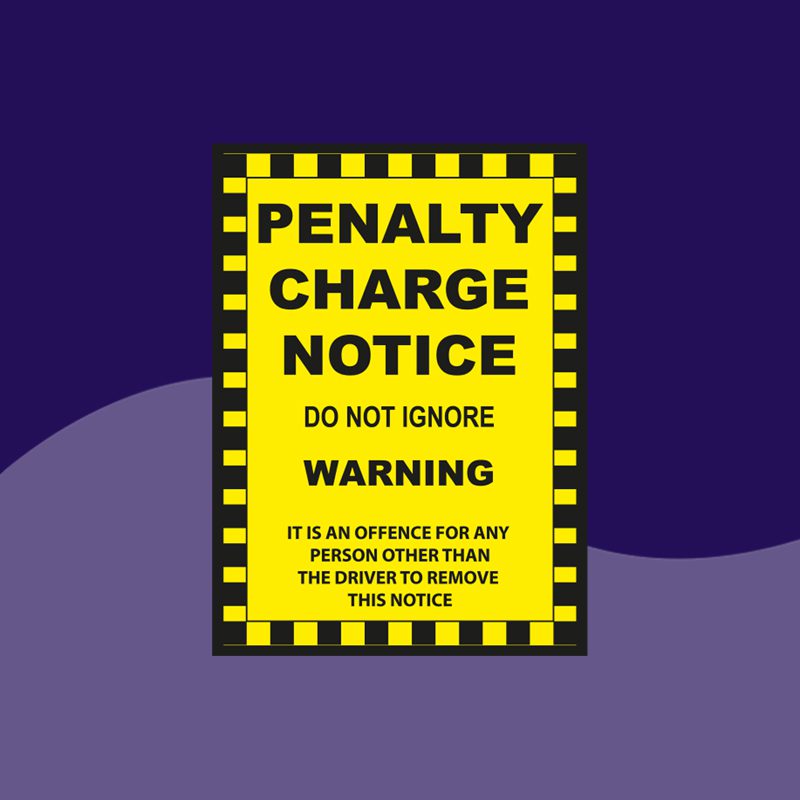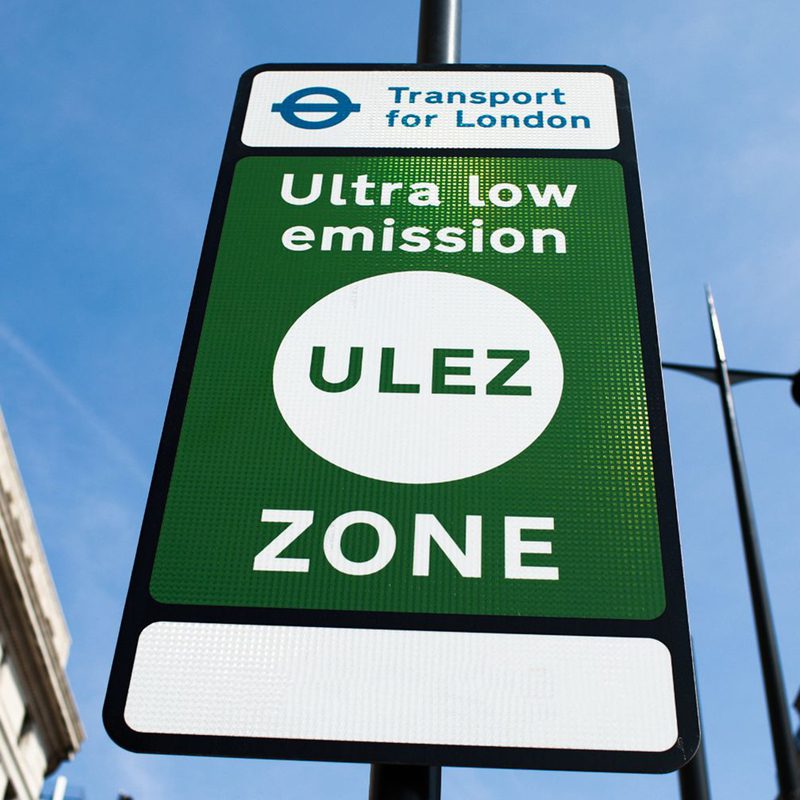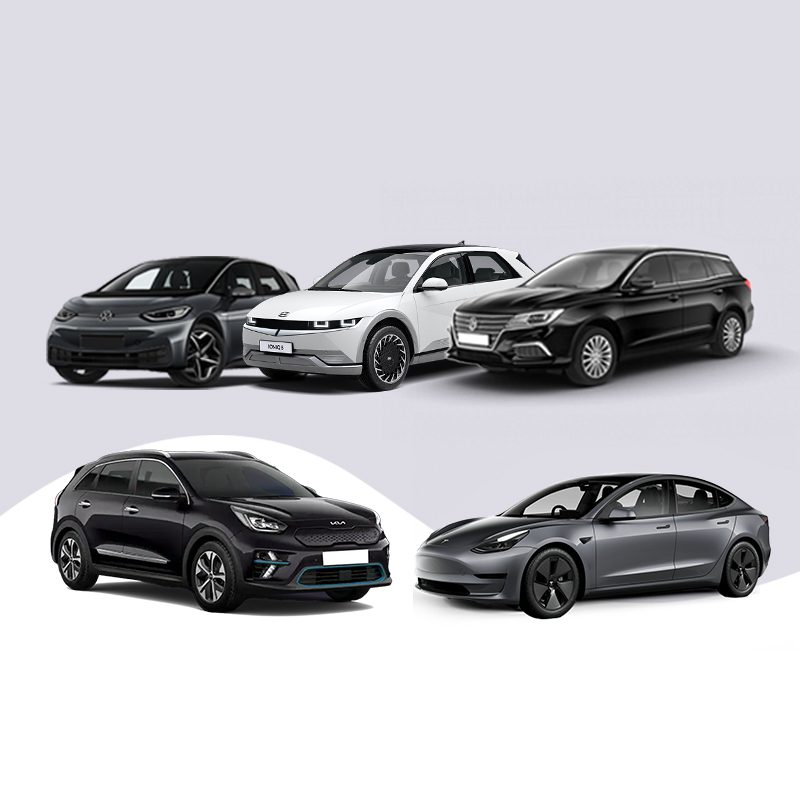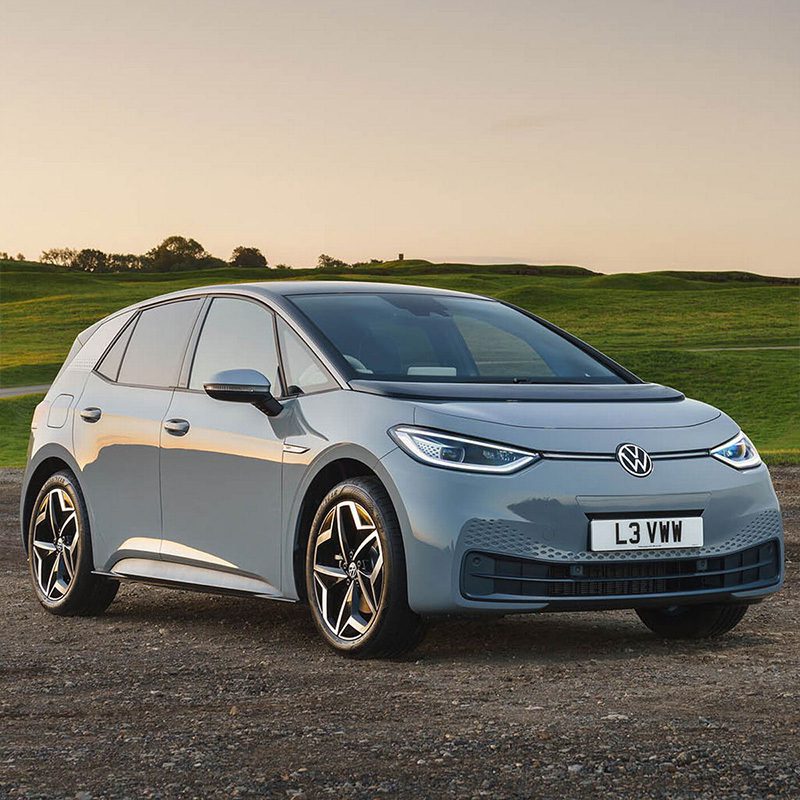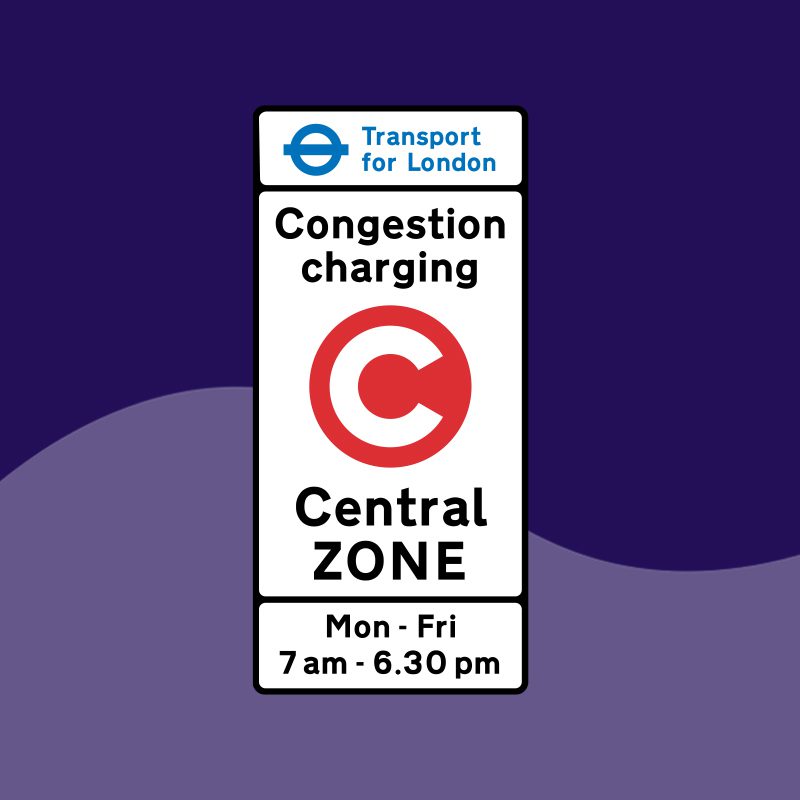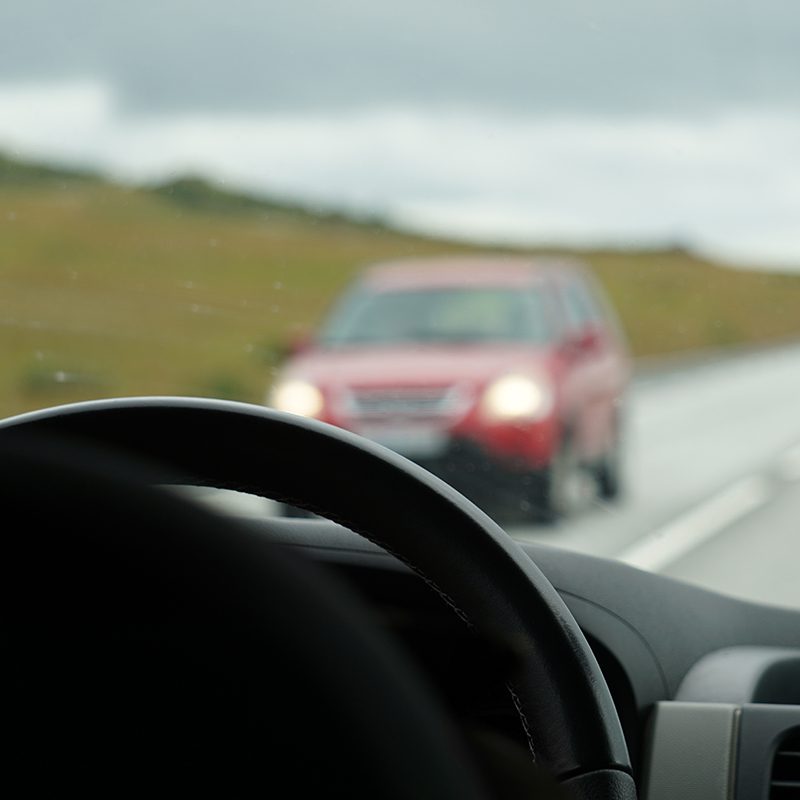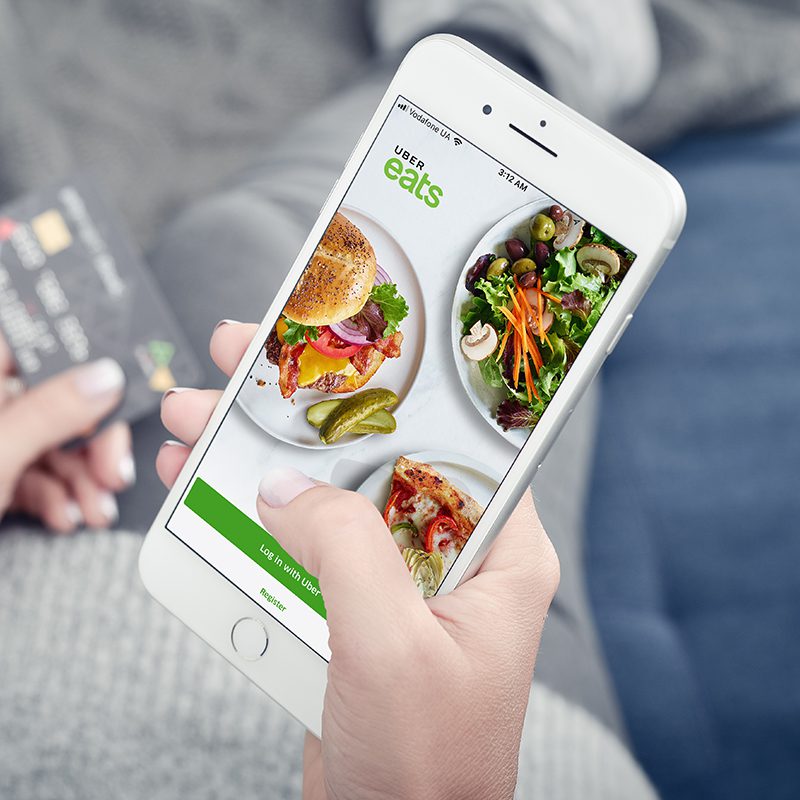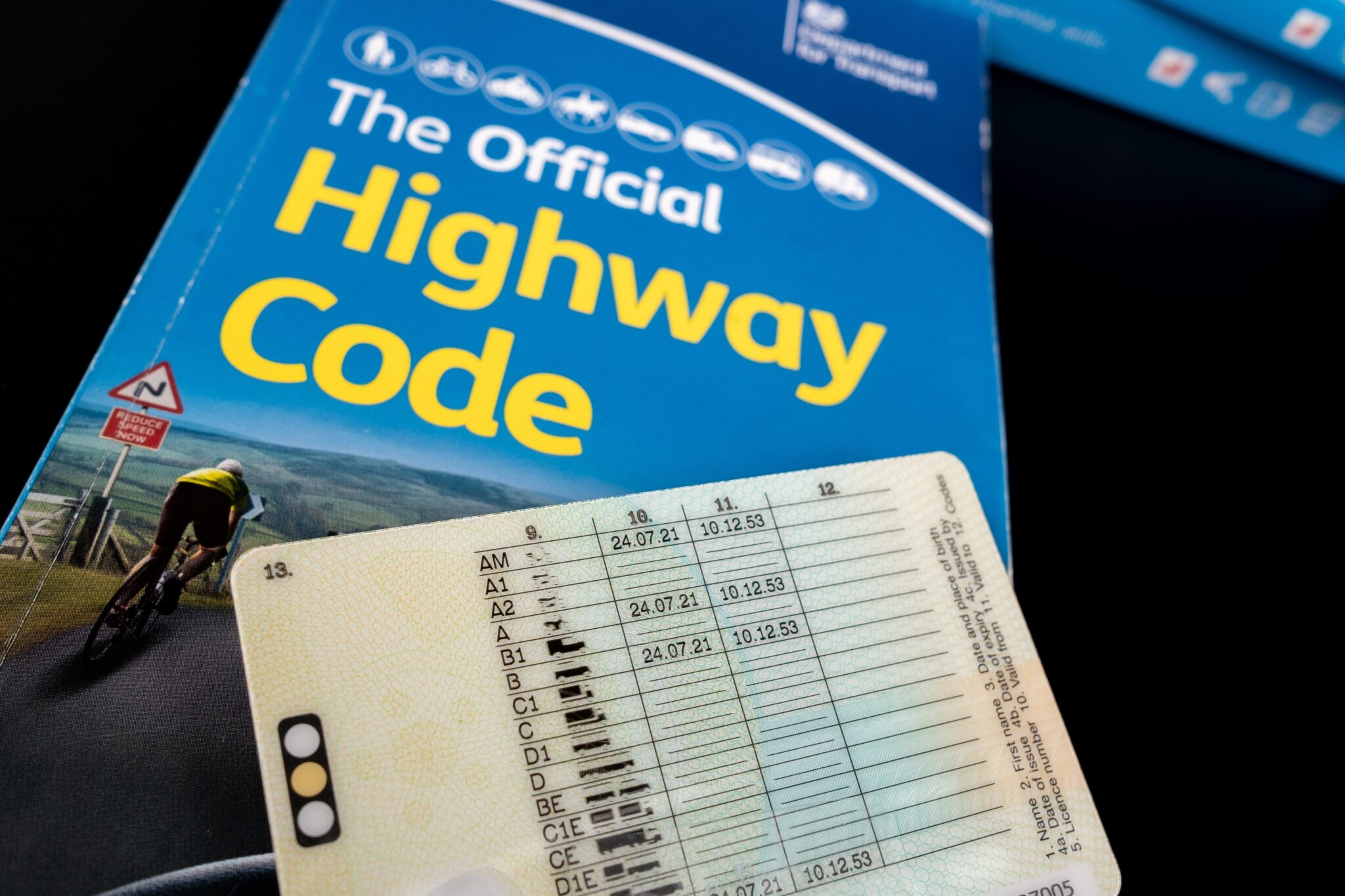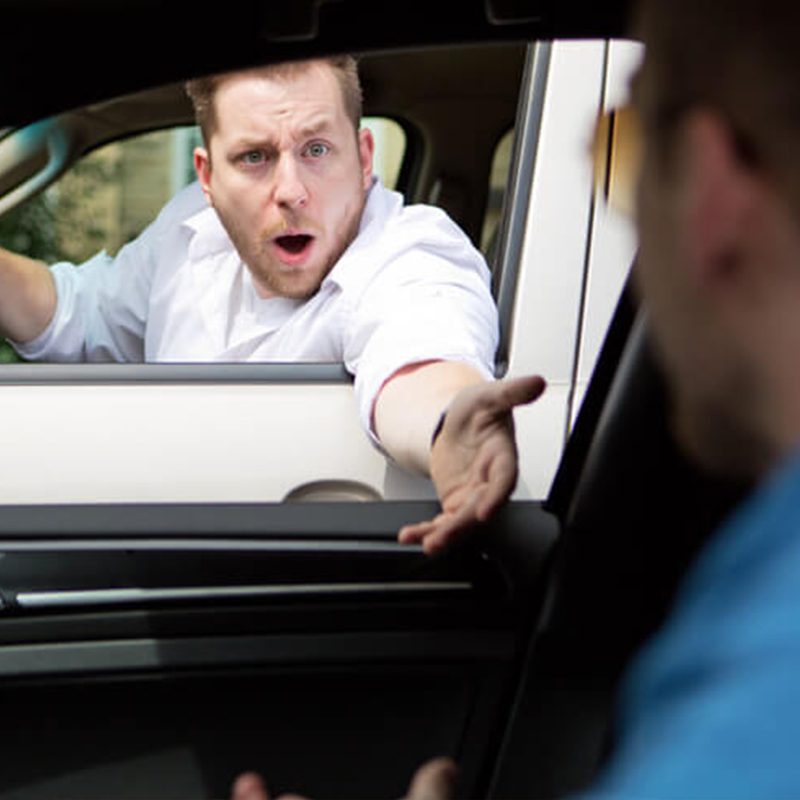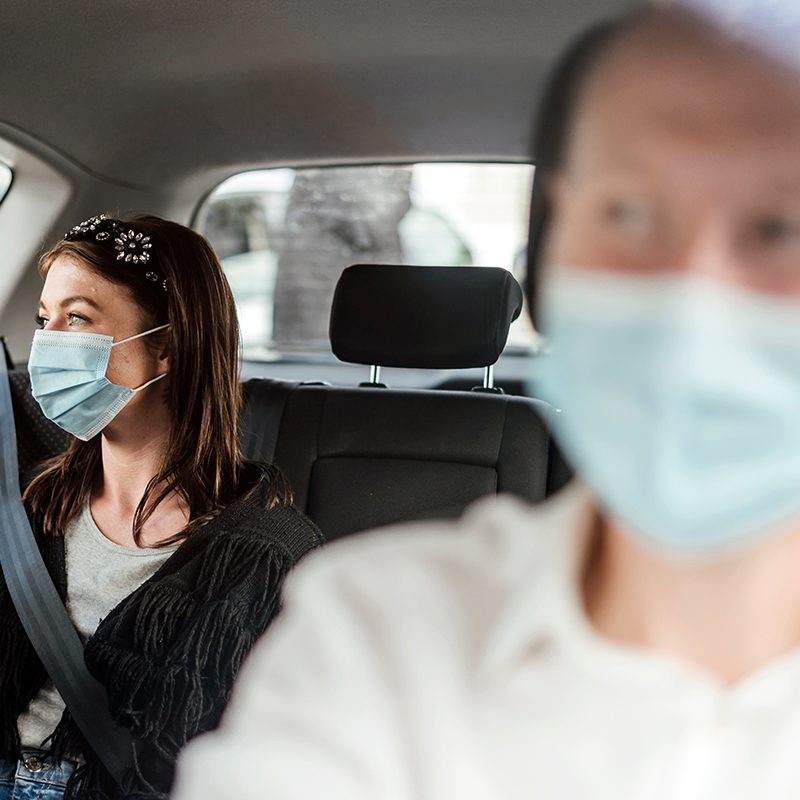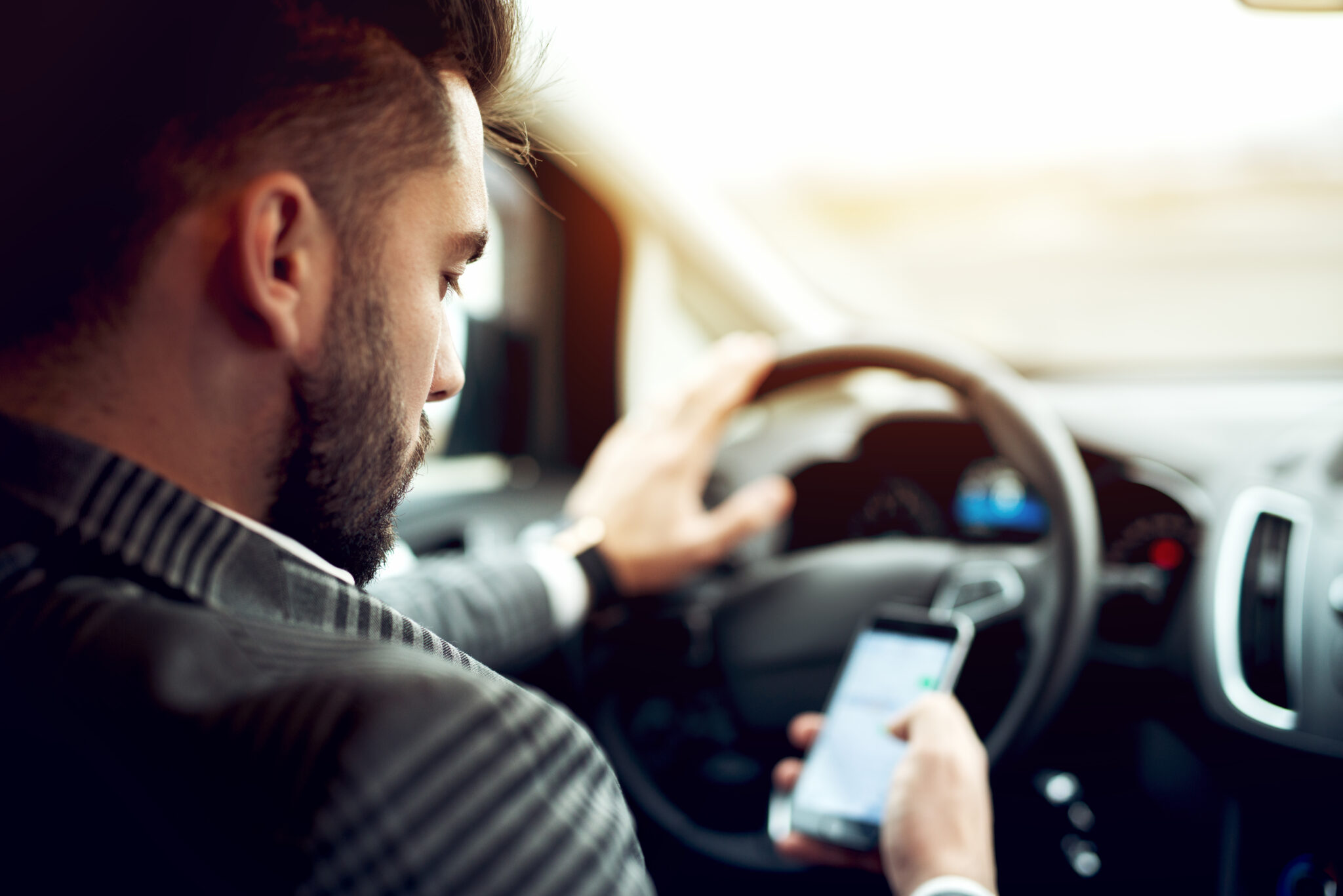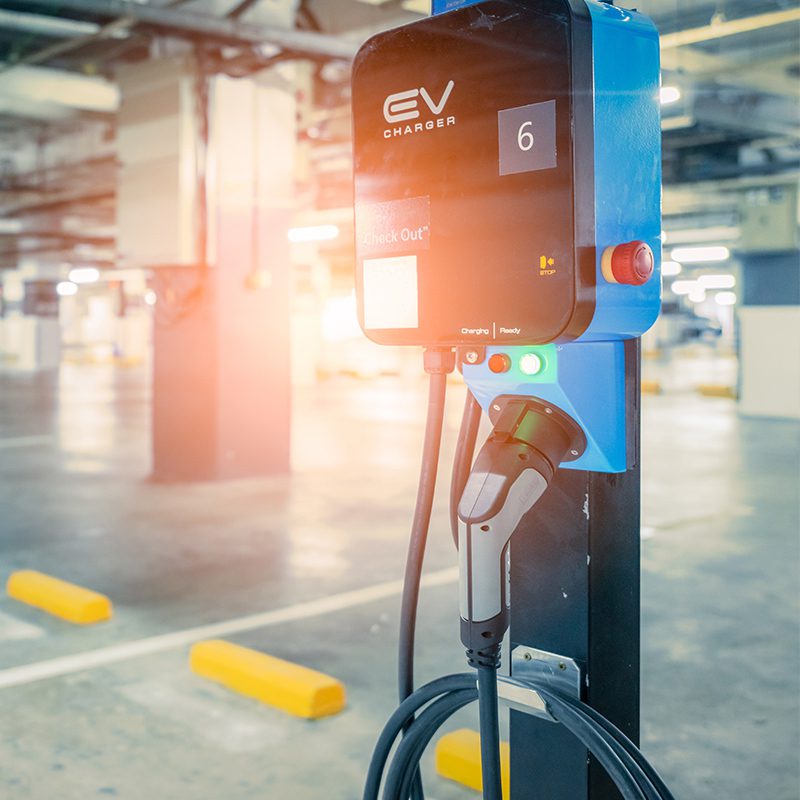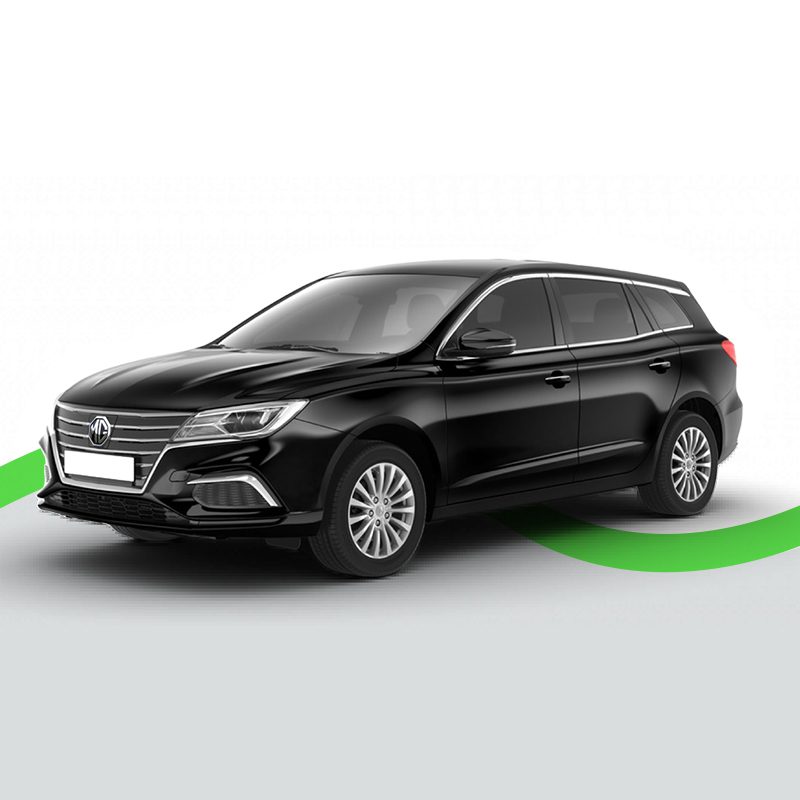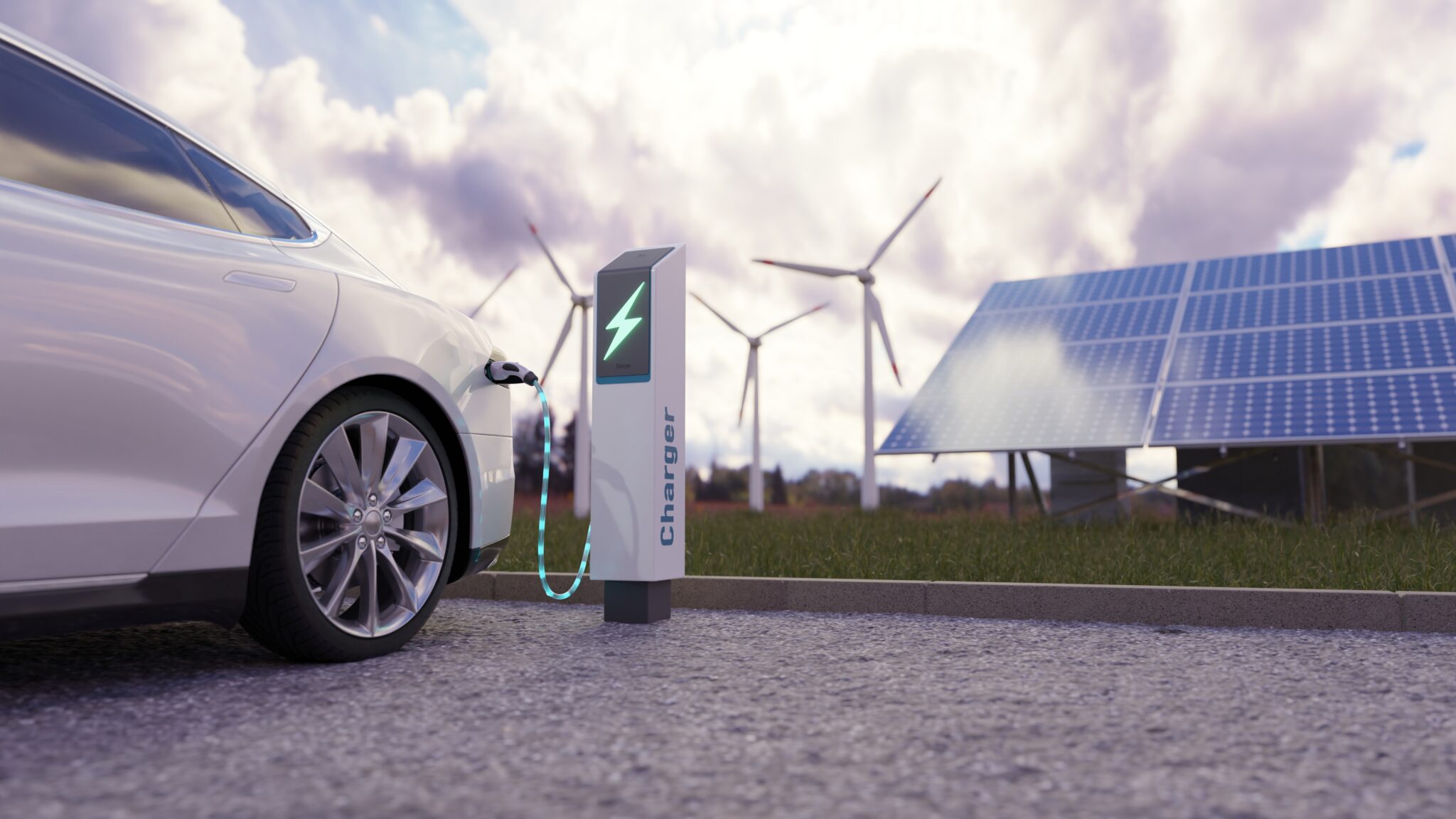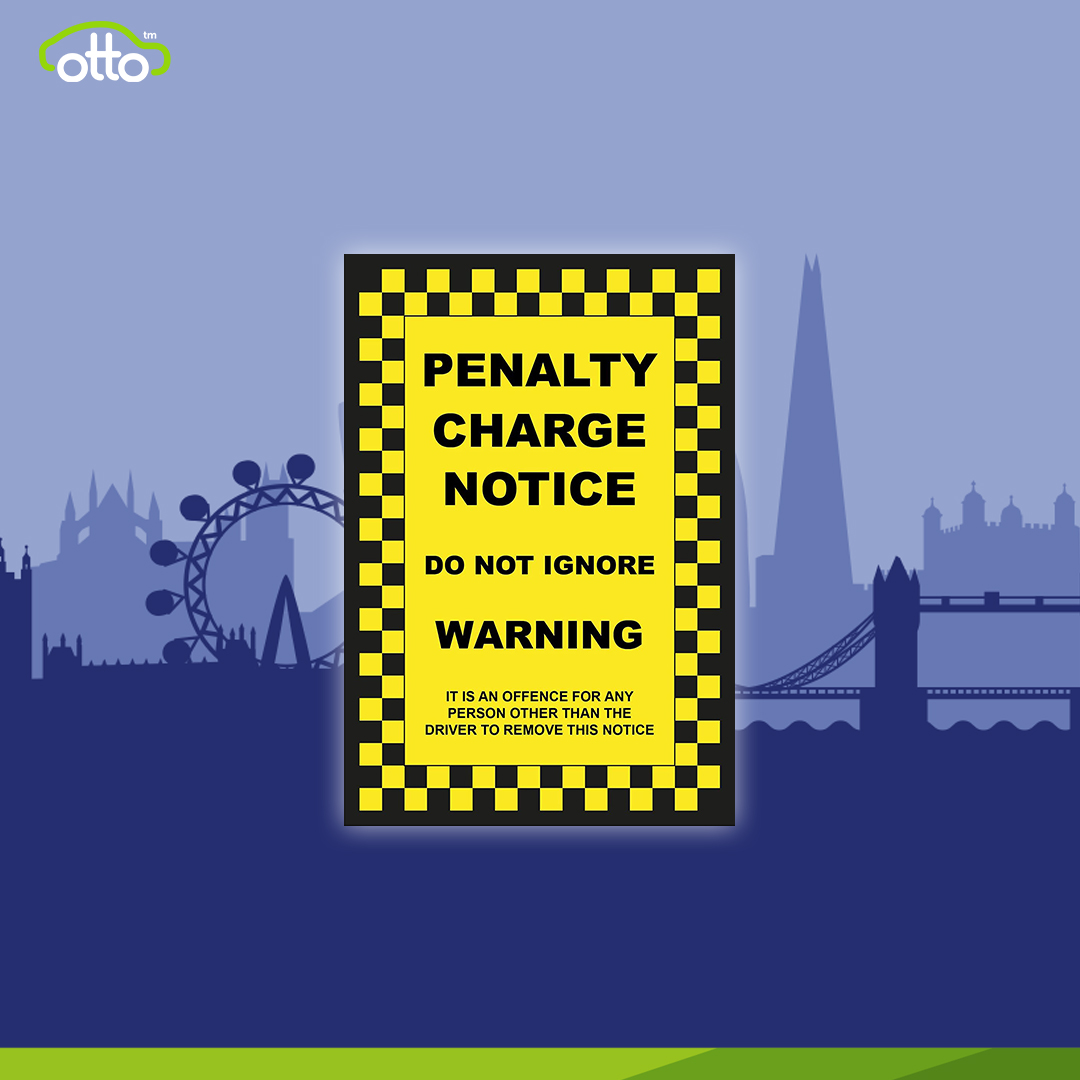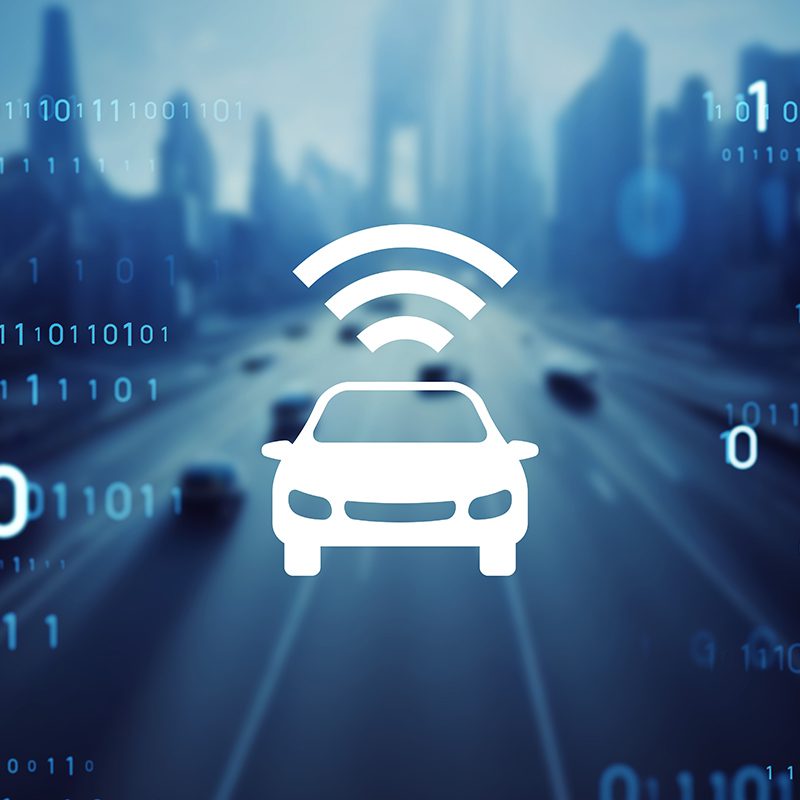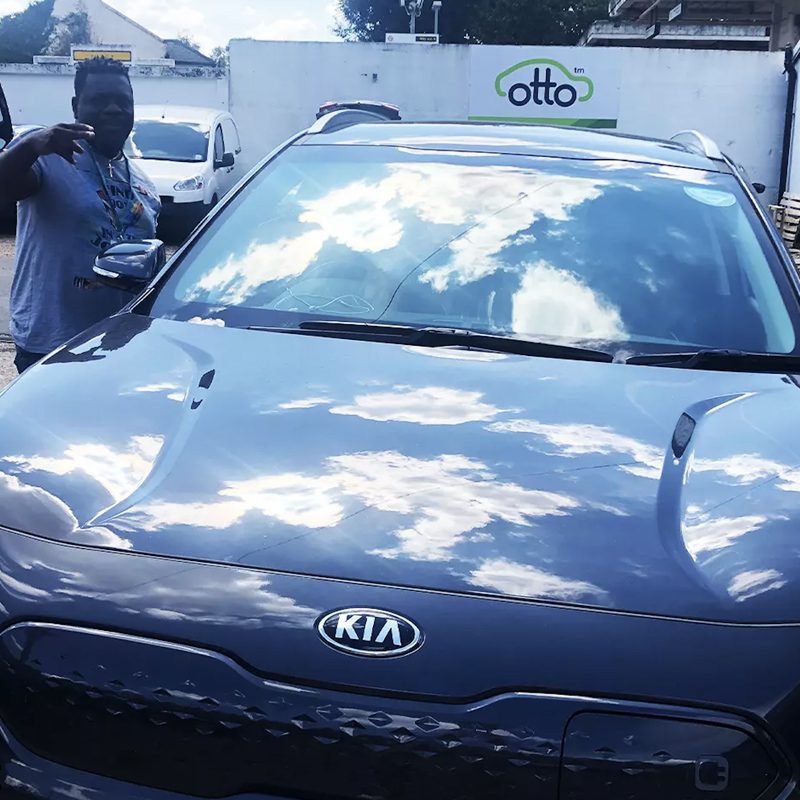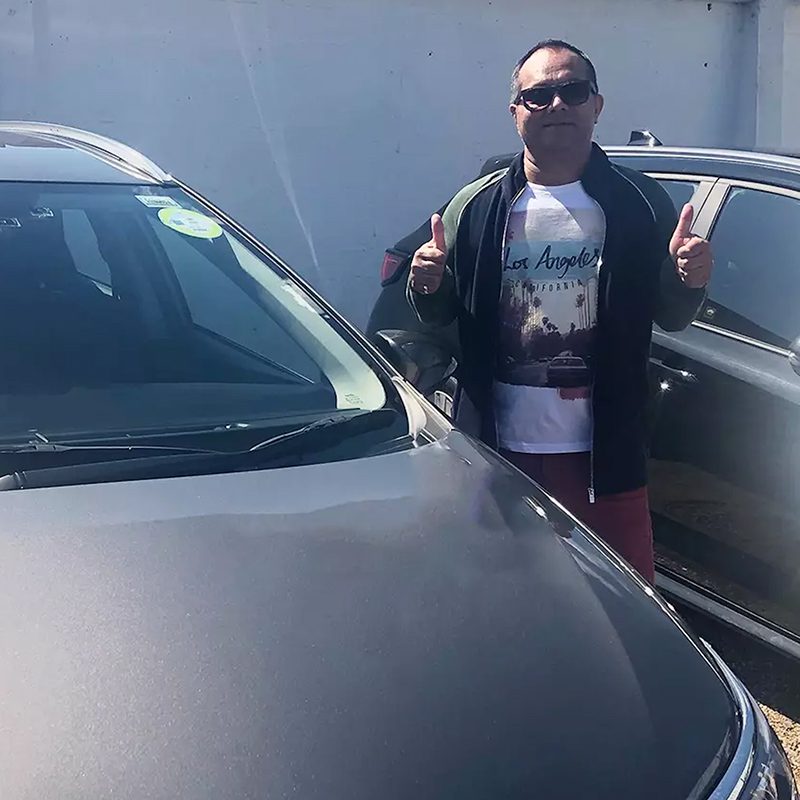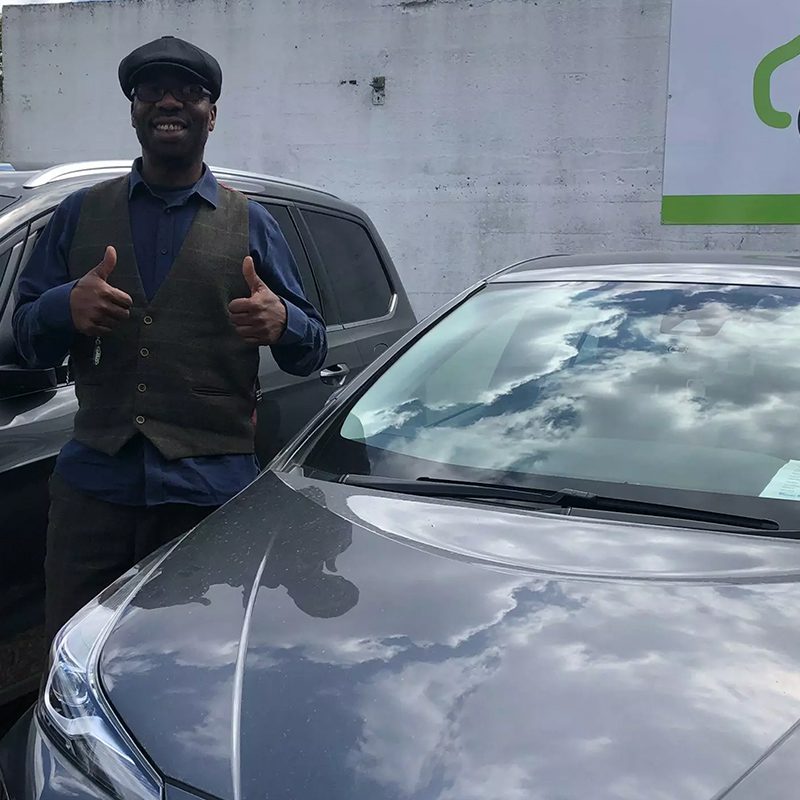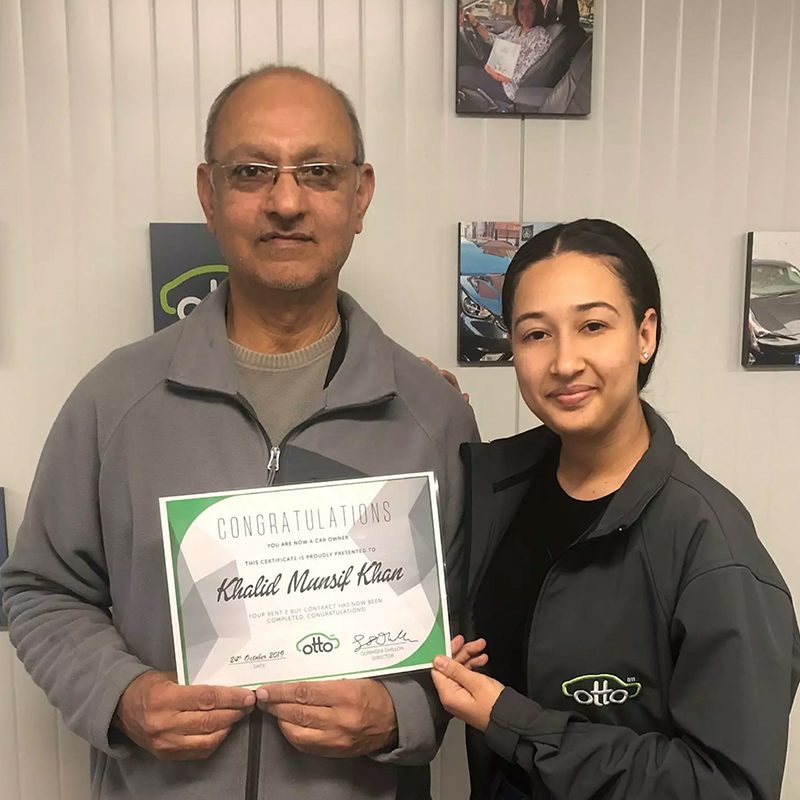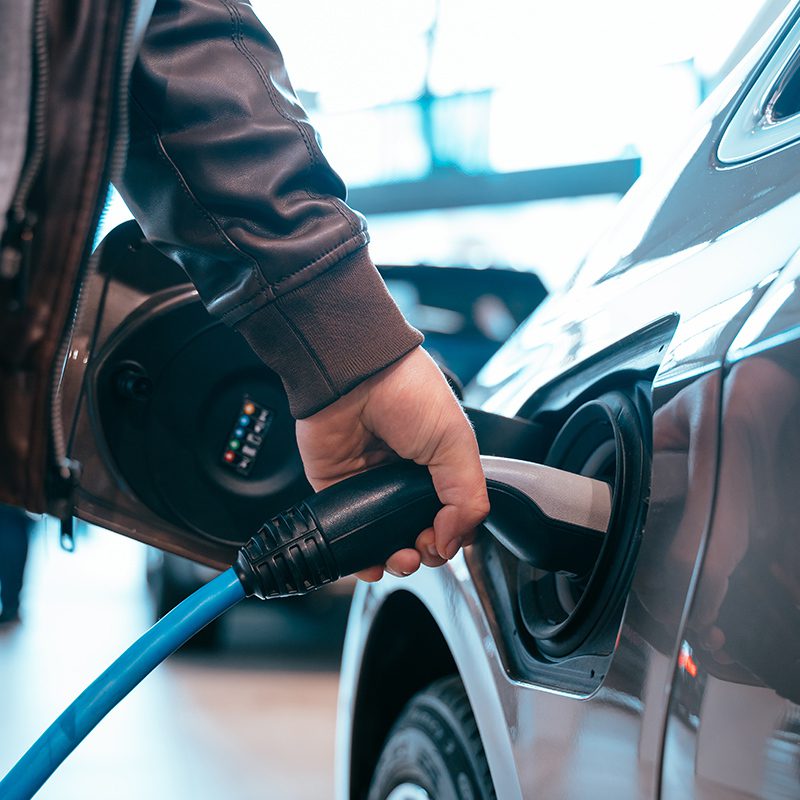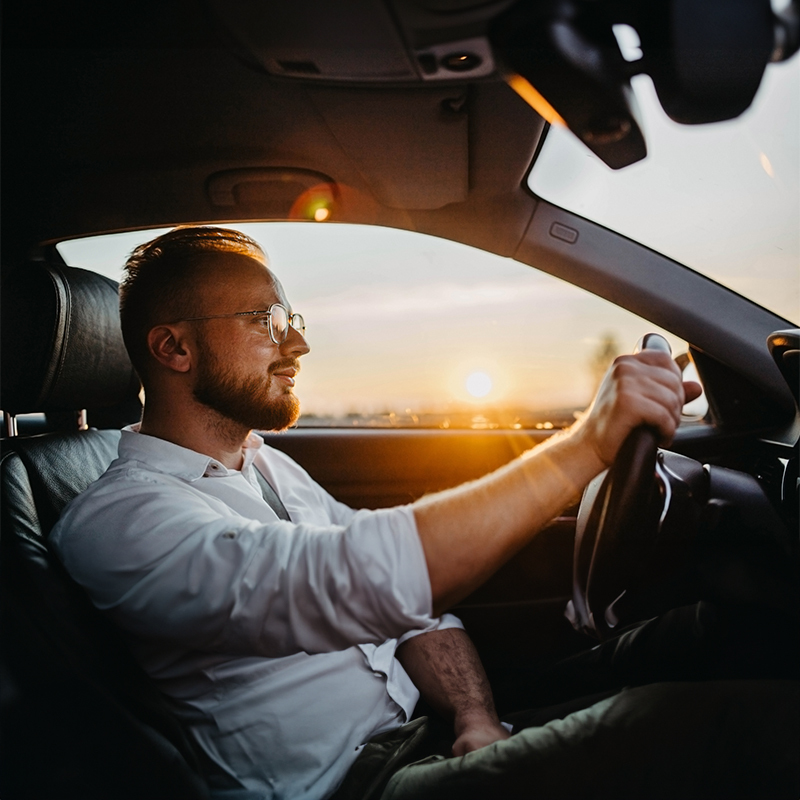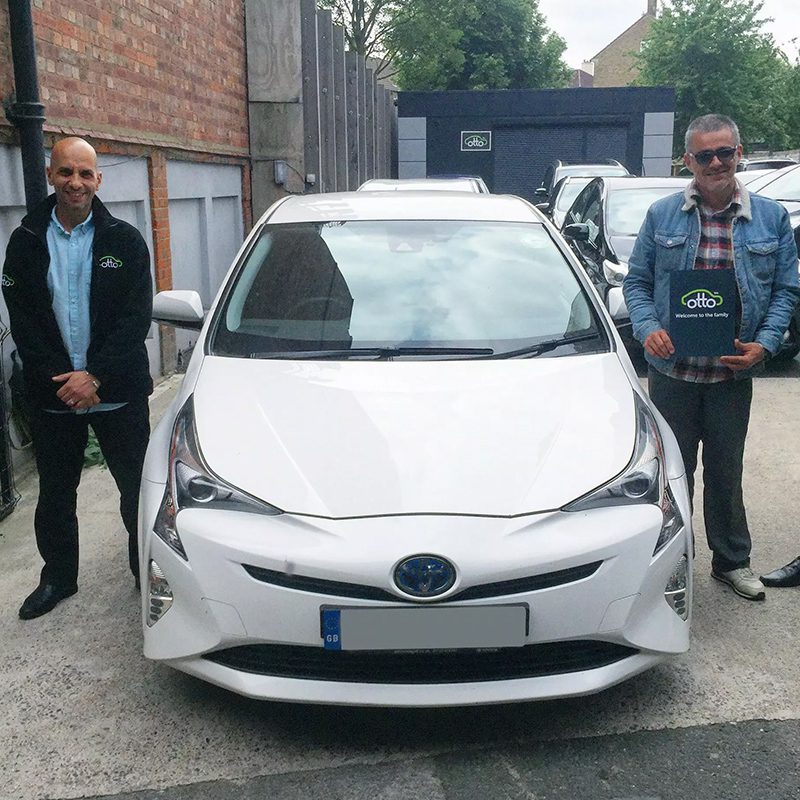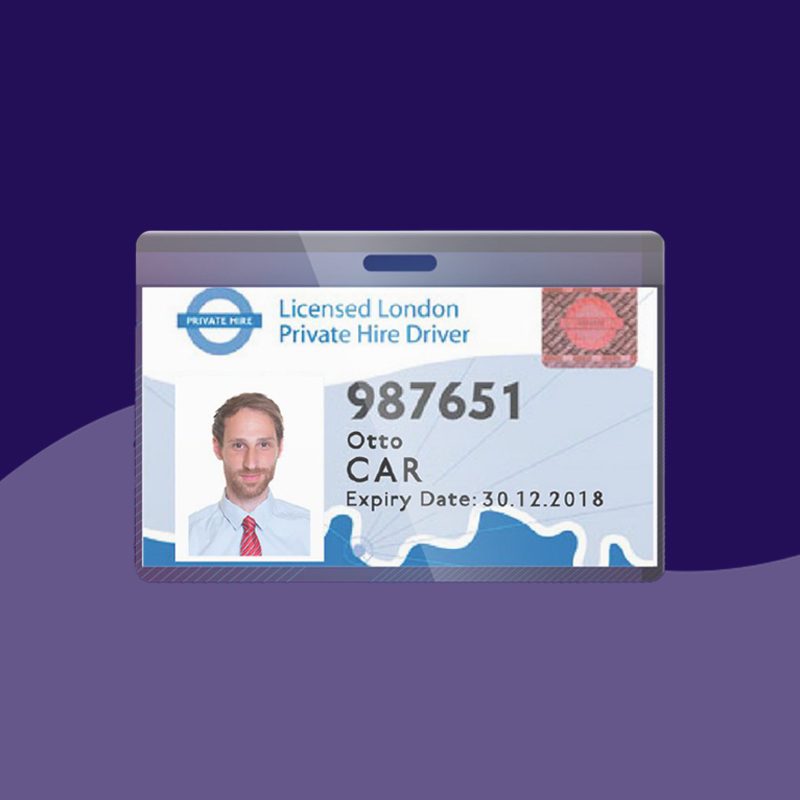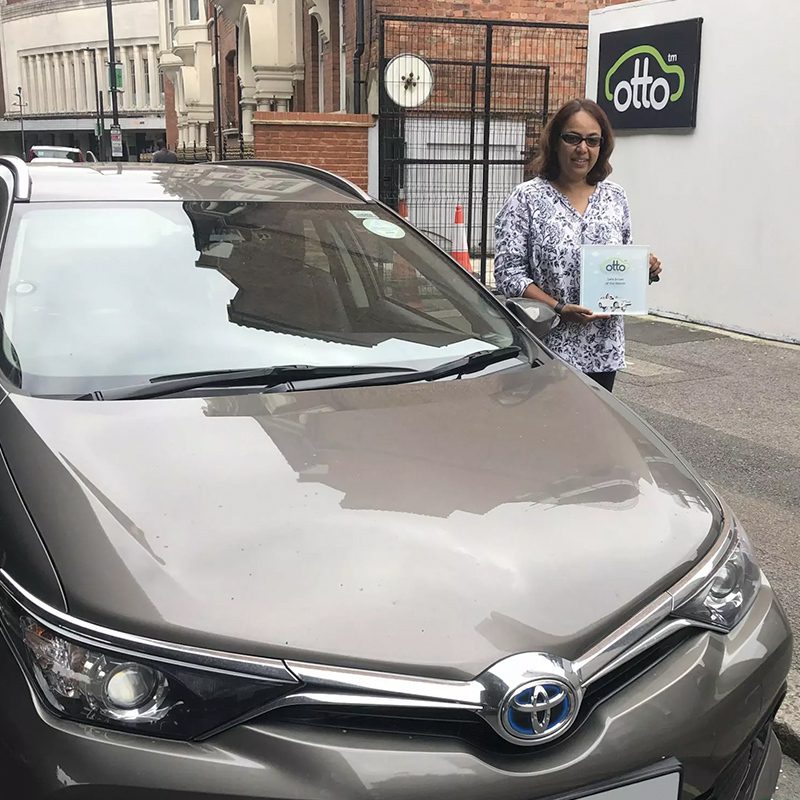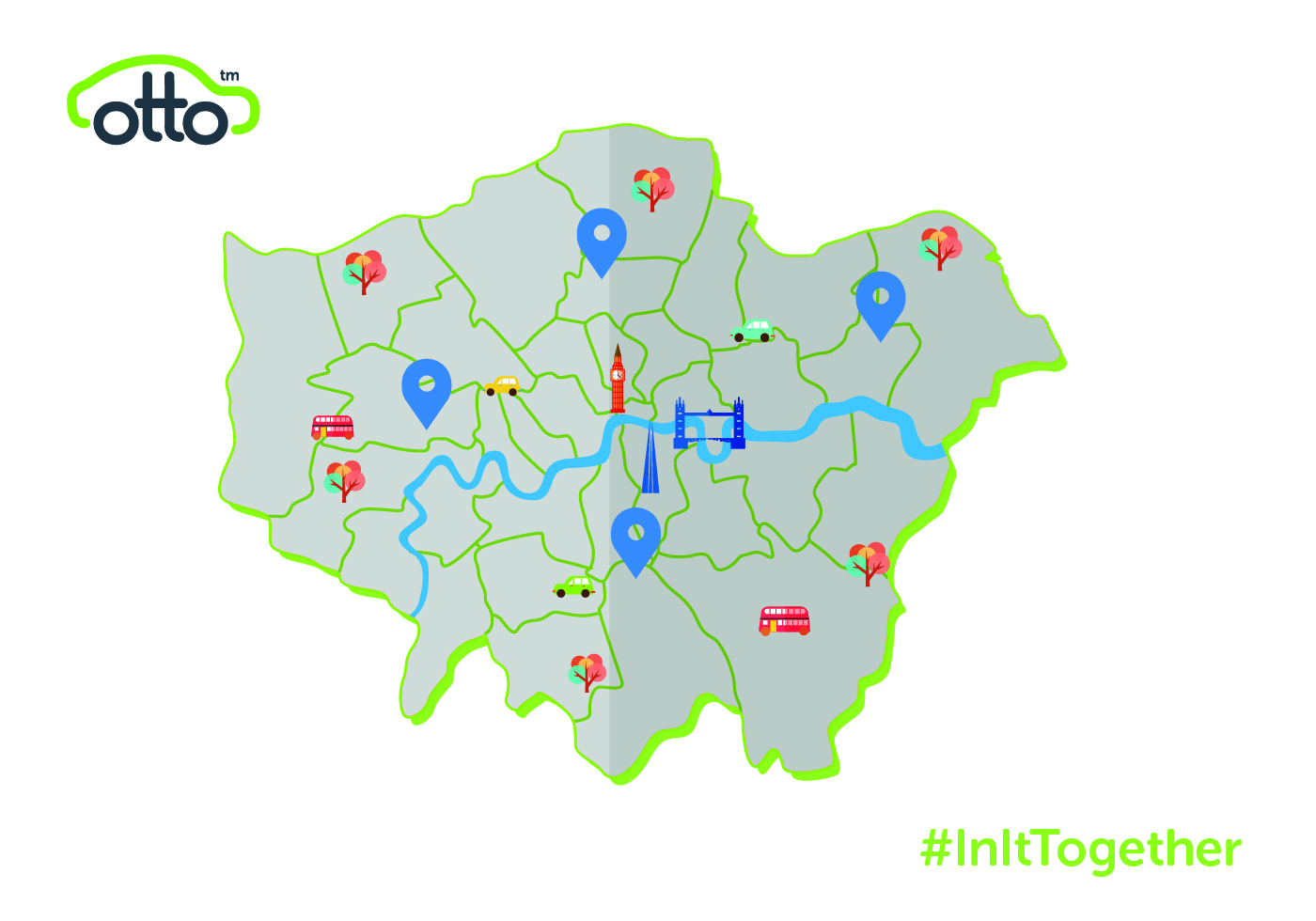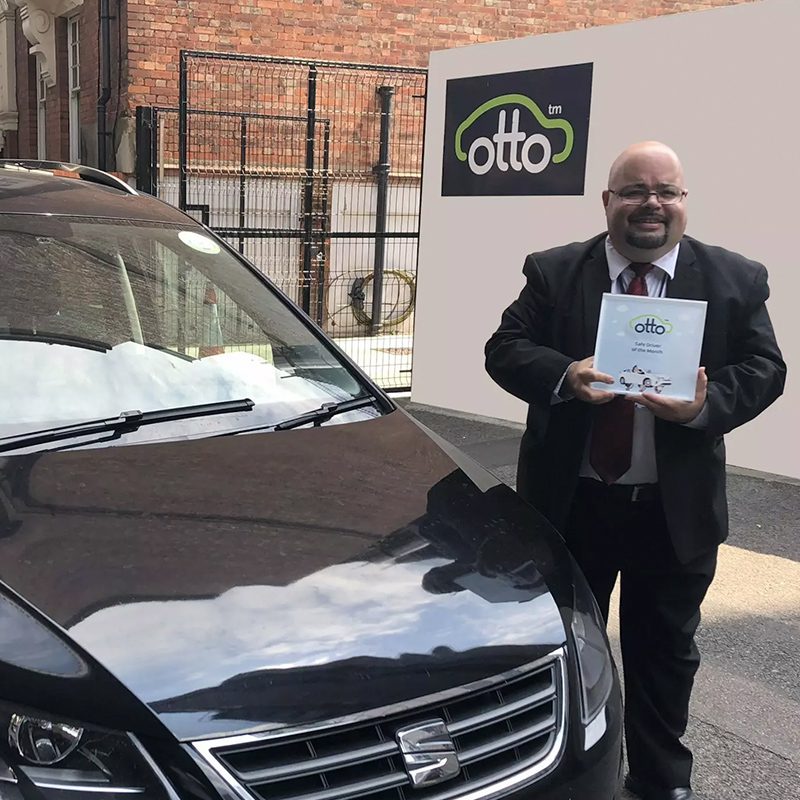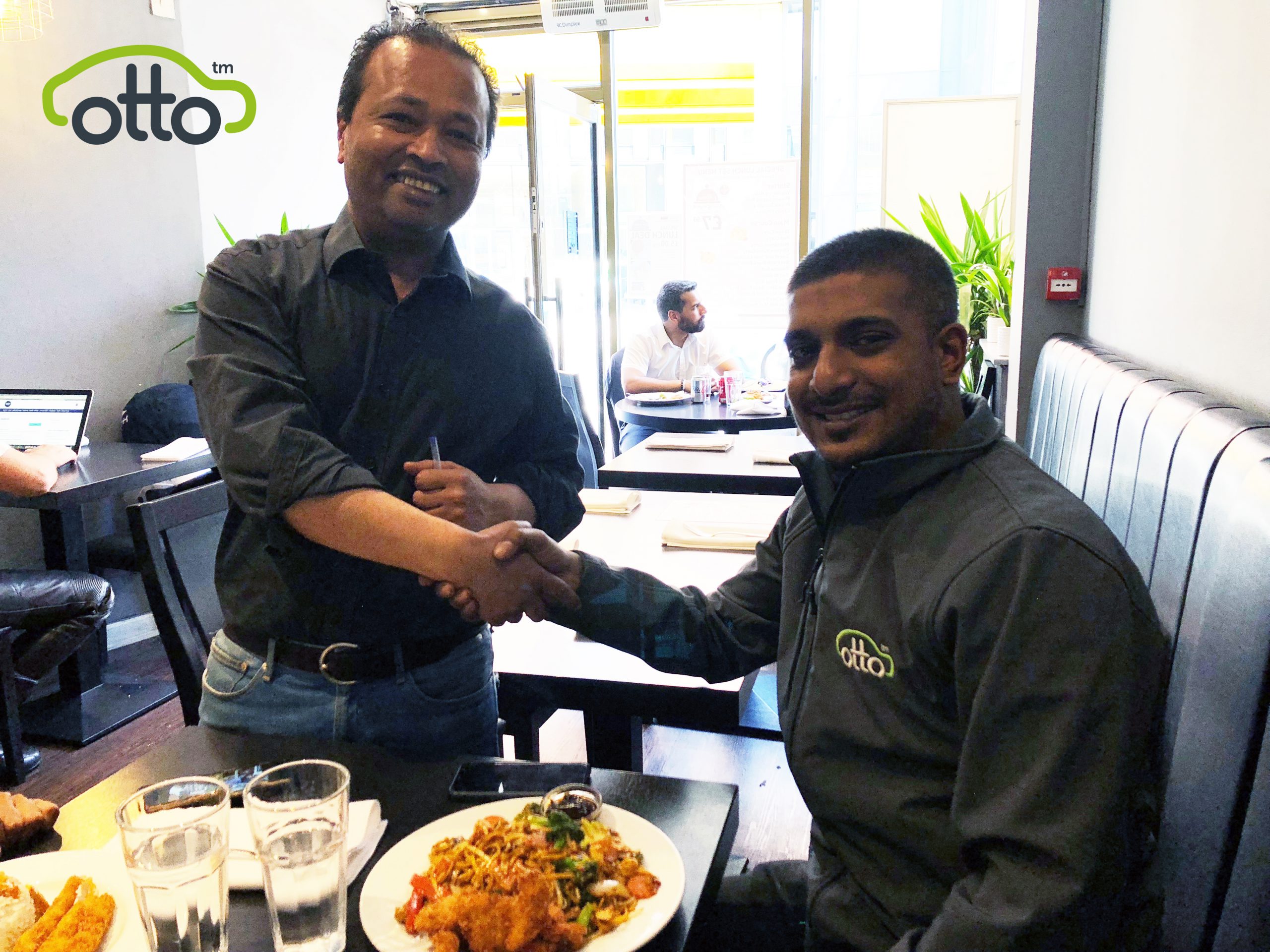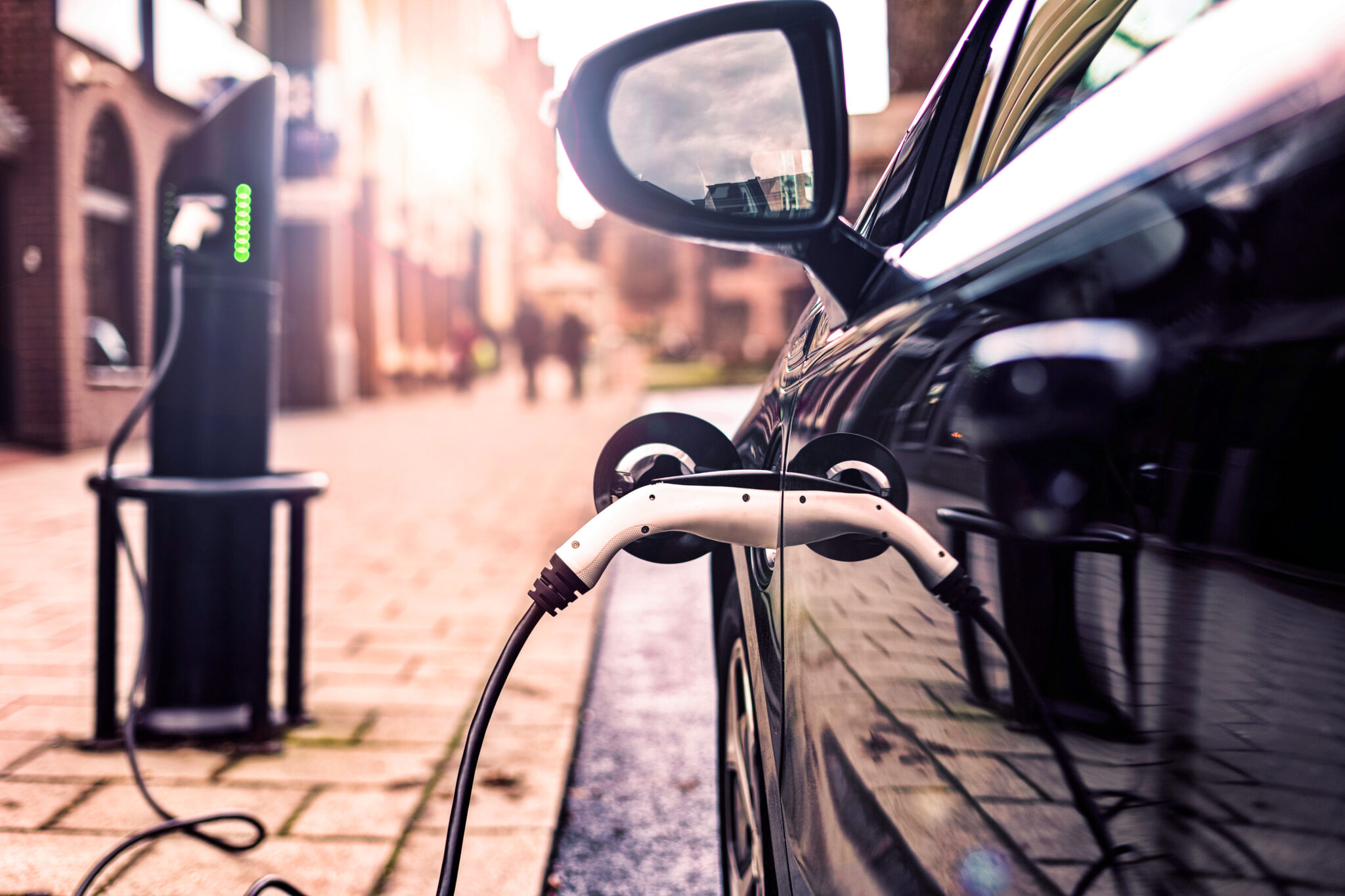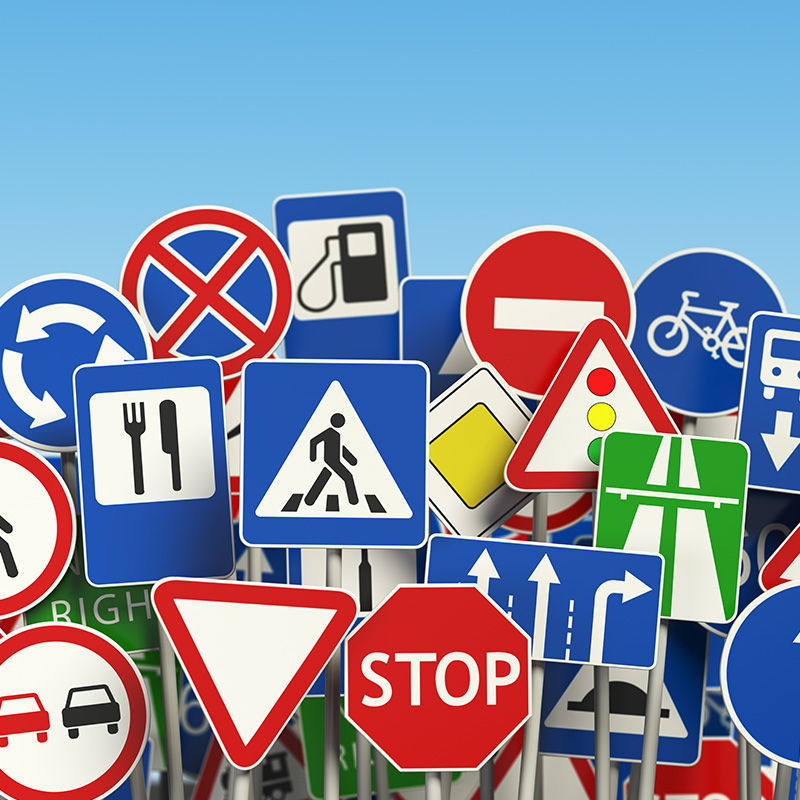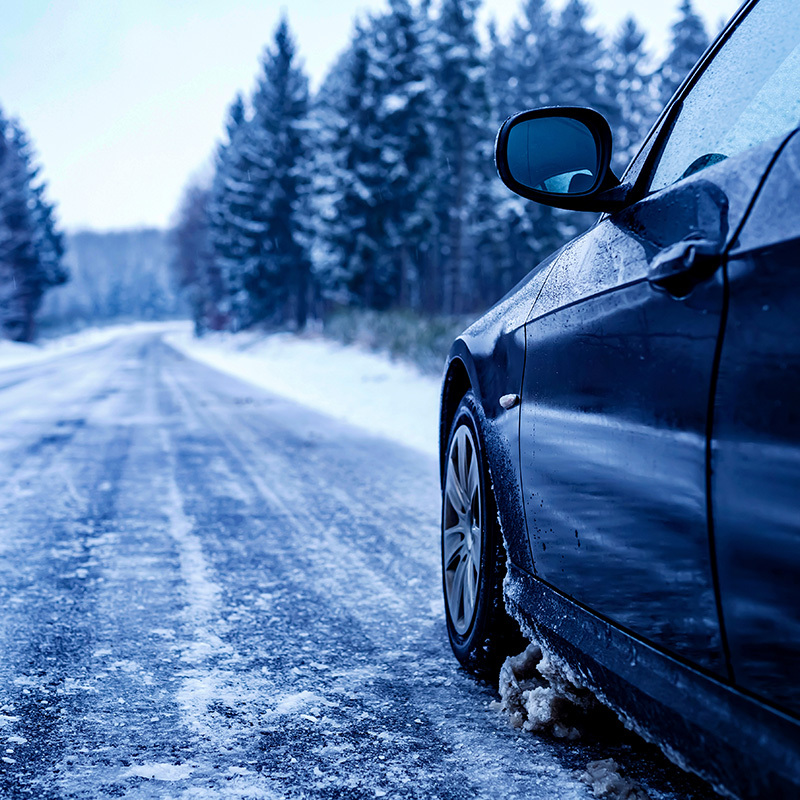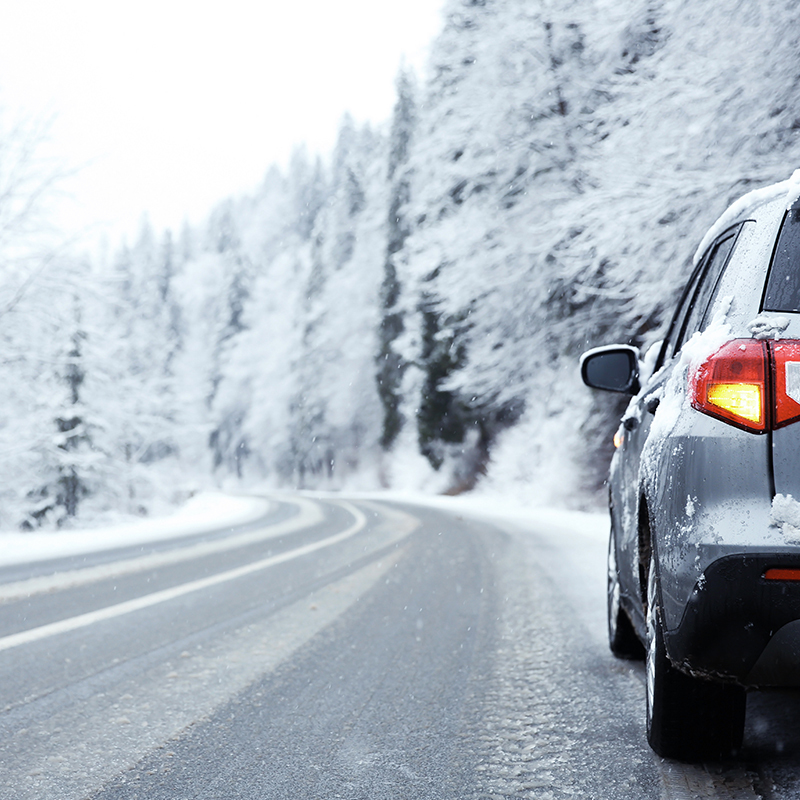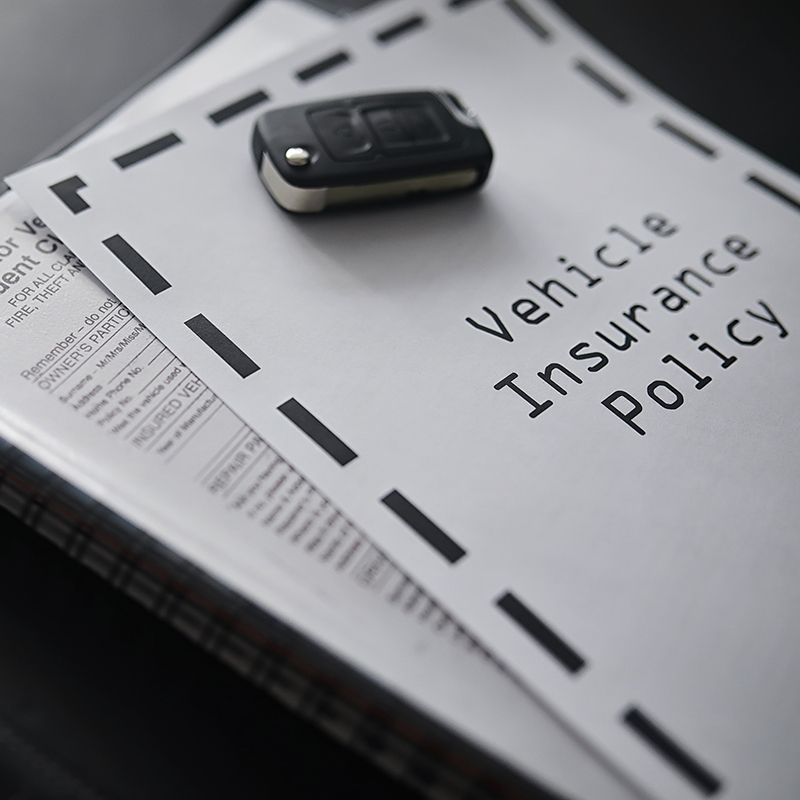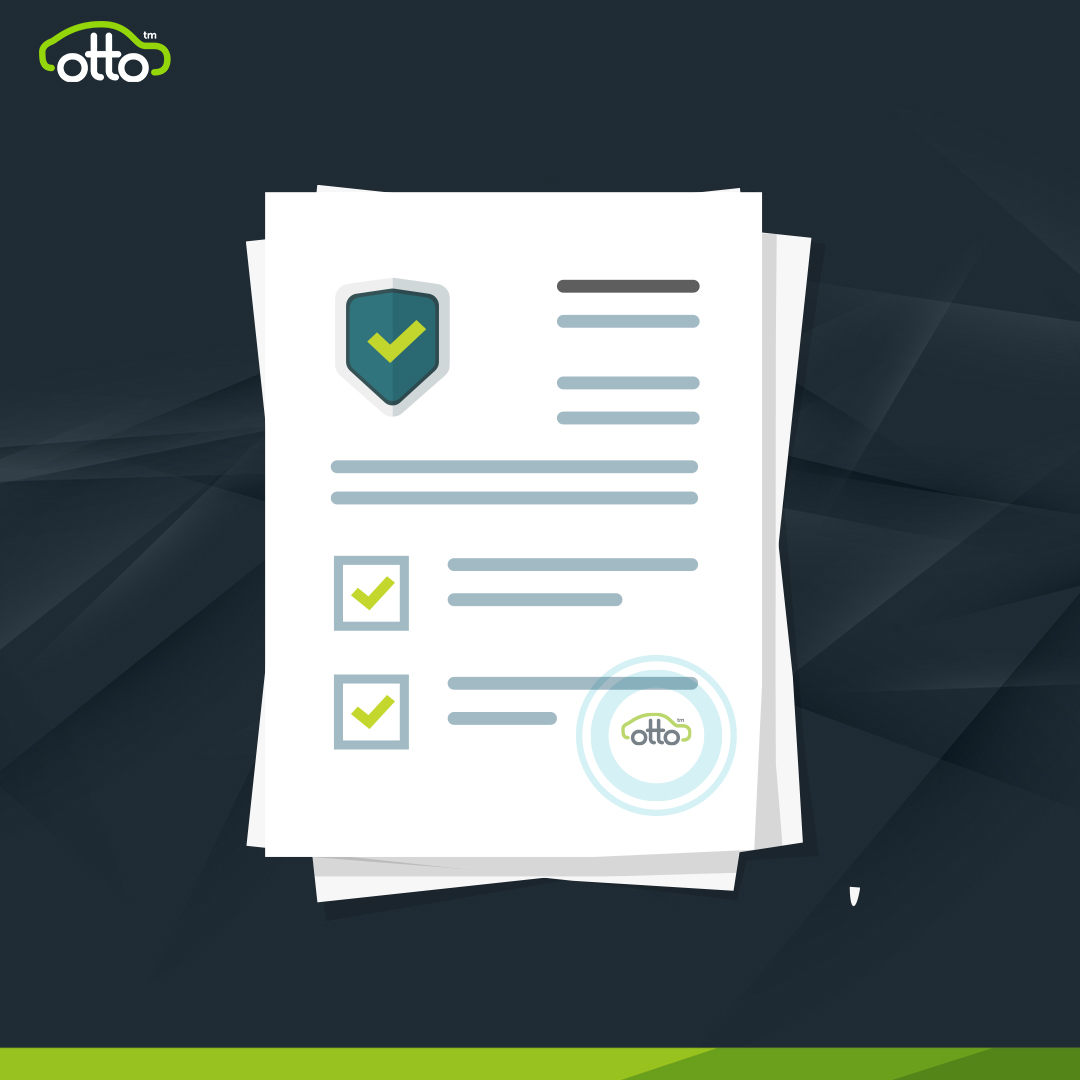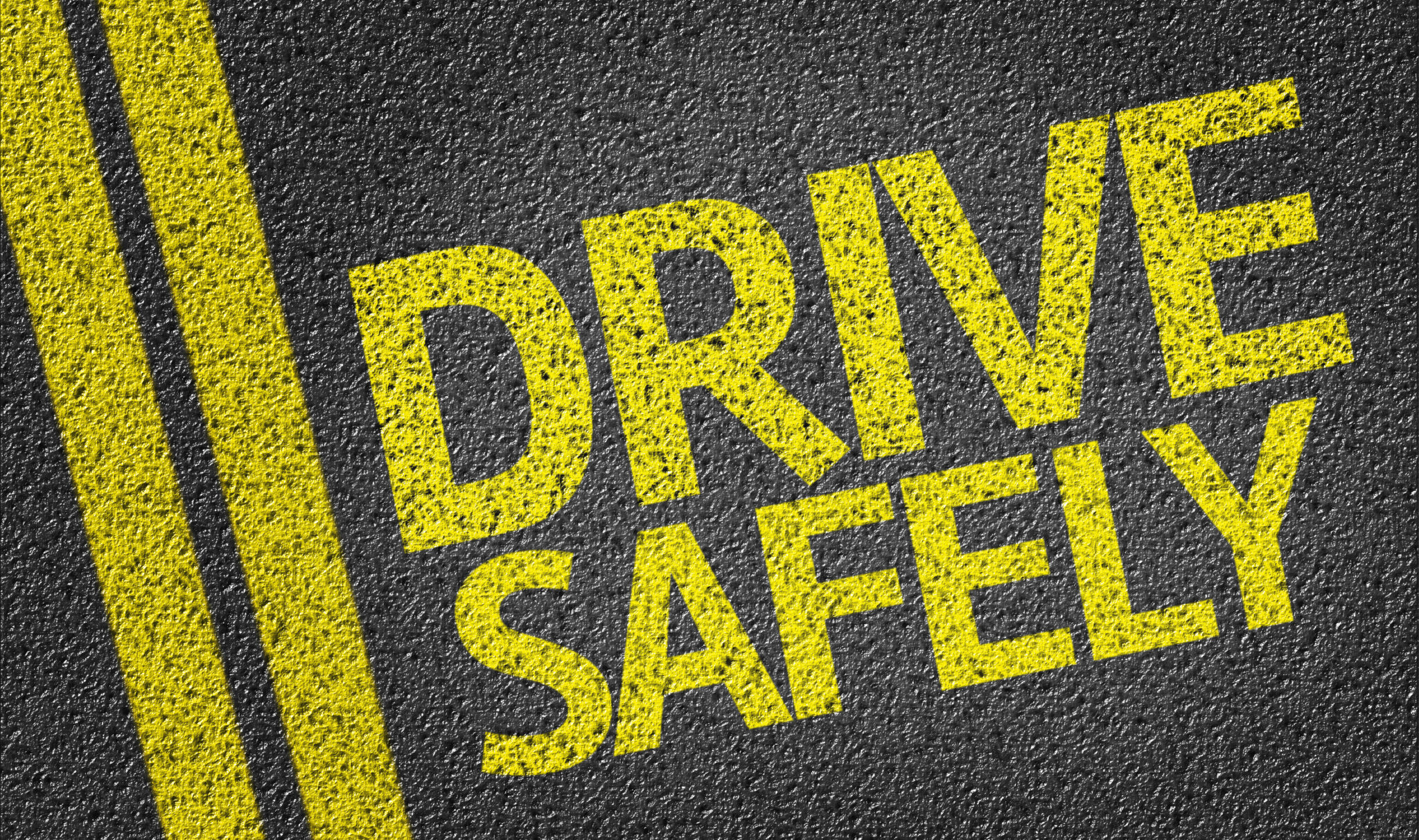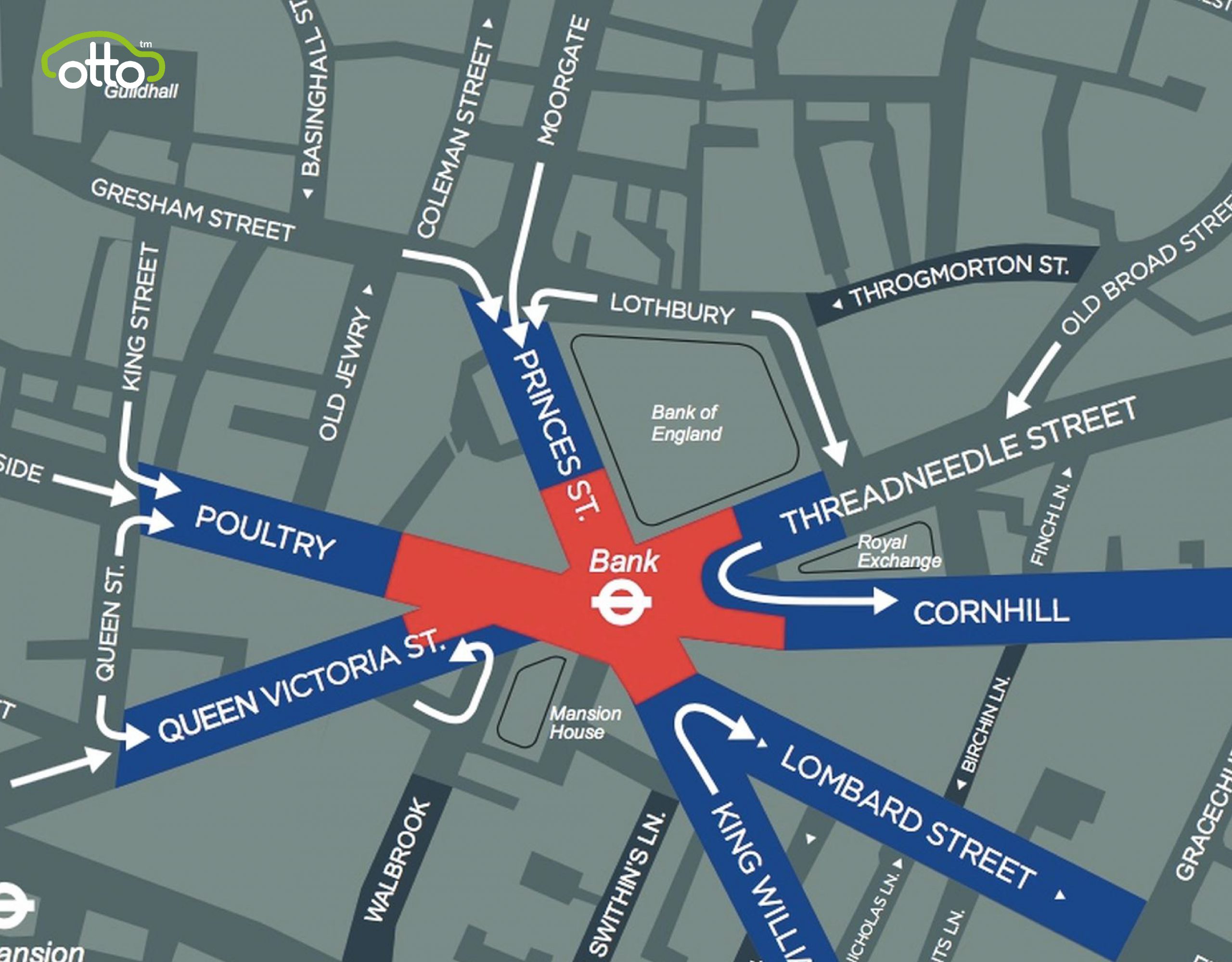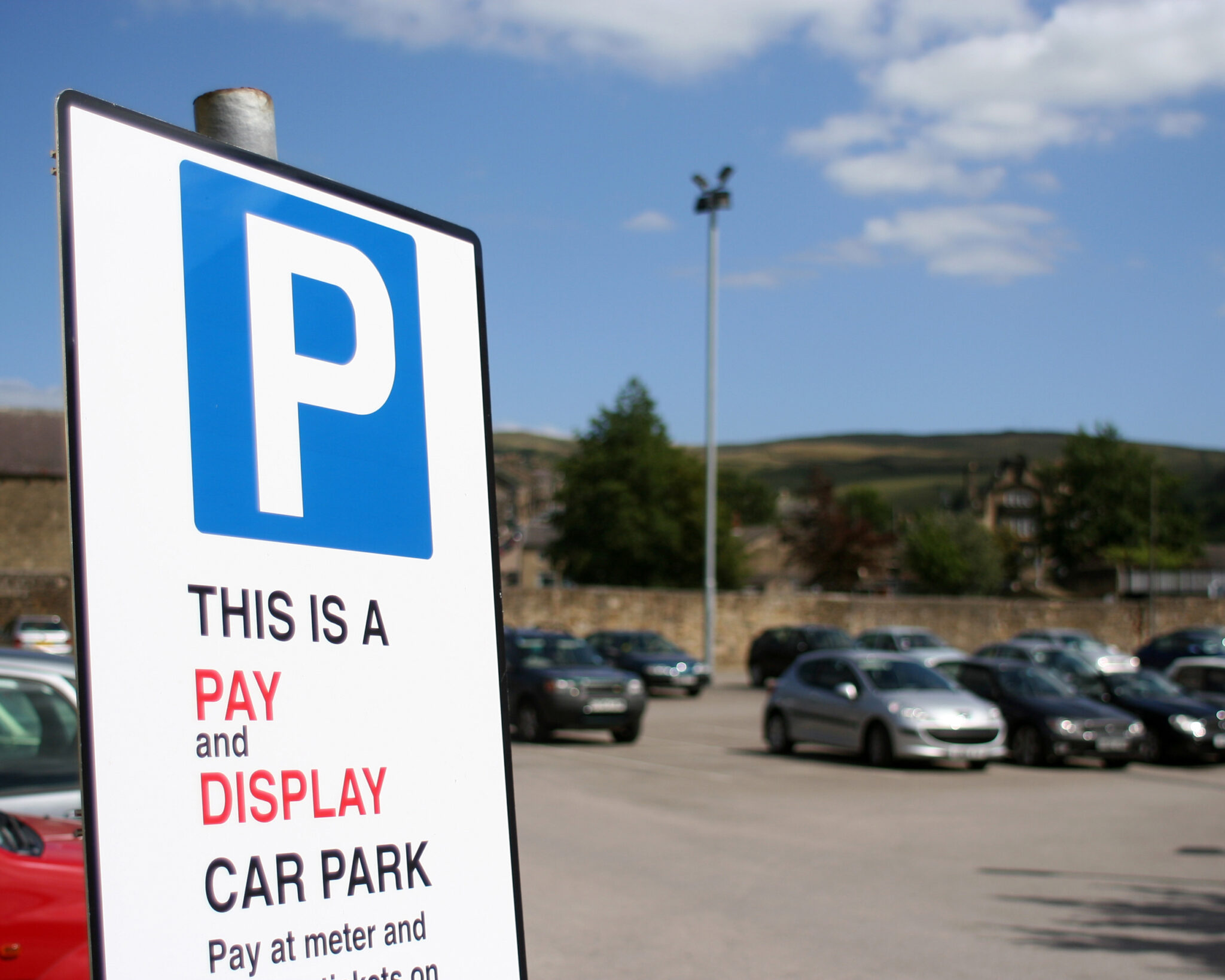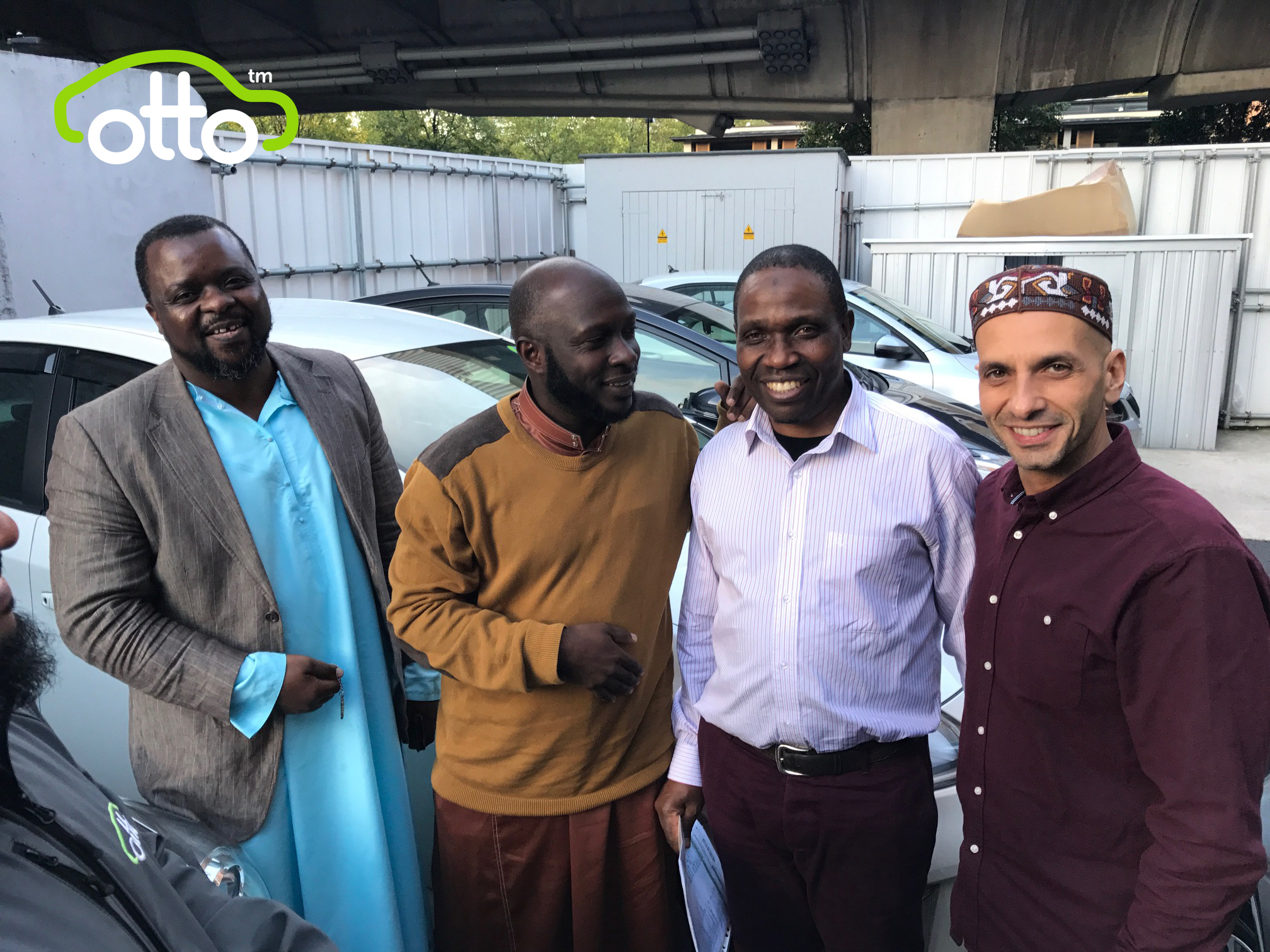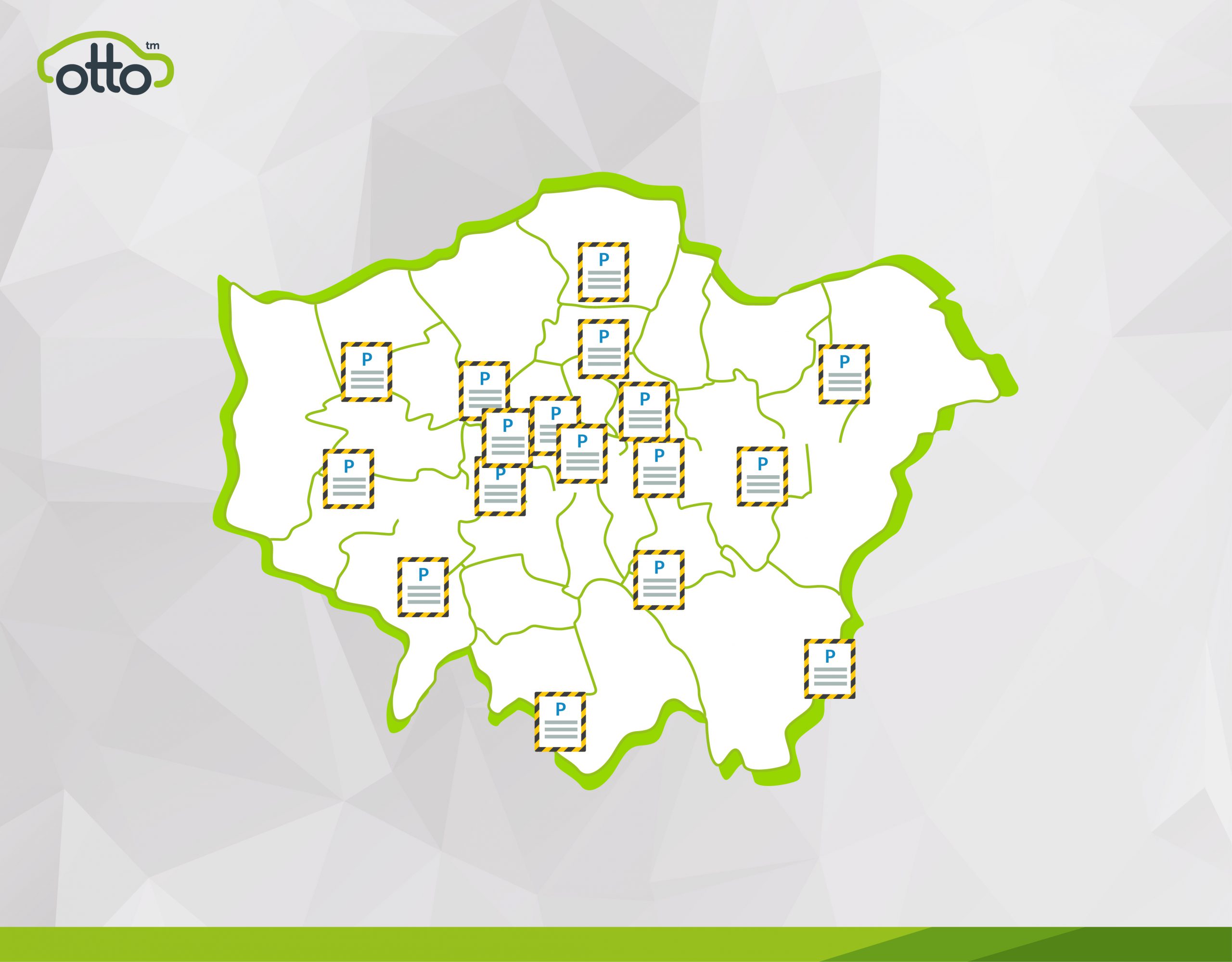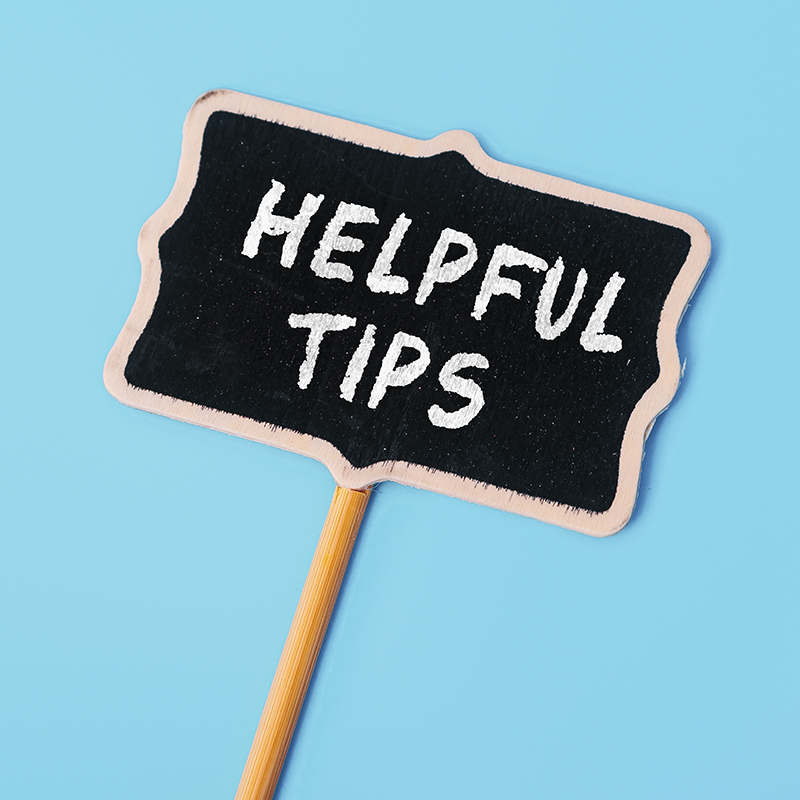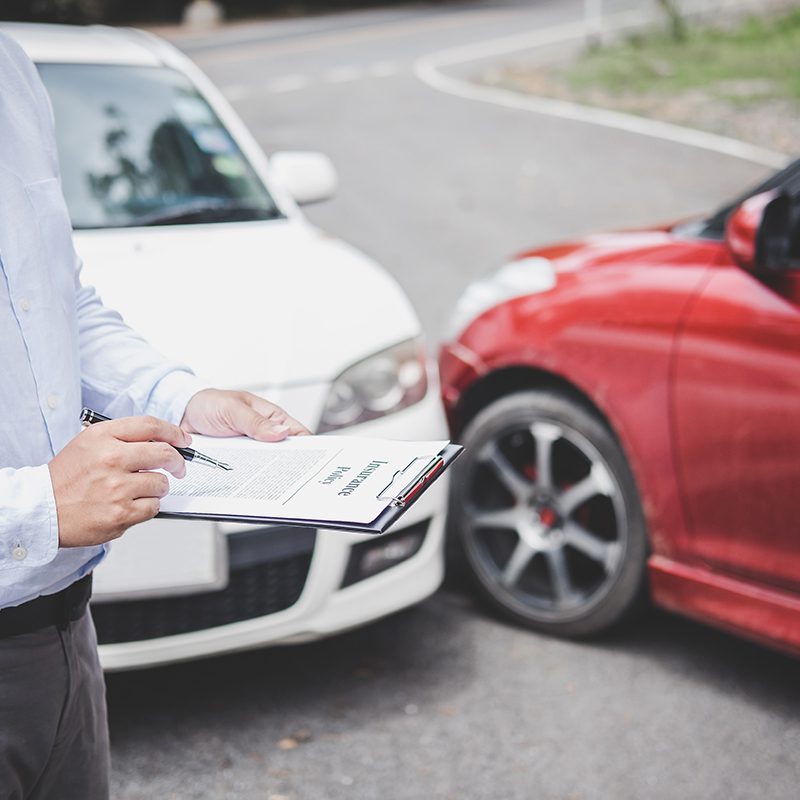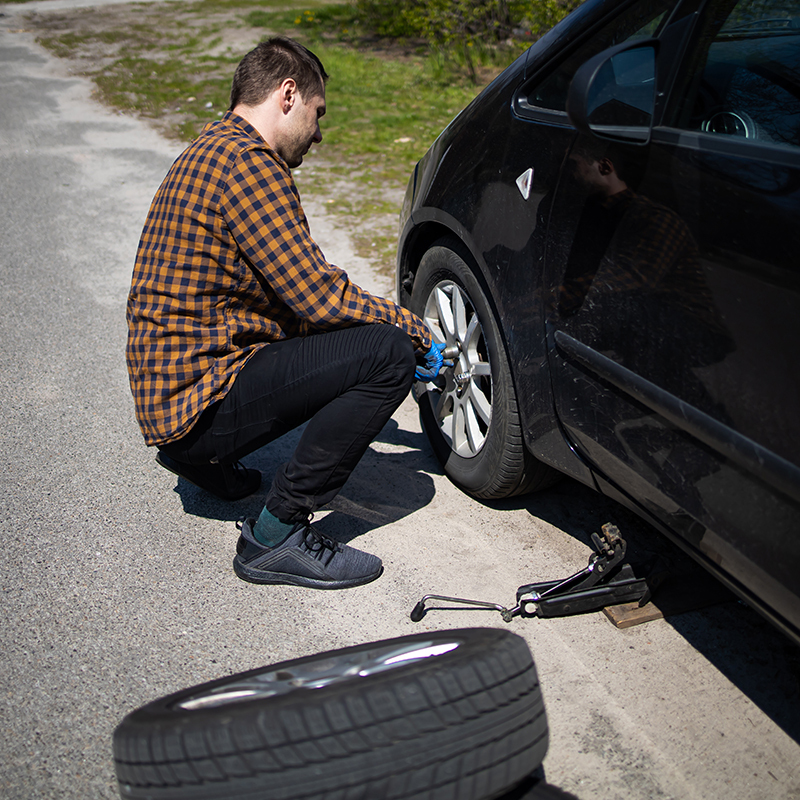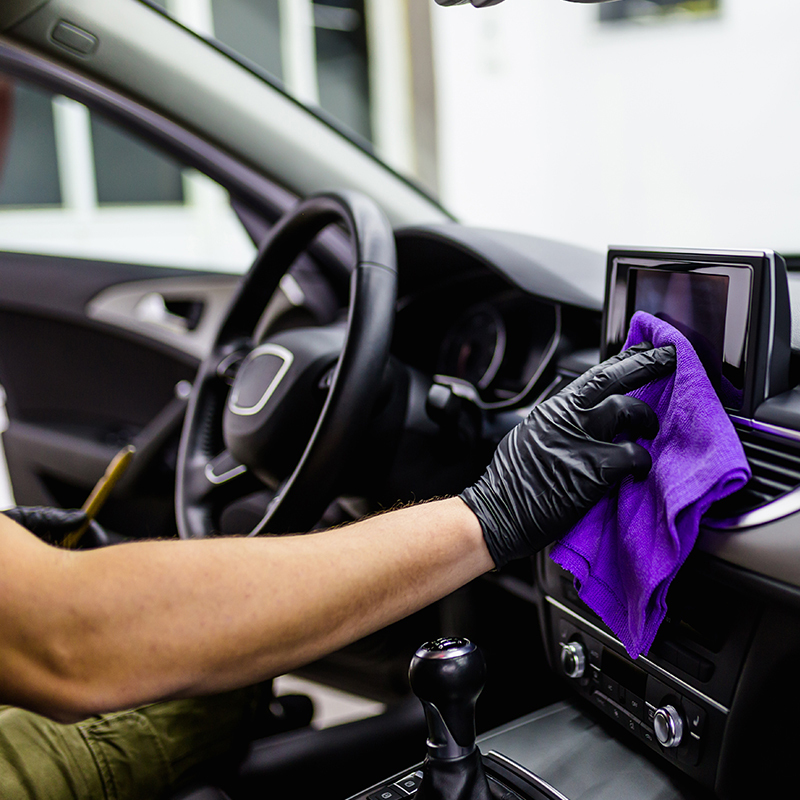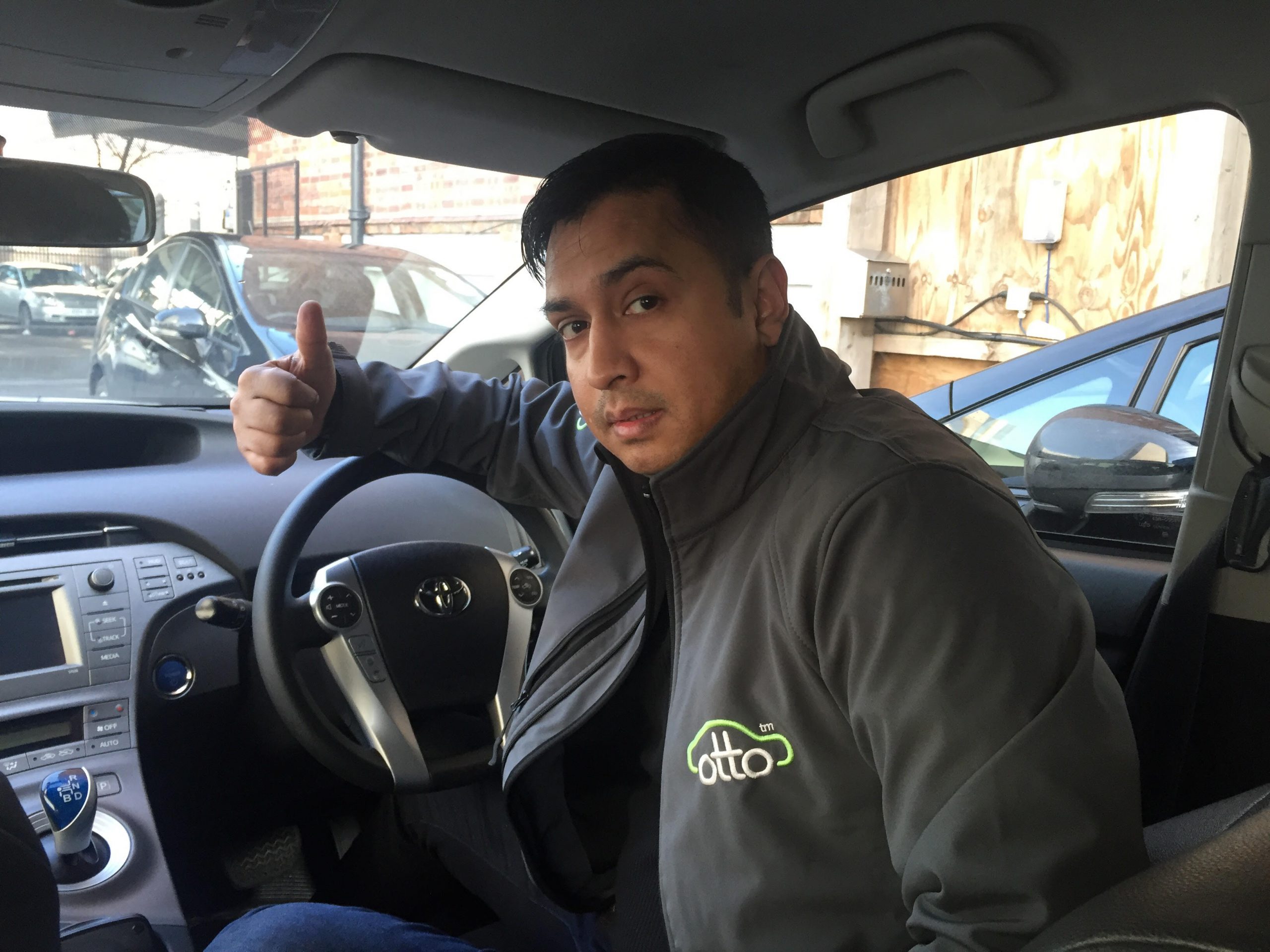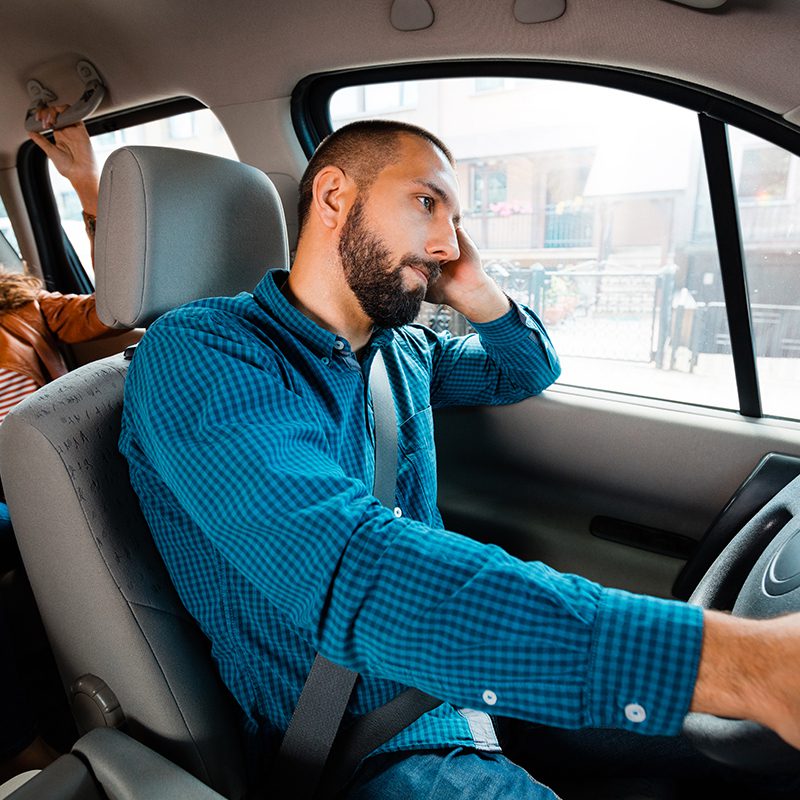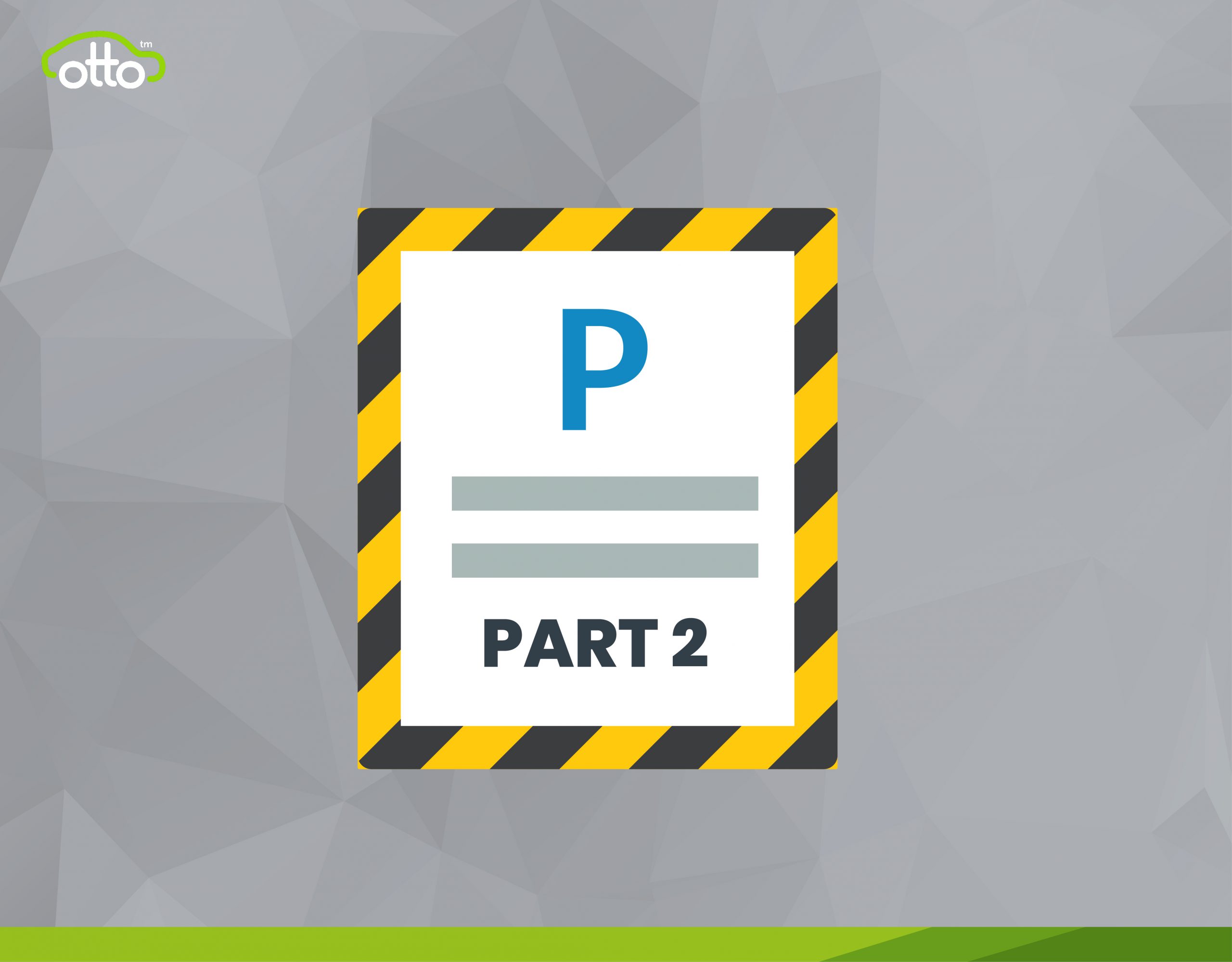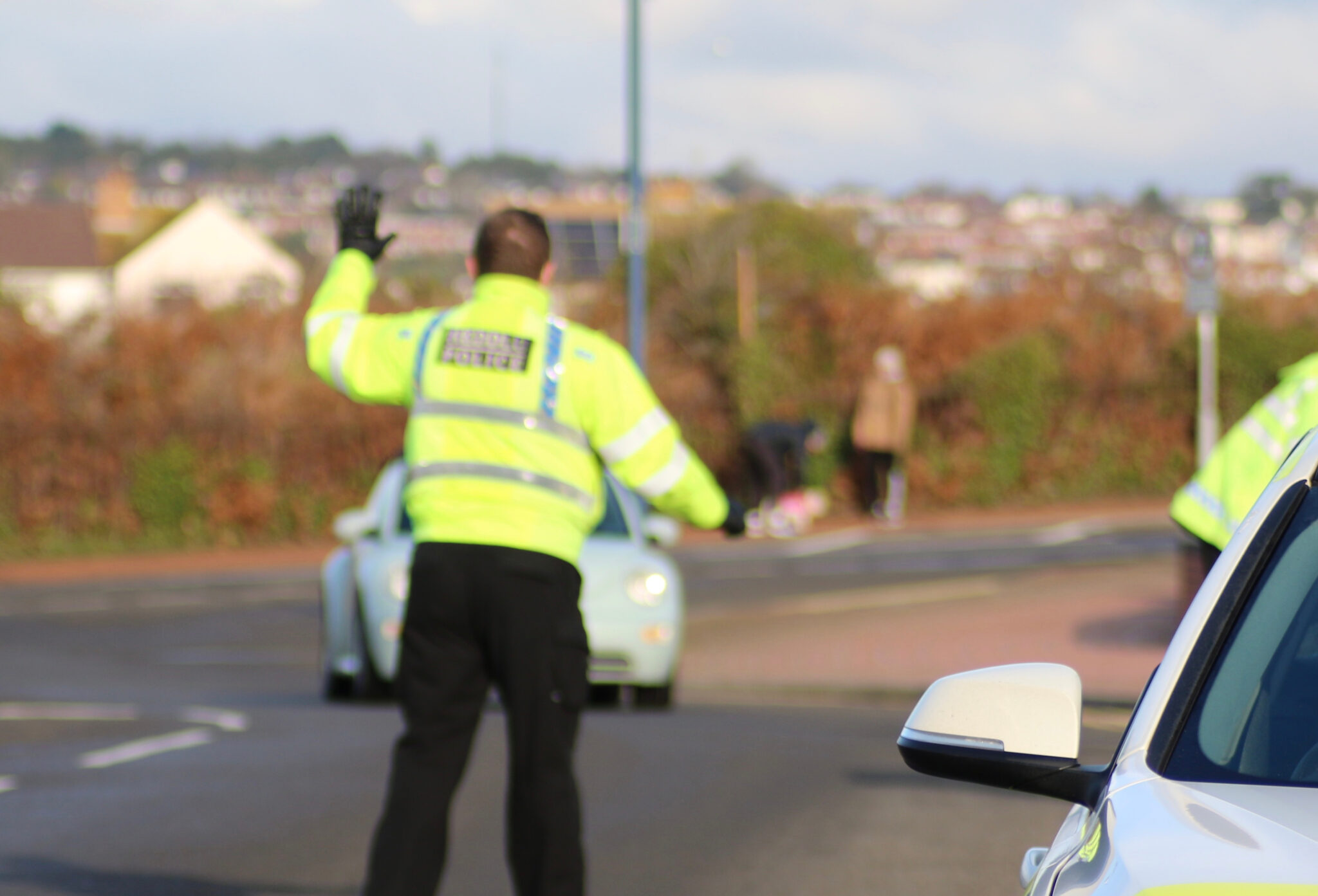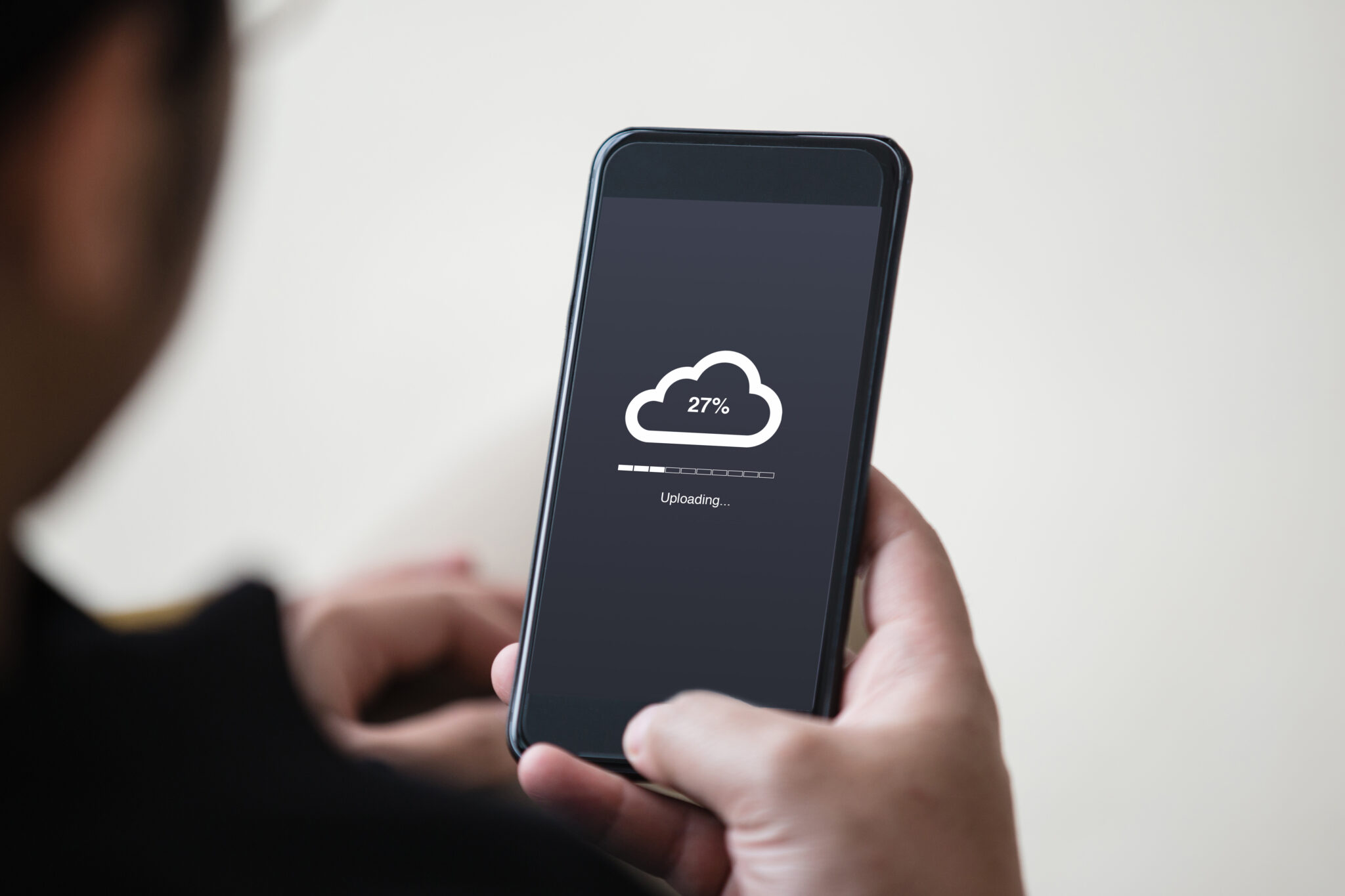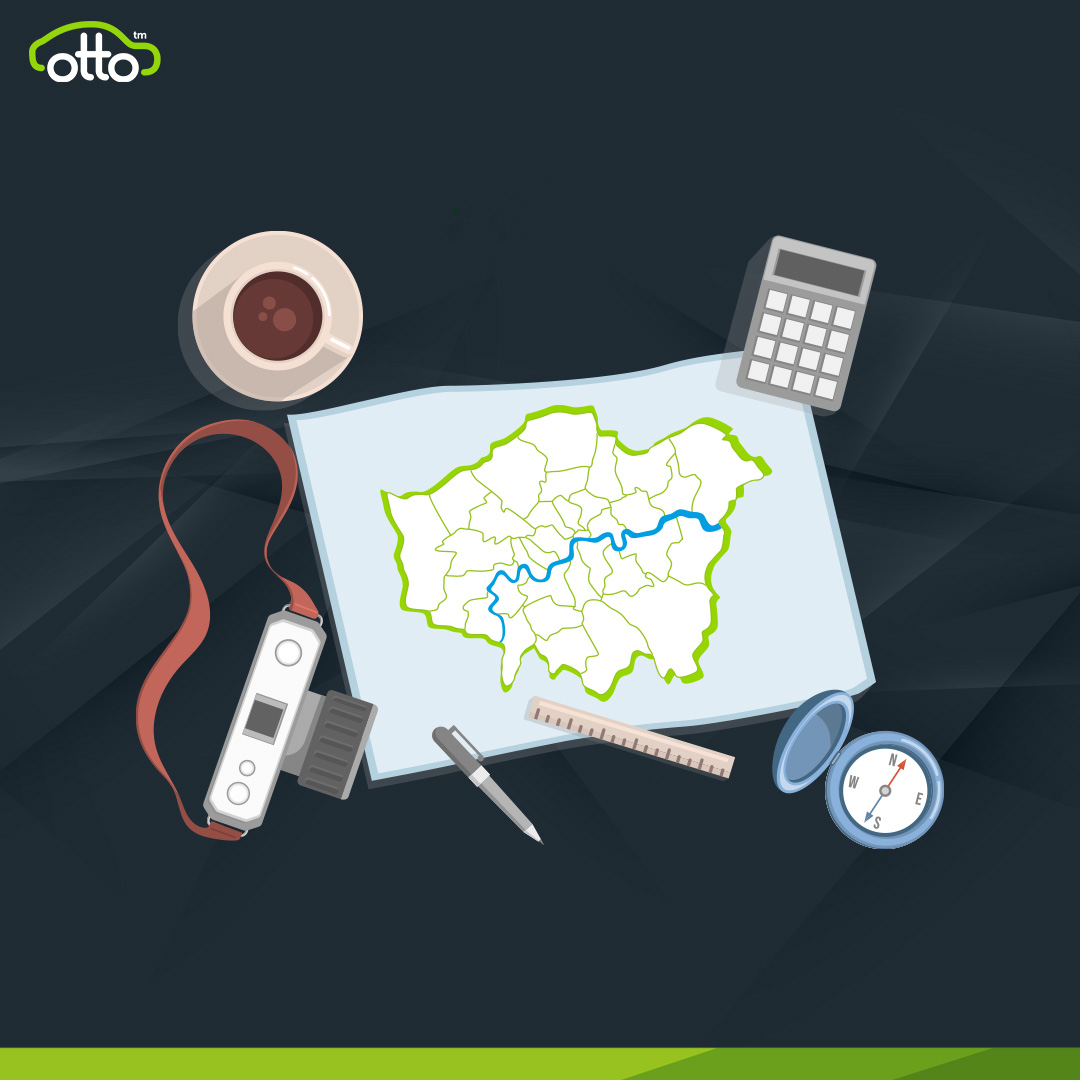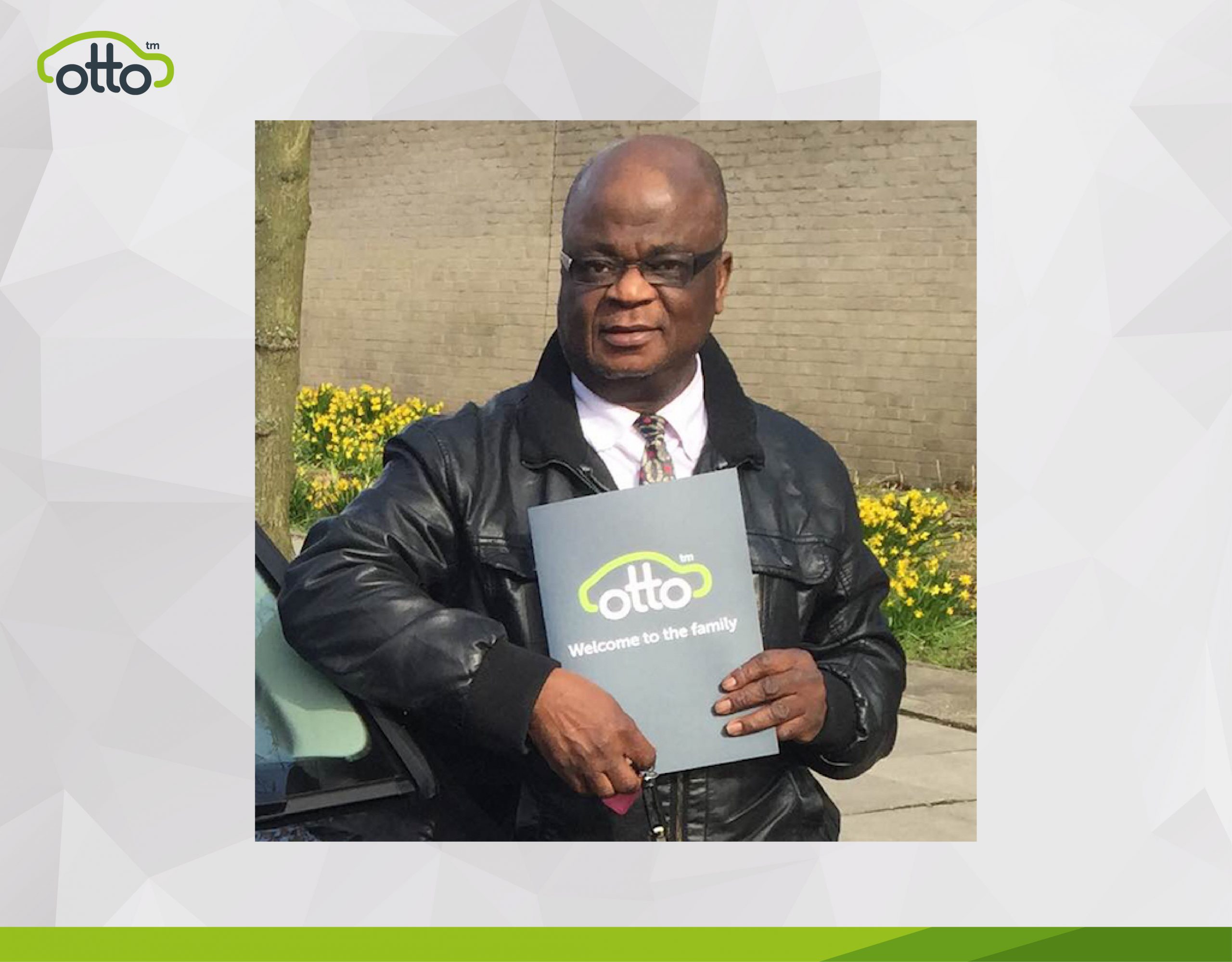FEATURED POST
The ultimate PCO driver guide to night time driving
- The Otto Team
- December 8, 2021
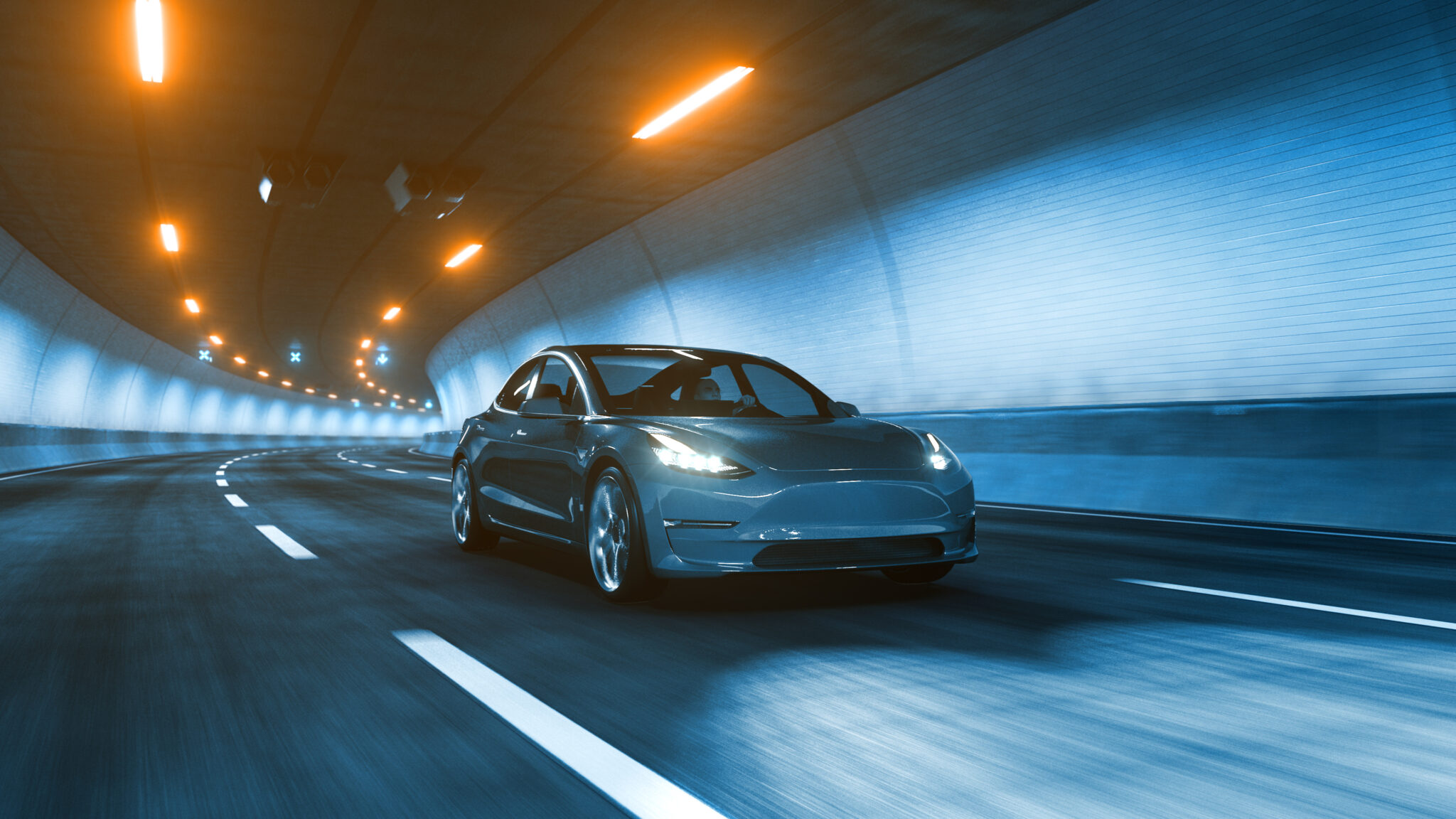
We all know that driving at night in London, especially on the weekends, can be the best time to make money. However there are also more risks involved due to low visibility and driver fatigue. We’ve done the numbers and unfortunately, accidents at night are on the rise and the Otto Team has put together some top tips to help you stay safe in the dark.
According to the Royal Society for the Prevention of Accidents (RoSPA), 40% of collisions occur during the night. The Department for Transport also stated that the largest number of road fatalities occur between 9pm and 4am. |
Dangers of driving at night
Before digging into our night time driving tips, we think it’d be helpful to begin with the risks of night time driving.
- Tiredness
When you’ve been driving your PCO vehicle for the whole day, sometimes it’s just too hard to stay focused. Drowsy driving can distract you from the road and slow down your reaction time, potentially causing serious accidents. And this is why we must stay awake and alert at all times behind the wheel.
- Vision and visibility
Vision is severely limited in the dark. In low-light conditions, our depth perception, colour recognition and peripheral vision are compromised even with the help of headlights and street lights. Trust me, we’ve all been there.
- Ice and frost
Freezing weather makes driving conditions more risky with black ice in the early morning and evening. Black ice is almost invisible, and you usually find yourself on a slippery road unprepared.
Check out our articles about how to deal with black ice and winter driving tips.
- Speeding
It may seem to be tempting to drive faster to finish your job and start a new one, especially when you have an open road with fewer people around at night. Unfortunately the faster we drive, the less time we have to spot and react to potential hazards ahead.
- Rush hour
Roads get busy on Friday nights through the weekend. We know these can often be the best times for PCO drivers, but it’s also a dangerous time to drive because of the crowded roads and impatient drivers.
- Passengers and pedestrians
As a PCO driver who works at night, you might have to share the roads with drunk passengers and pedestrians. They may shout and sing while you are driving, which can be distracting and make it difficult for you to concentrate on the road.
Top tips for driving safe at night
- Combat tiredness
Drowsy driving can be as dangerous as drunk driving. Even if we fall asleep for just one second, we can pose a threat to ourselves and our passengers. When you have difficulty keeping your eyes open, or you yawn repeatedly, maybe it’s time for you to stop picking up new jobs and take a break.
Here are some more easy ways to stay awake while driving:
✅ Get 7+ hours of sleep
✅ Stop every 2 hours to rest
✅ Stay hydrated
✅ Get a cup of coffee/chew gum
✅ Keep the windows down to let in fresh air
What’s your personal favourite?
- Use your lights properly
As a PCO driver, you already know it’s illegal to drive without fully functioning lights. It’s also significant to turn on the lights when necessary — and check if they are working properly. Use high beam lights only when you are unable to see the road ahead with no vehicles nearby. Fog lights should be used only when visibility is reduced to 100 meters or below. You may also want to look away from oncoming lights to avoid glare.
- Clean your windows and mirrors
Private hire customers love clean cars for sure. And wiping your windows and mirrors down regularly can make sure you have good visibility at night. Now that’s a win-win!
- Drop your speed
There is no excuse for speeding. Pay attention to the road signs if you are driving to unfamiliar places. Be prepared to slow down, as you need more time and space to judge speed and distance at night.
- Be a defensive driver
Last but not least, defensive driving is crucial when talking about night time driving. Being a defensive driver generally means using driving techniques to drive smoothly and make your passengers feel comfortable and safe. Some common strategies include keeping a safe distance between cars, checking the mirrors regularly, and reducing driving distractions like mobile phones.
Drive safe!
Want to learn more?
Vestibulum nec scelerisque mauris,eget finibus justo. Vivamus metus justo, semper vel facilisis quis, scelerisque ut libero. Aenean eget porttitor nisi. Lorem ipsum dolor sit amet, consectetur adipiscing elit. Vestibulum nec scelerisque mauris,eget finibus justo. Aenean eget porttitor nisi. Lorem ipsum dolor sit amet, consectetur adipiscing elit. Vestibulum nec scelerisque mauris,eget finibus justo. Vivamus metus justo, semper vel facilisis quis, scelerisque ut libero. Aenean eget porttitor nisi. Lorem ipsum dolor sit amet, consectetur adipiscing elit. Vestibulum nec scelerisque mauris,eget finibus justo. Aenean eget porttitor nisi. Lorem ipsum dolor sit amet, consectetur adipiscing elit.



